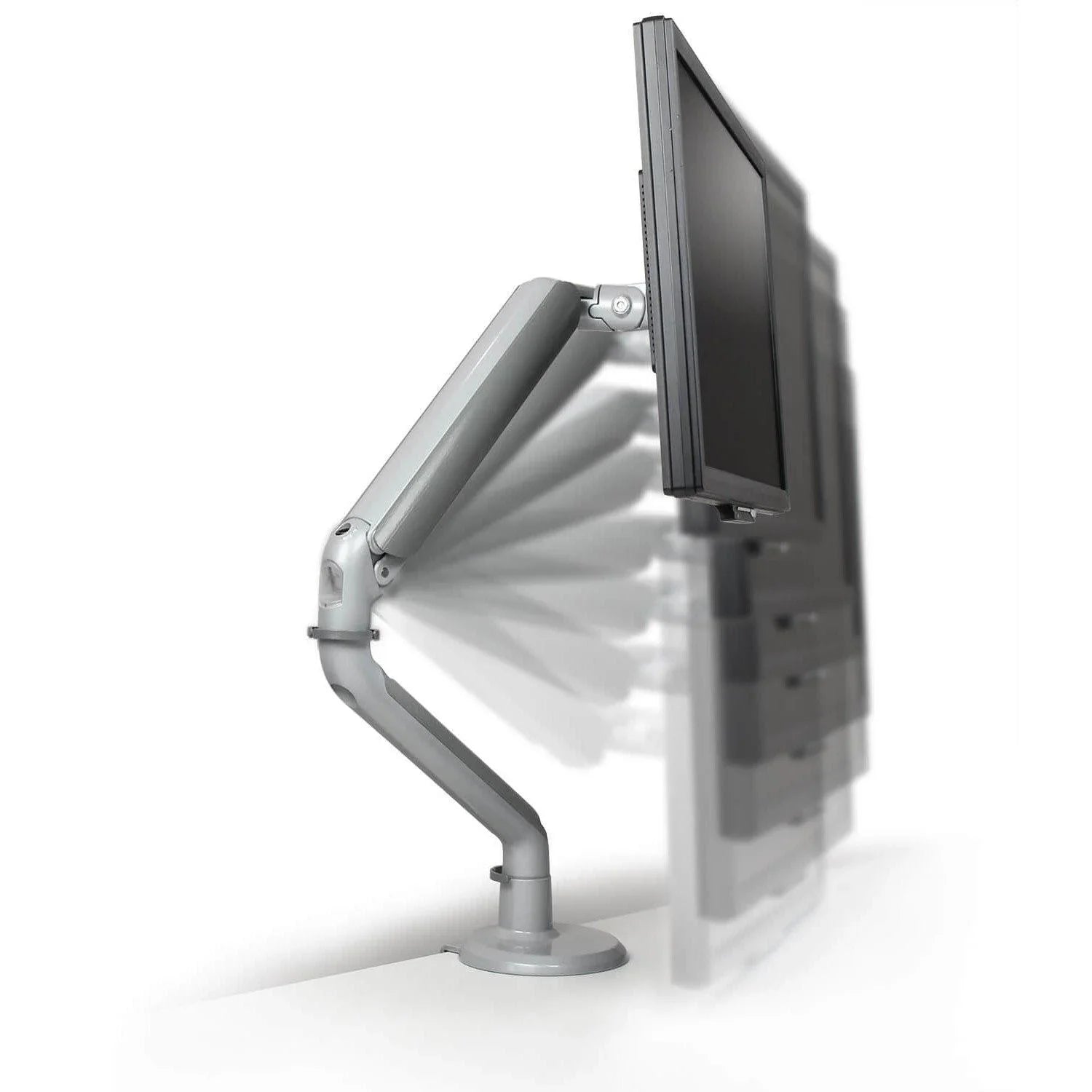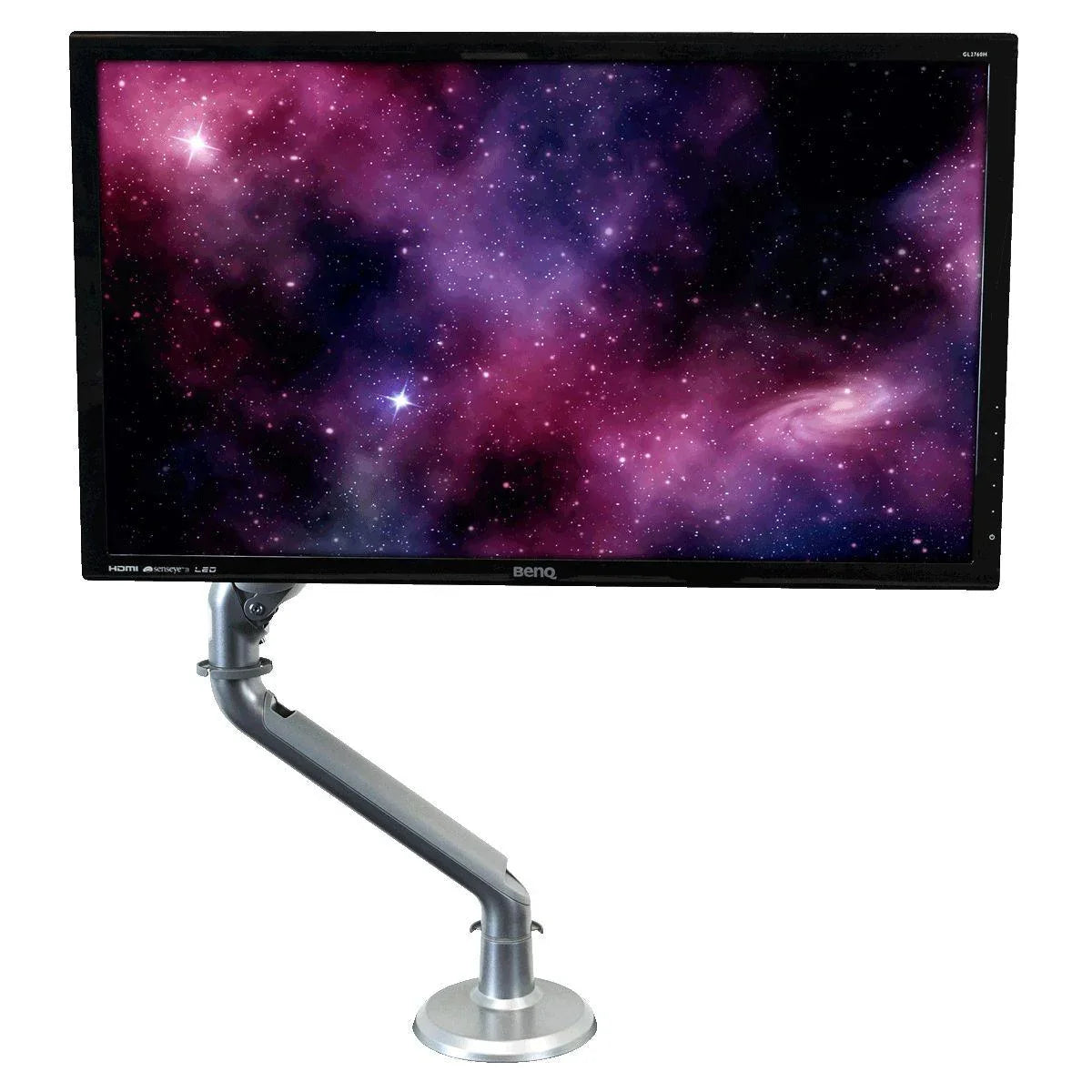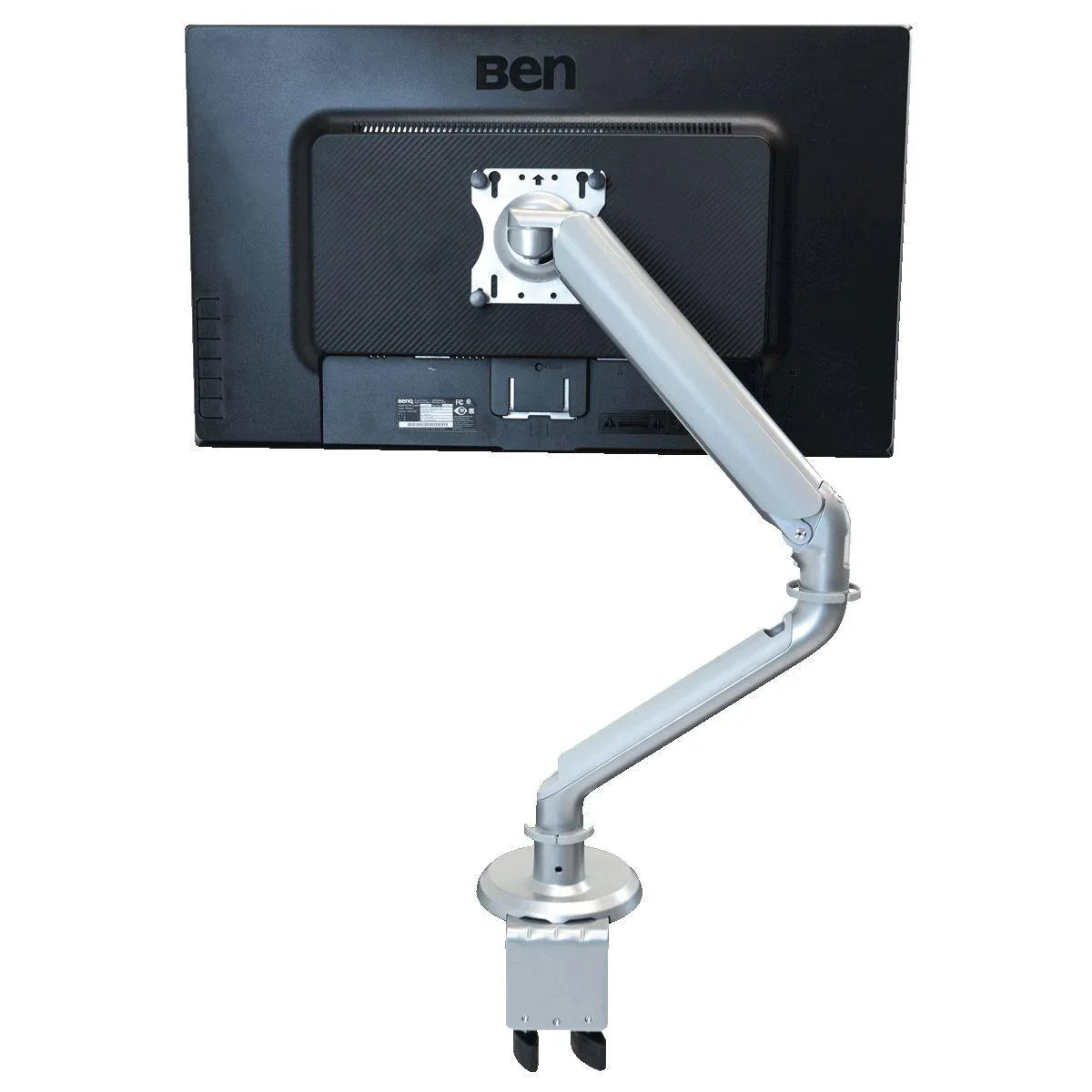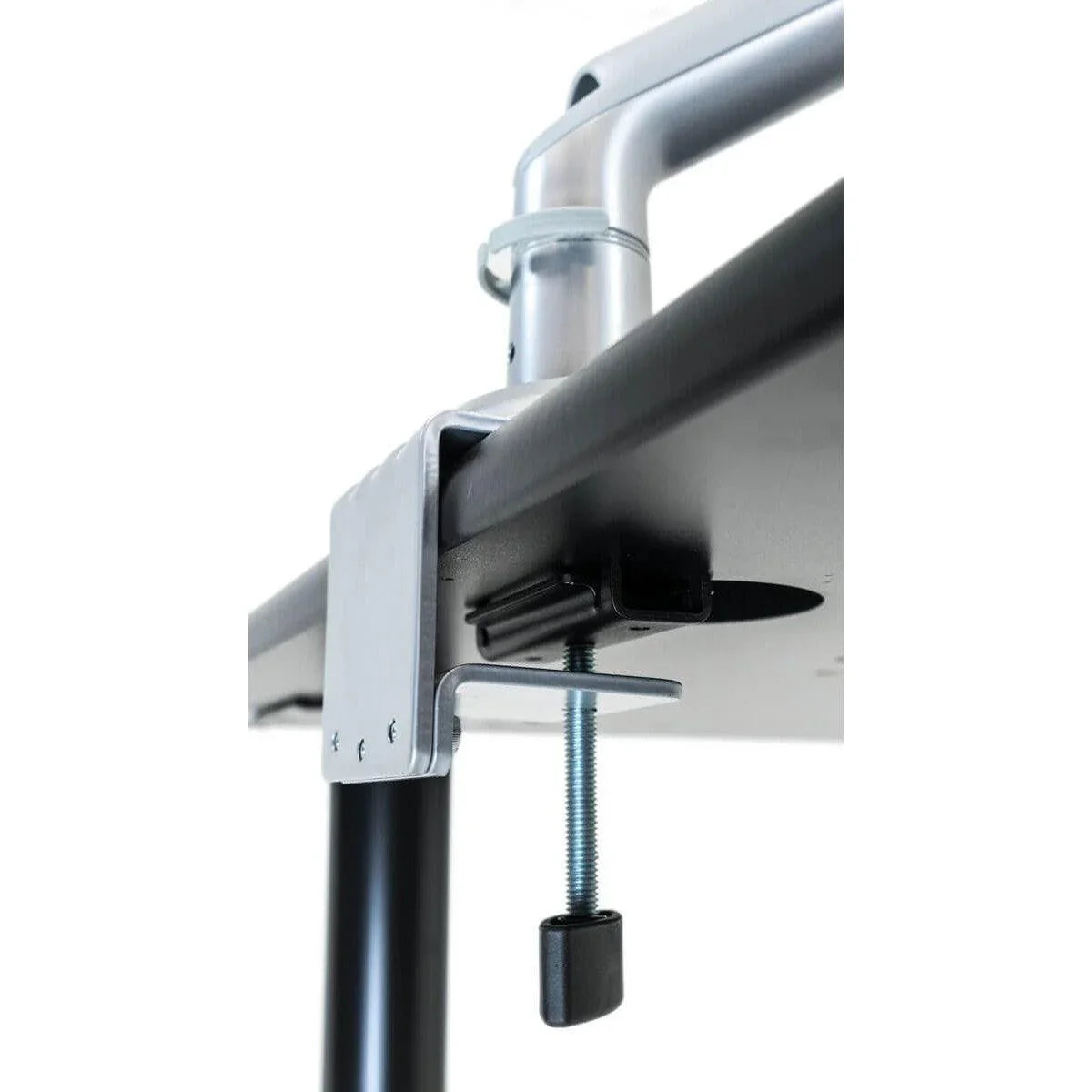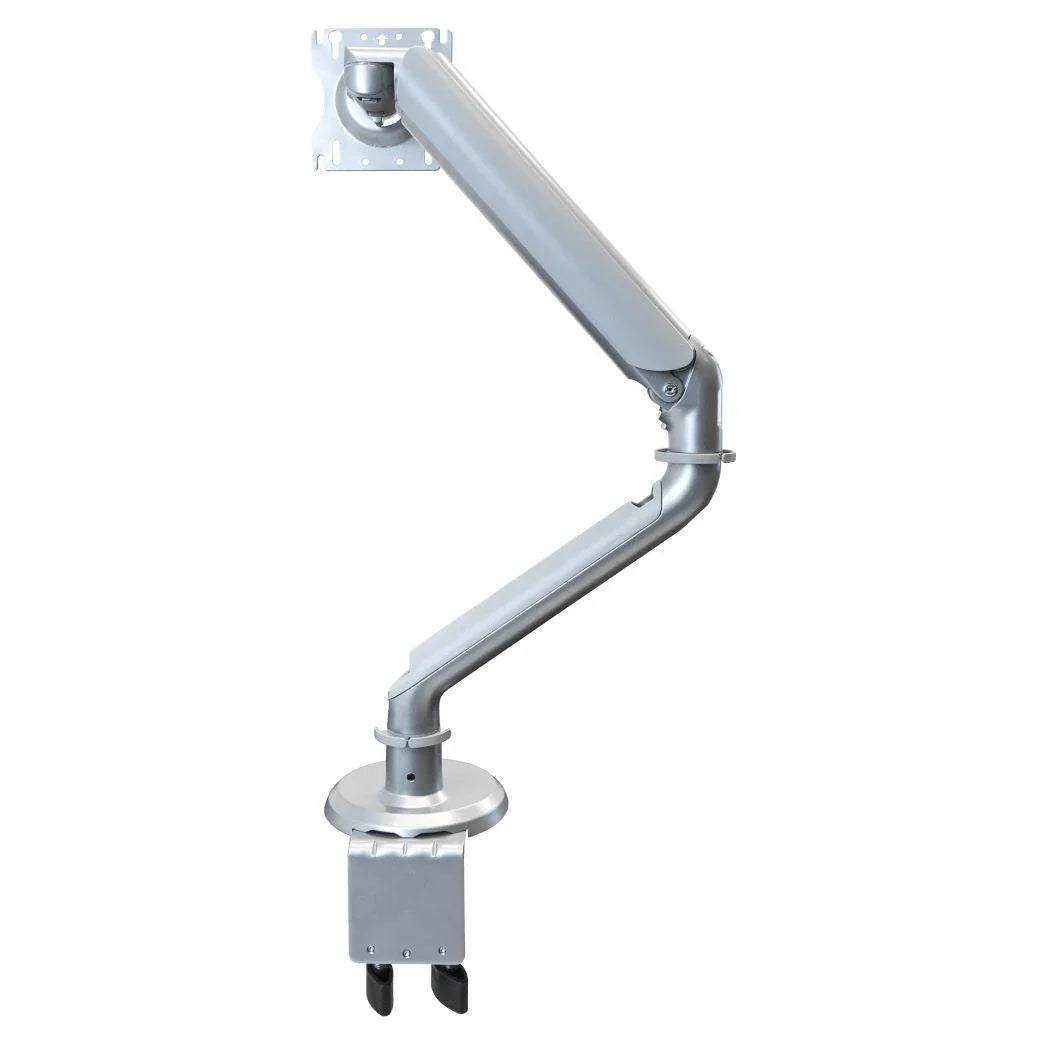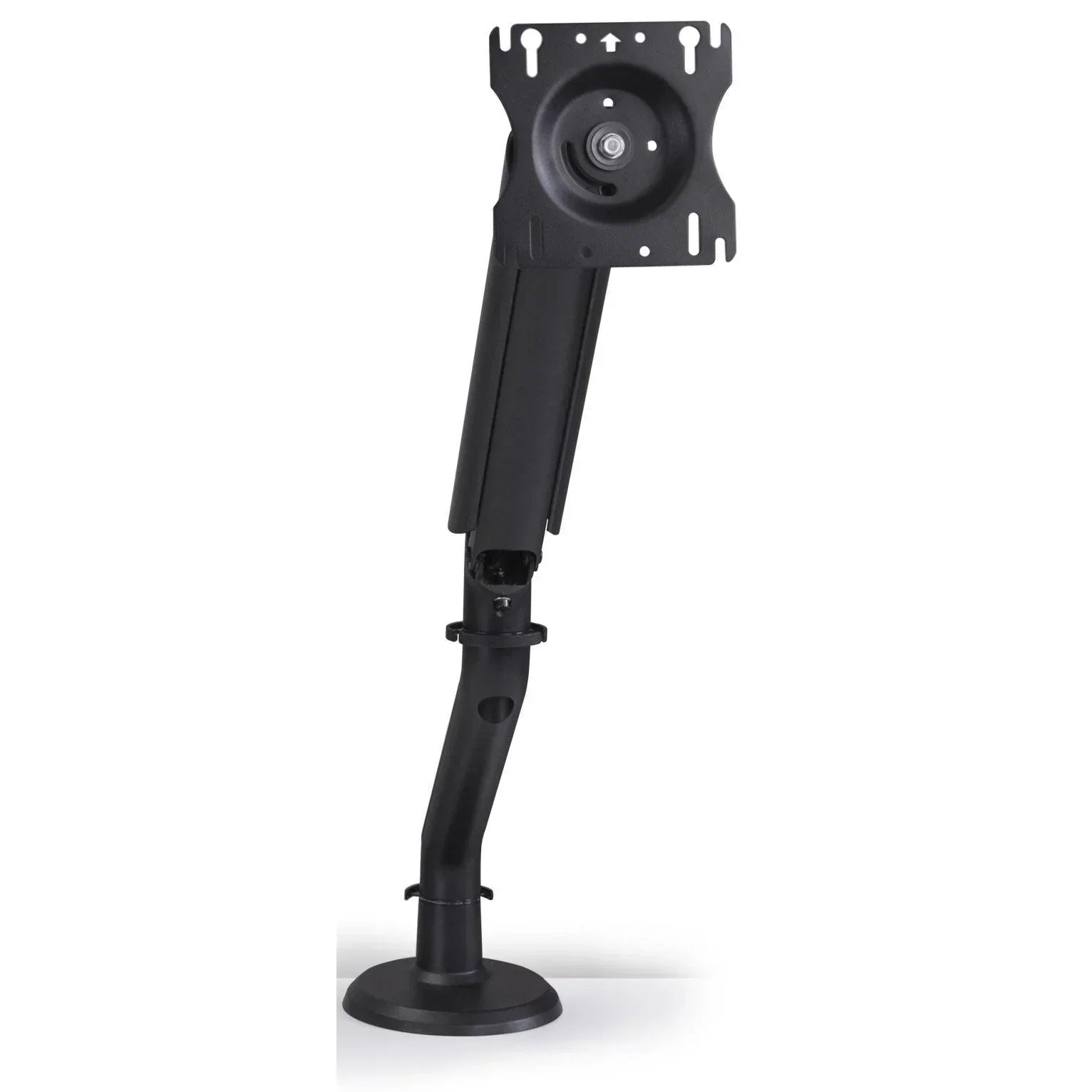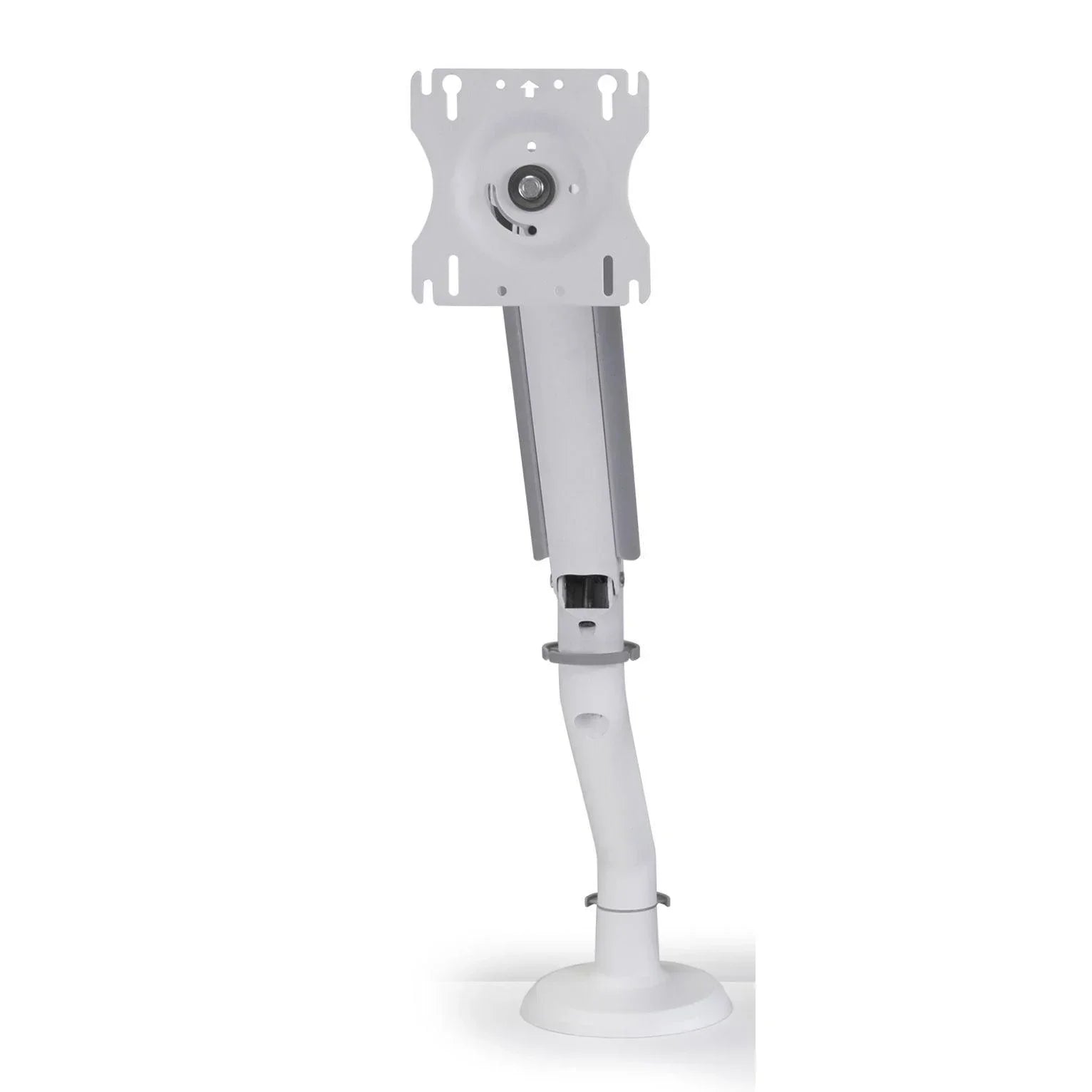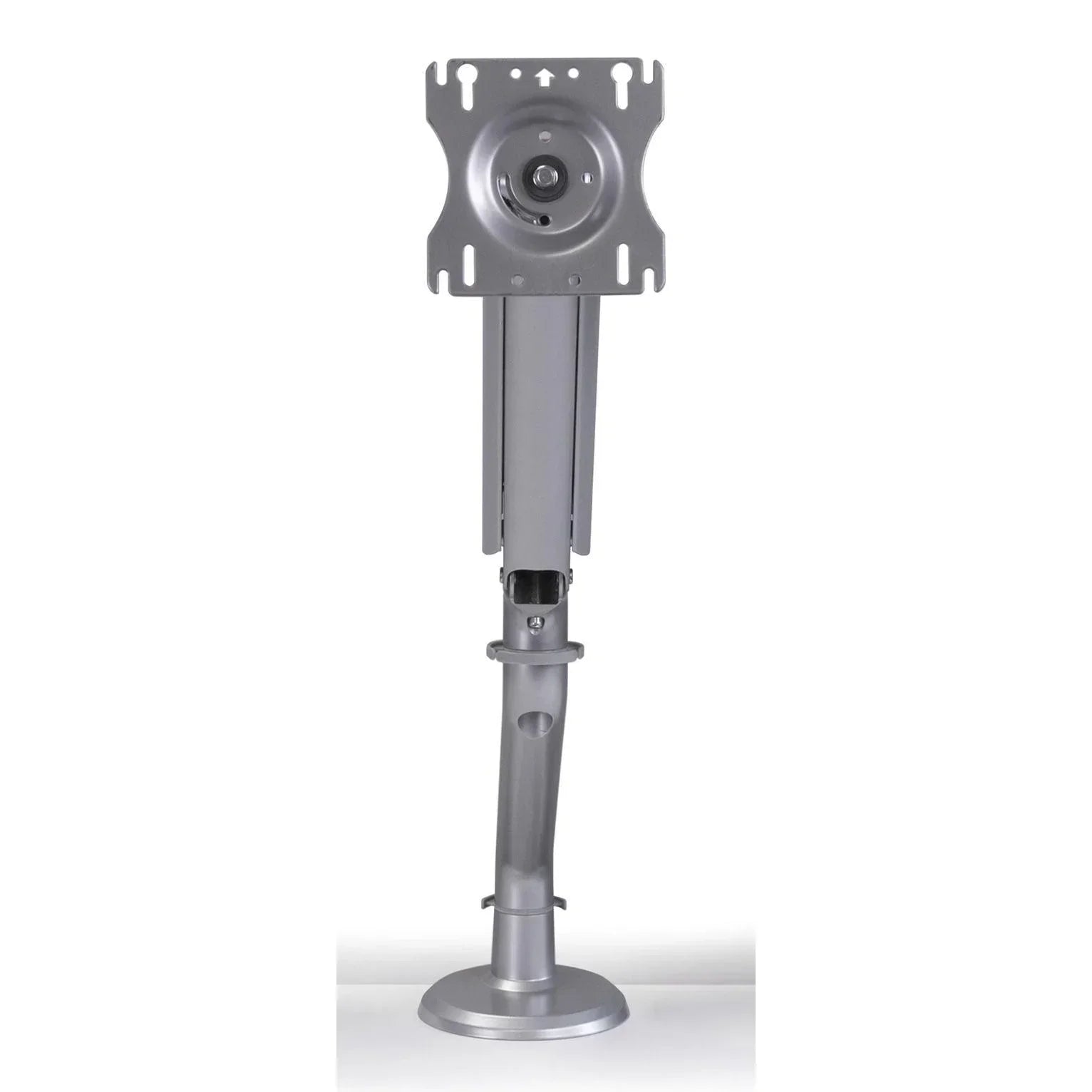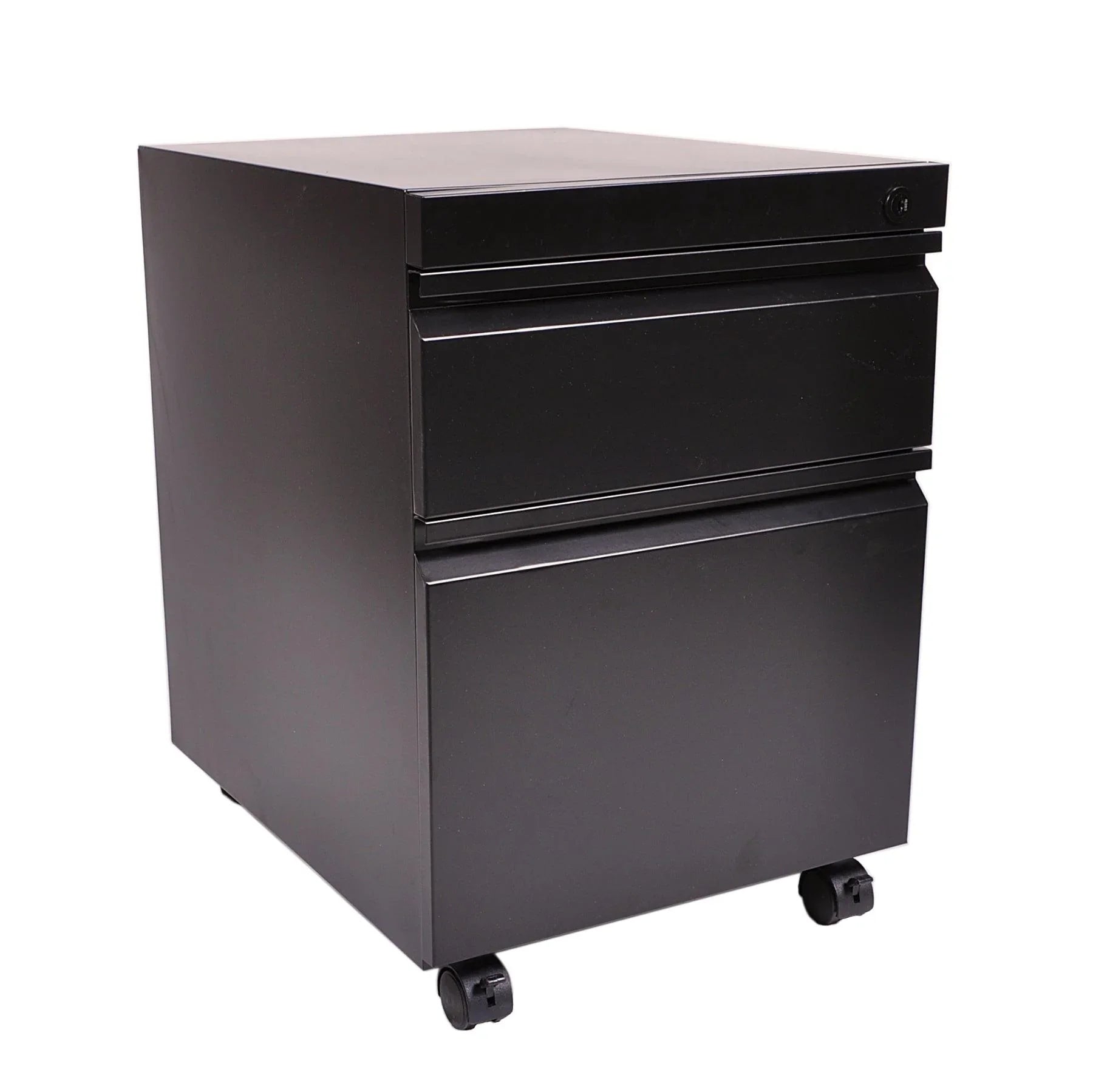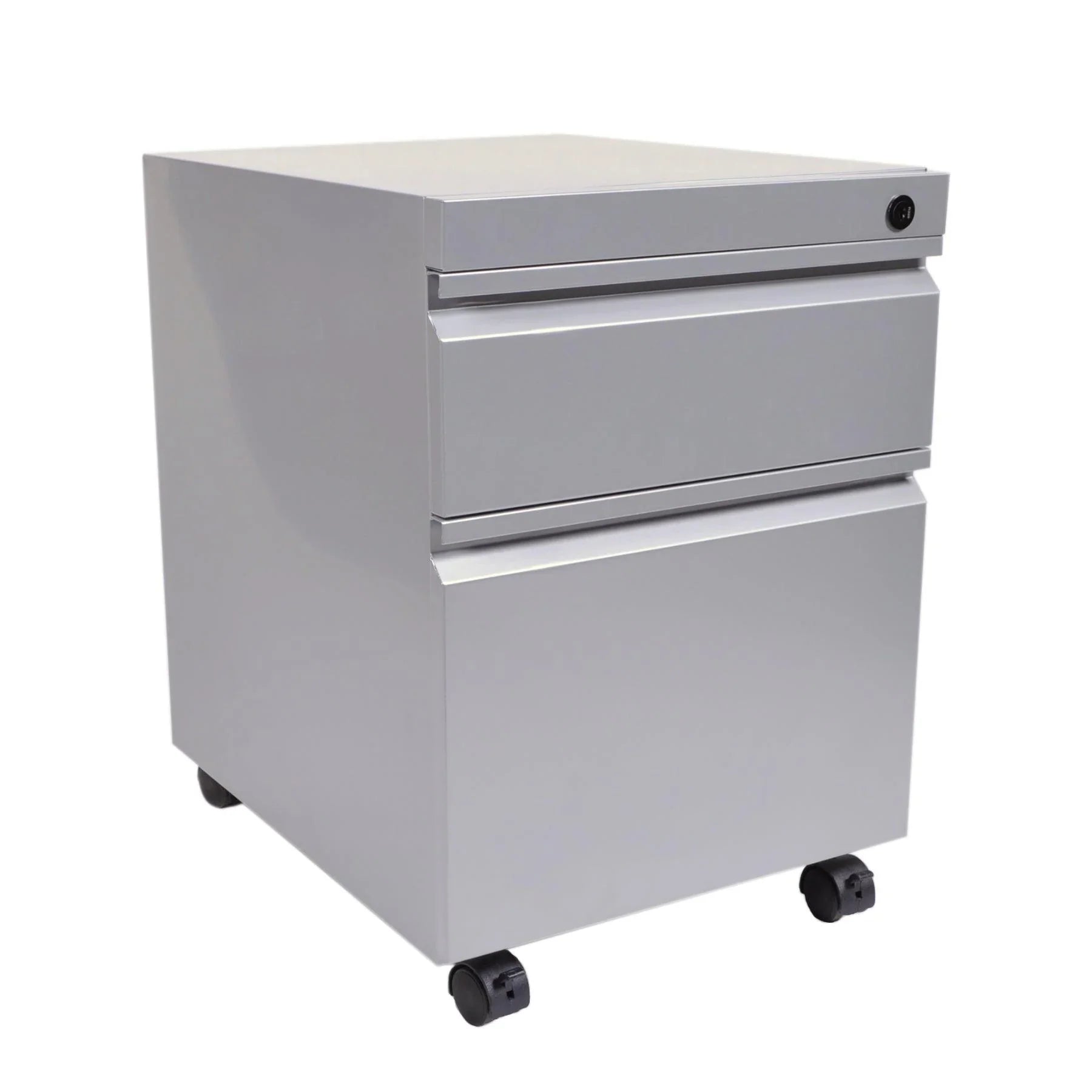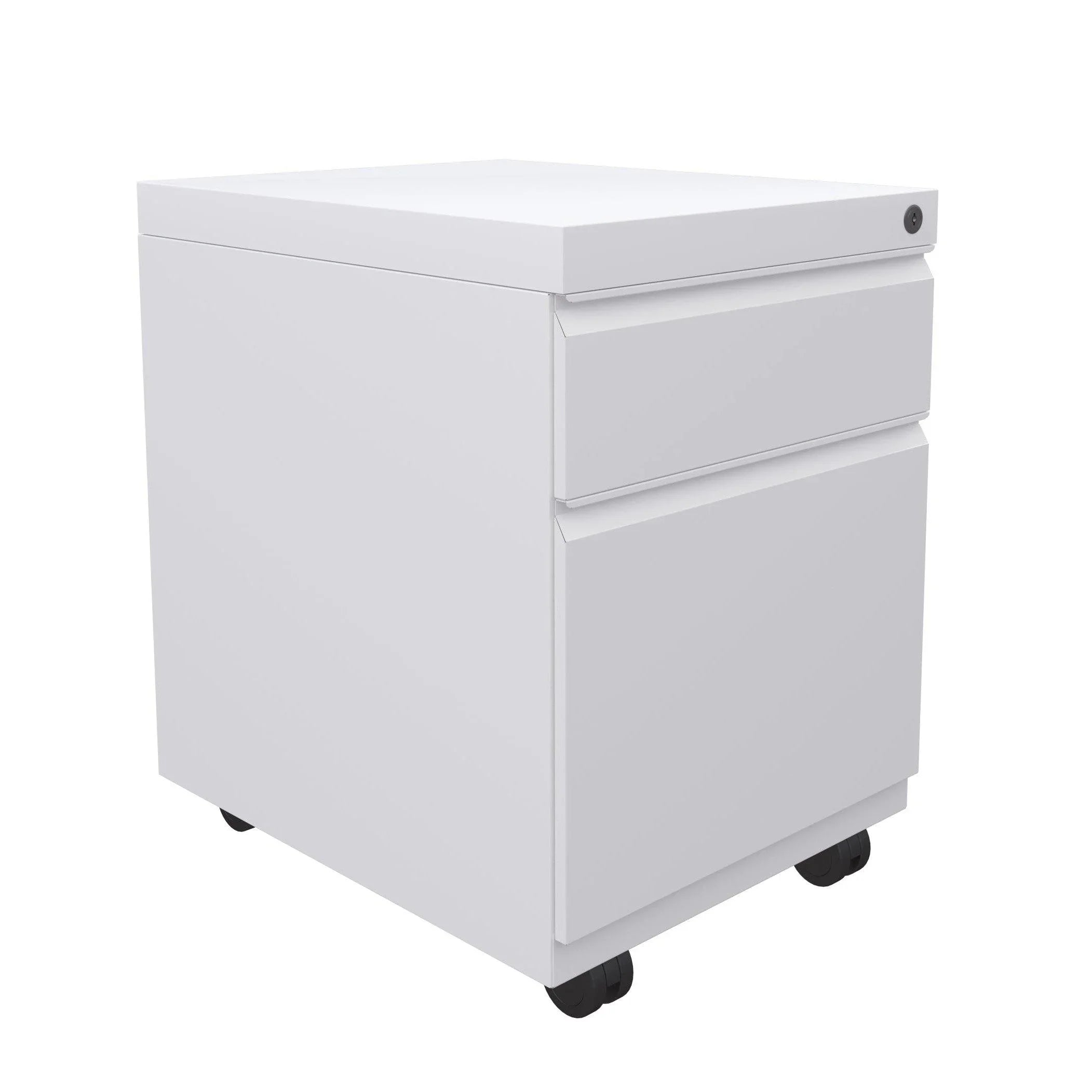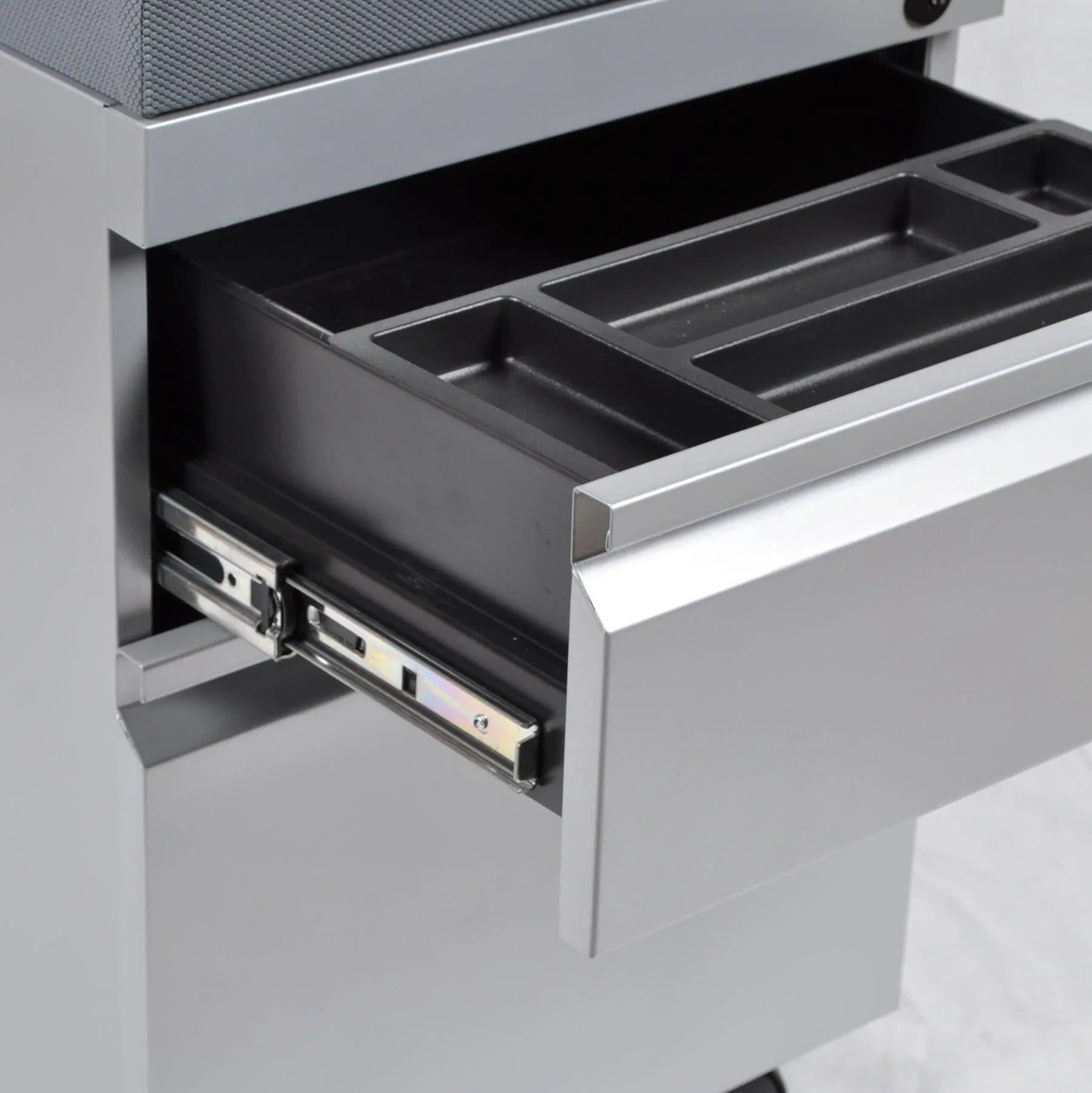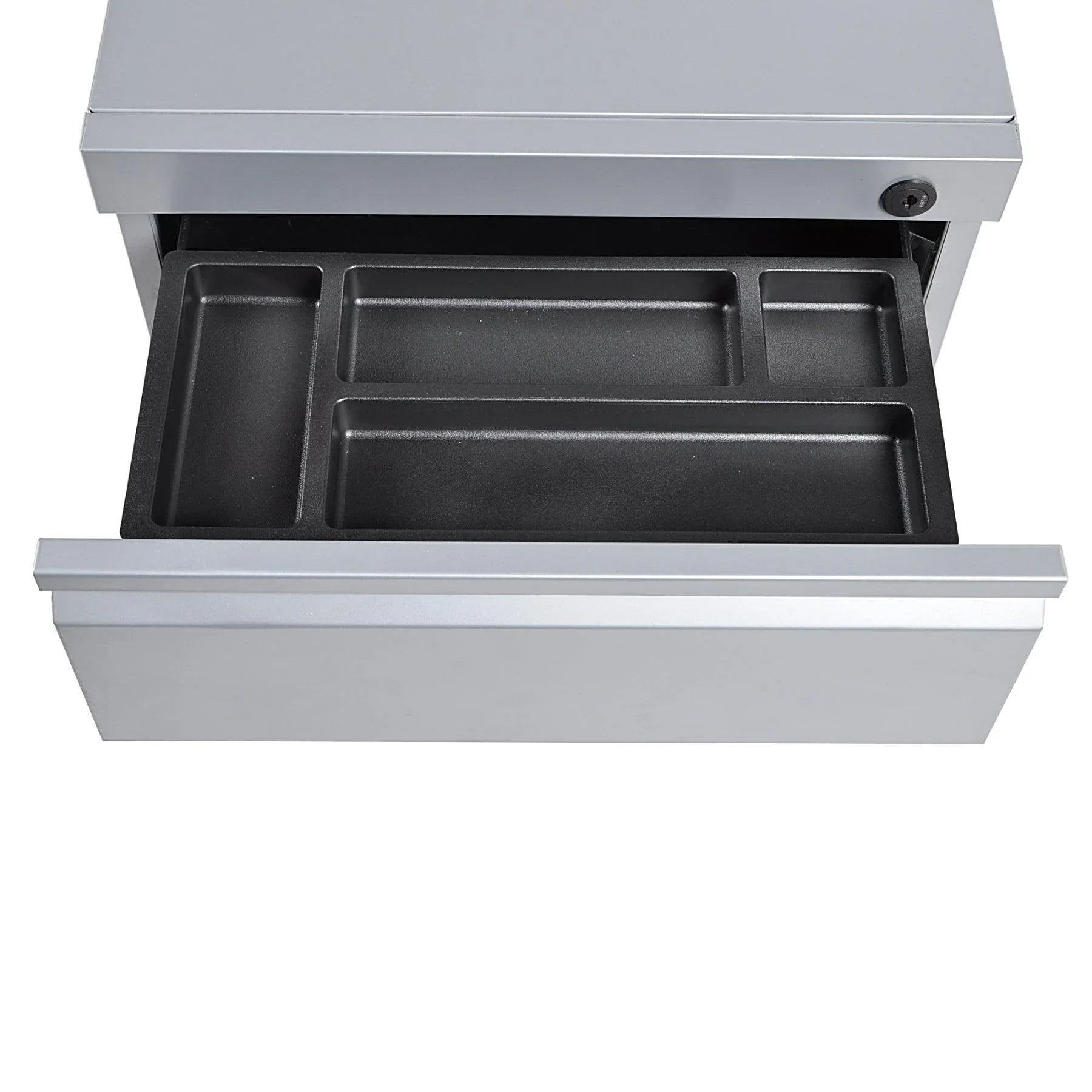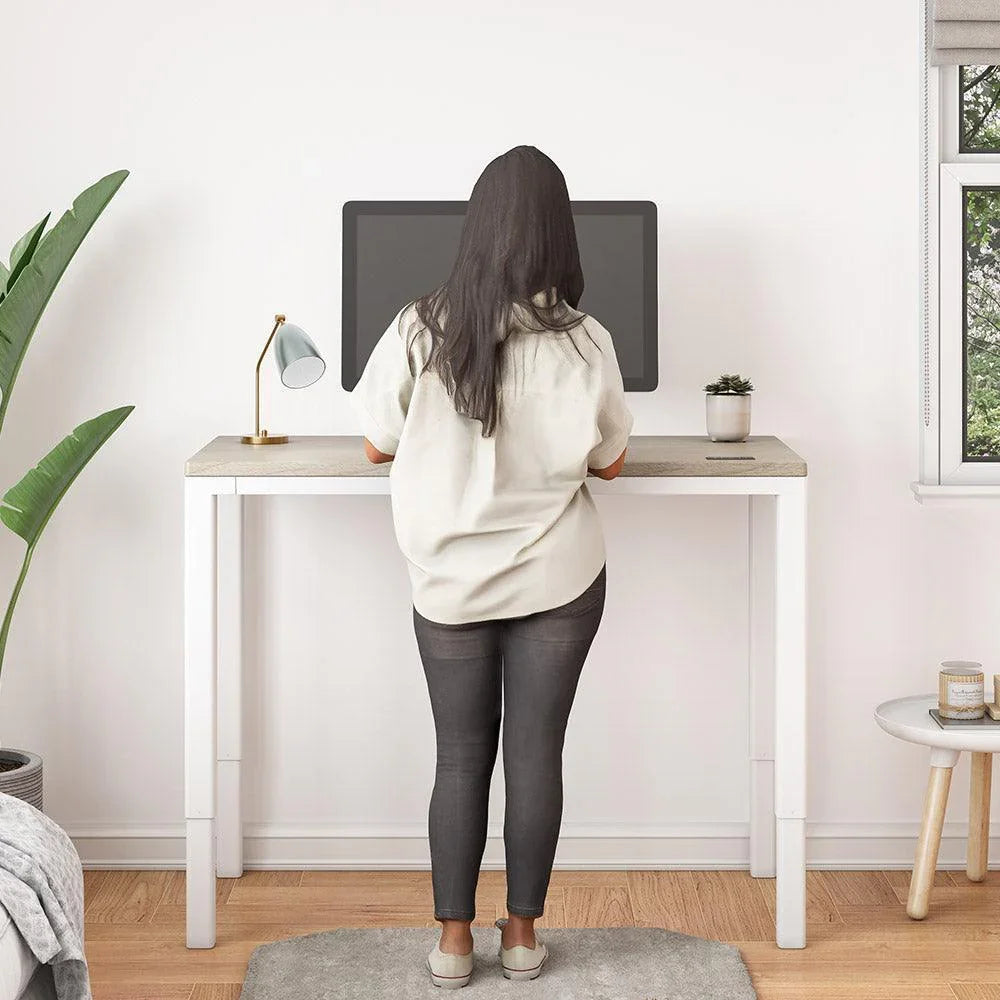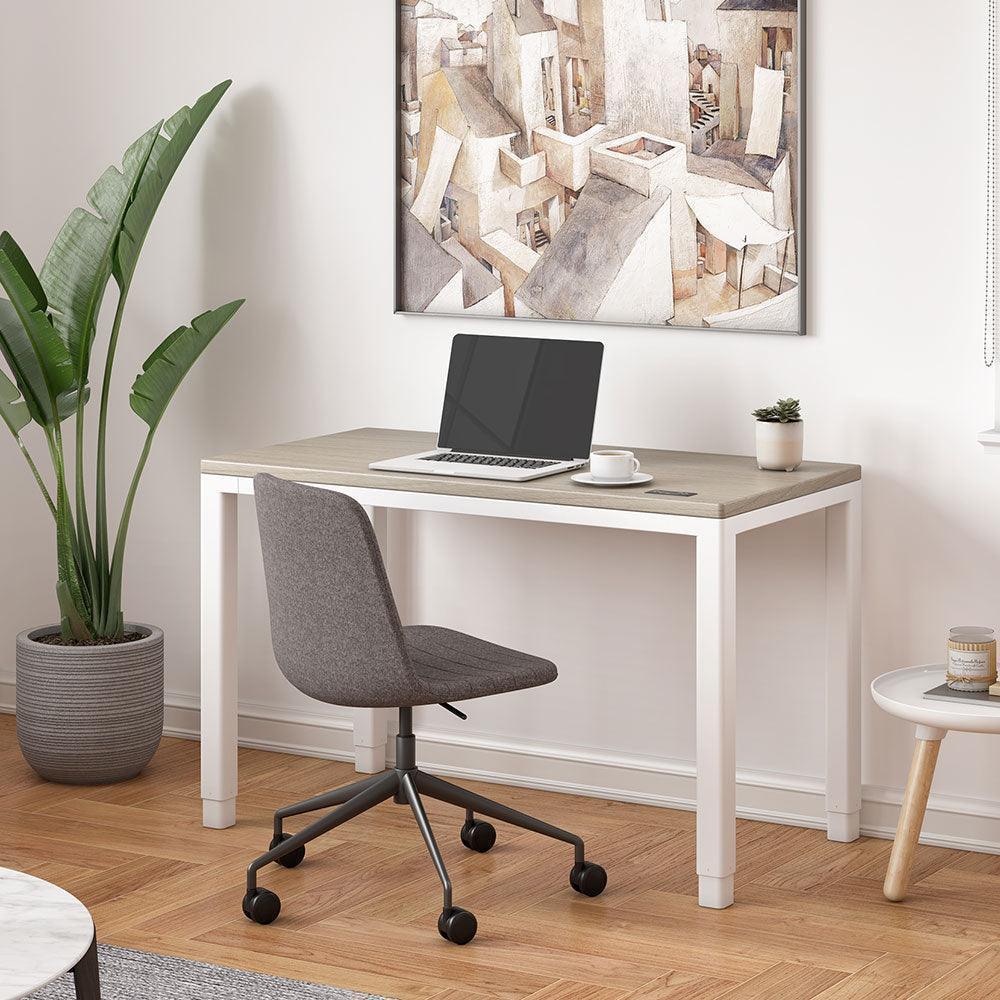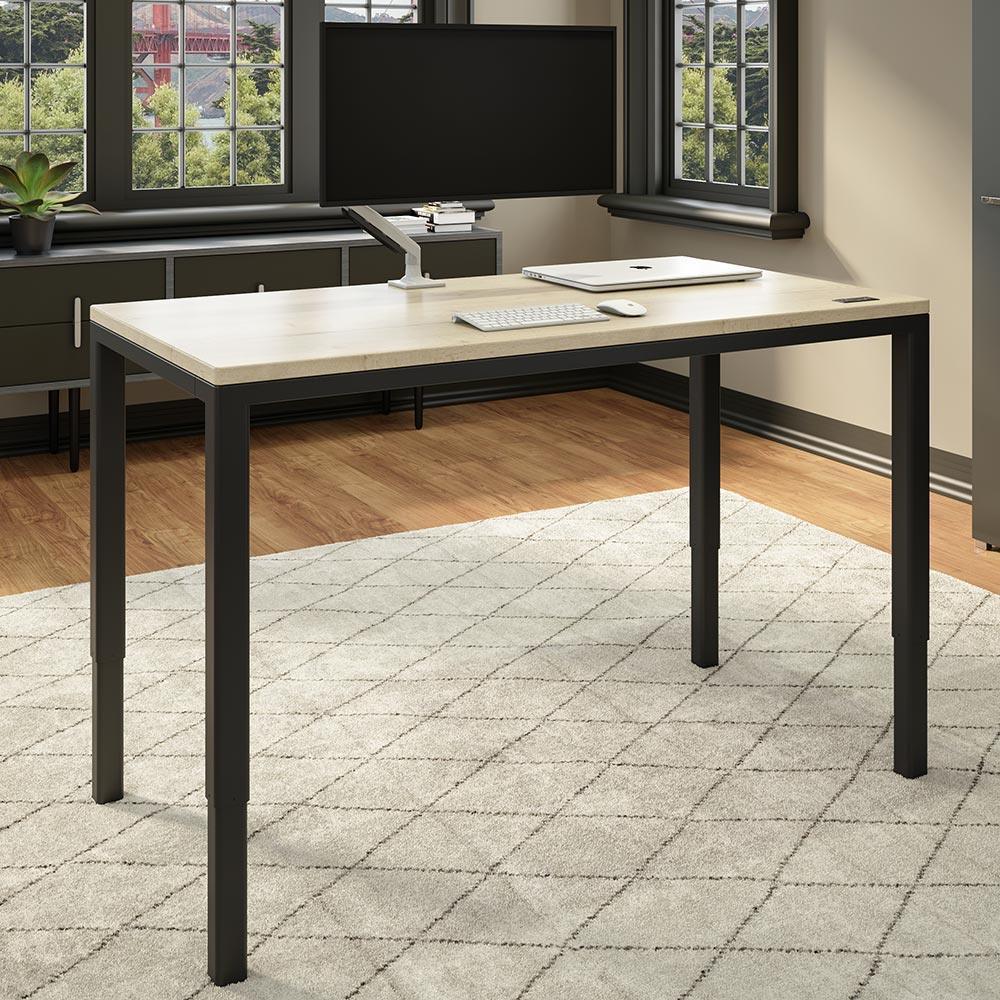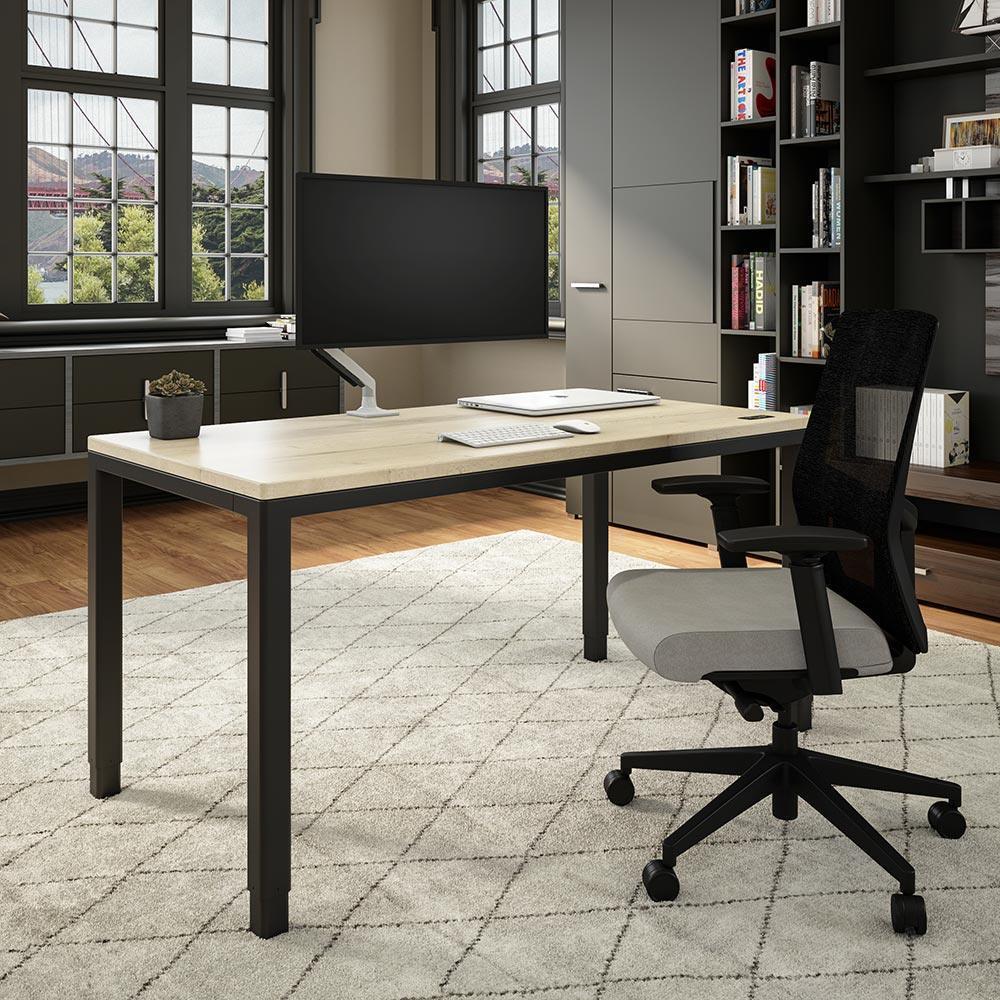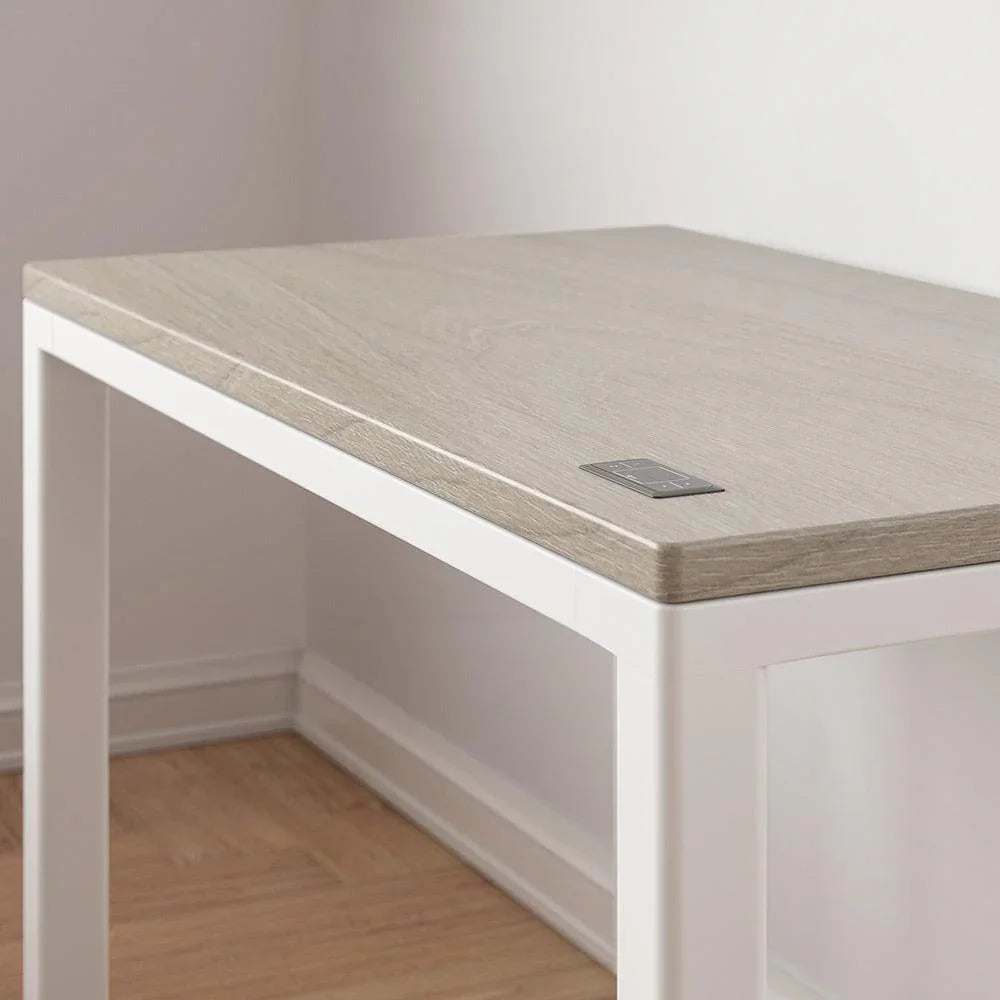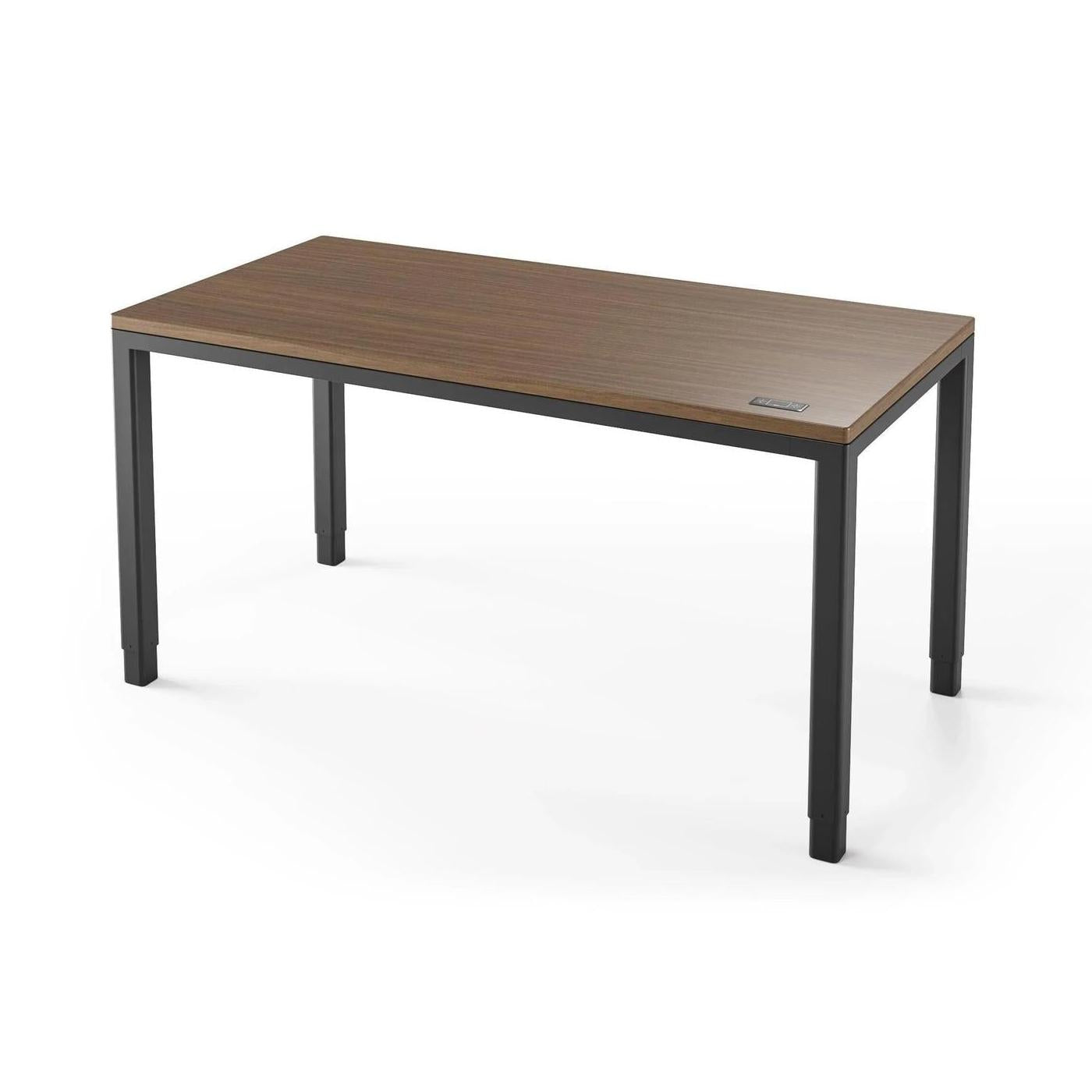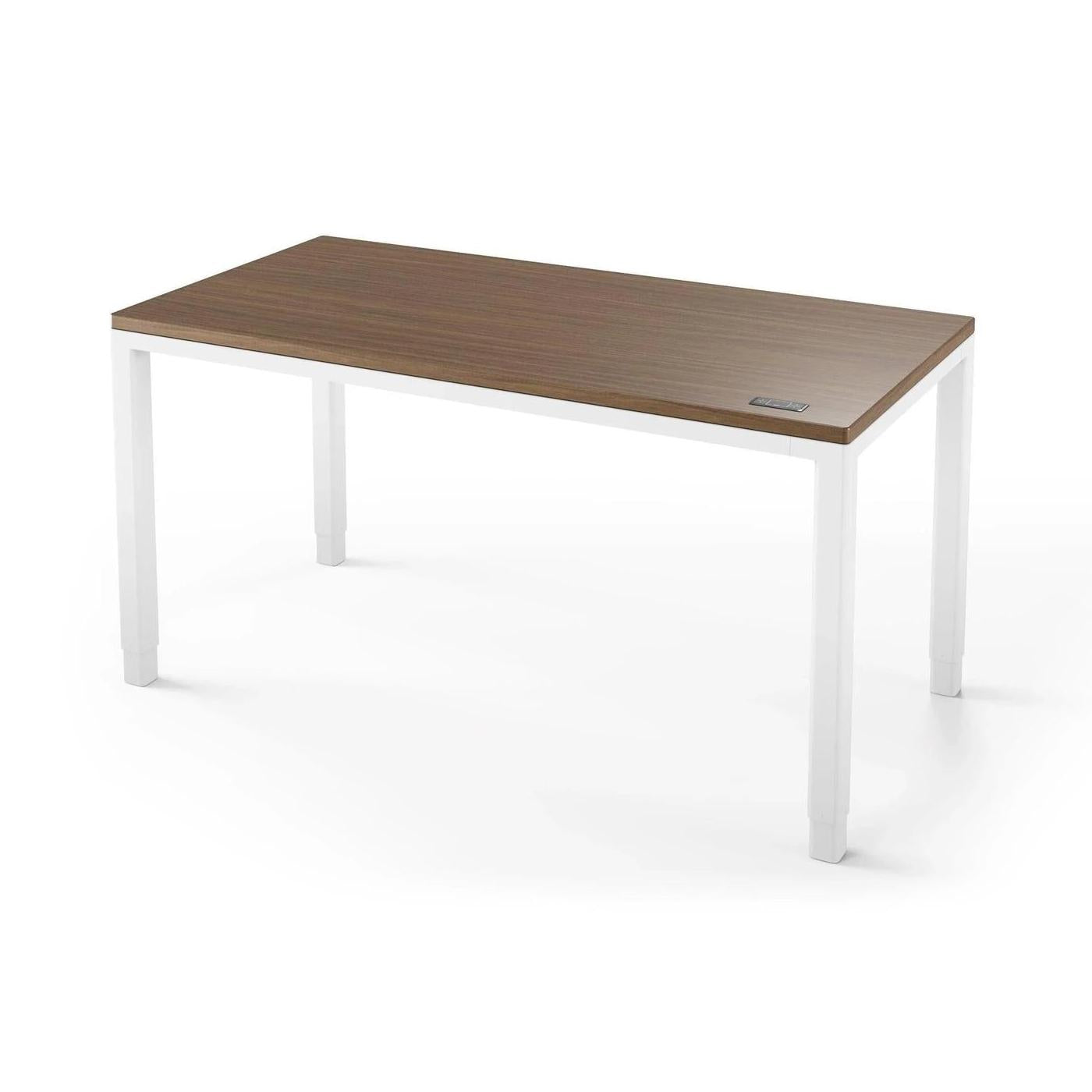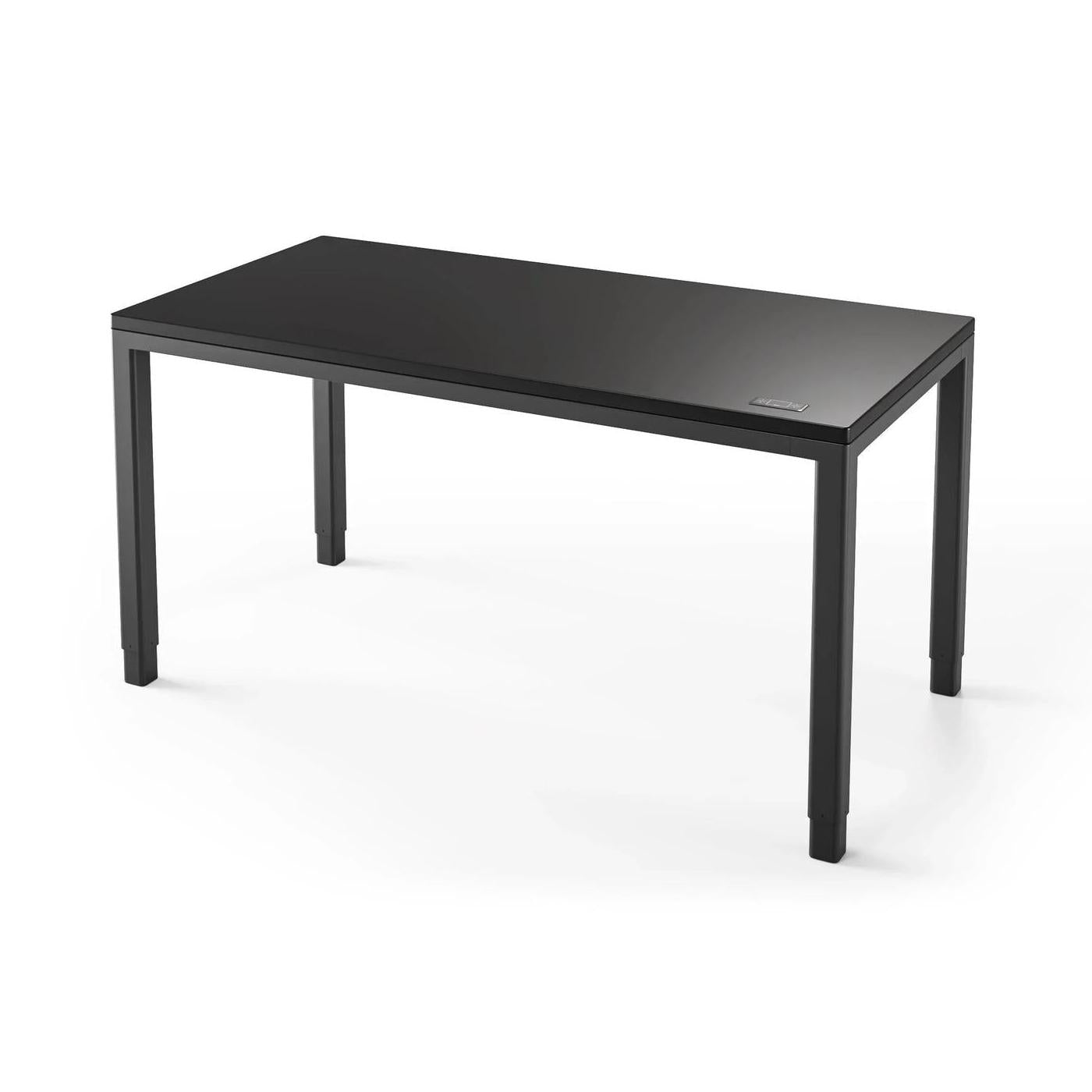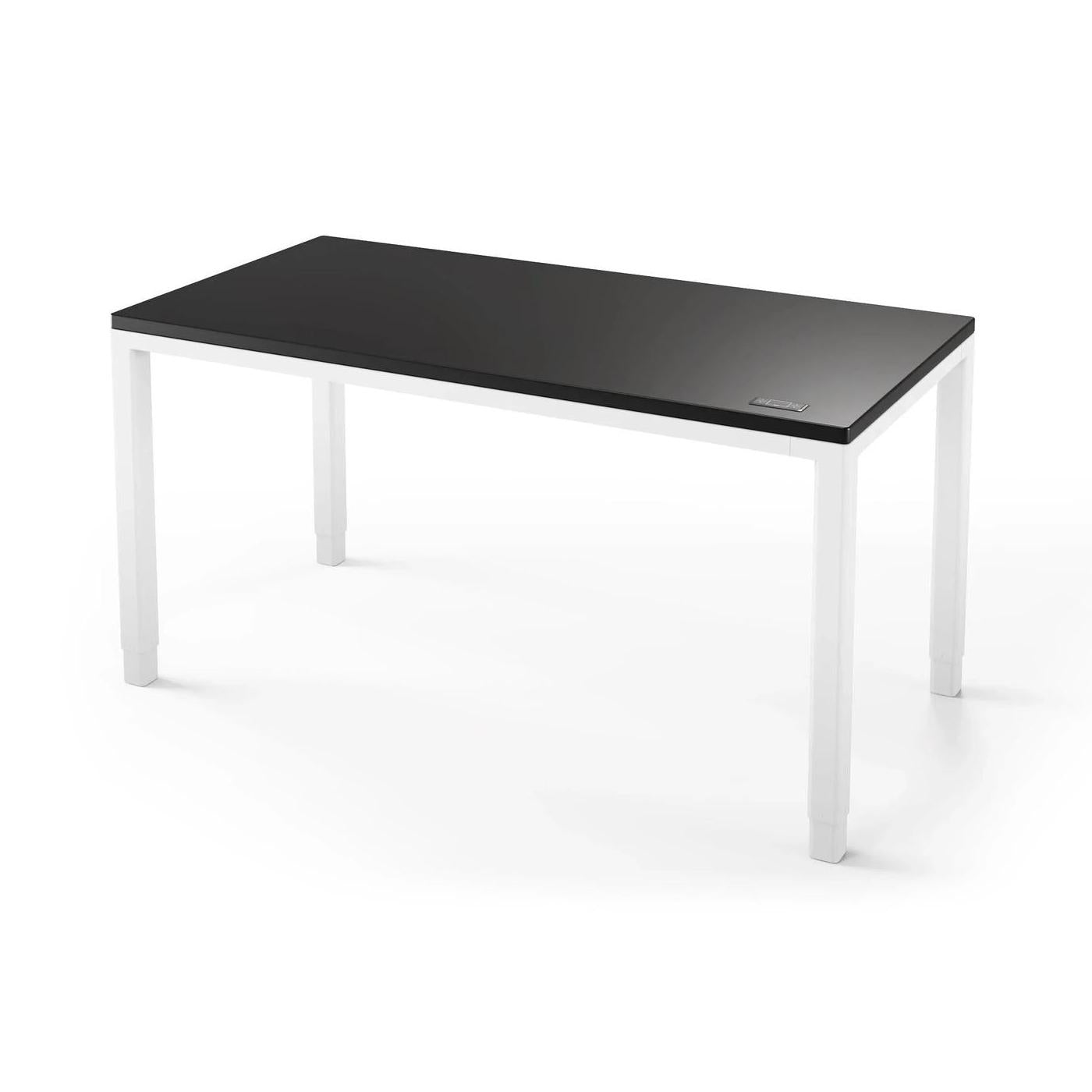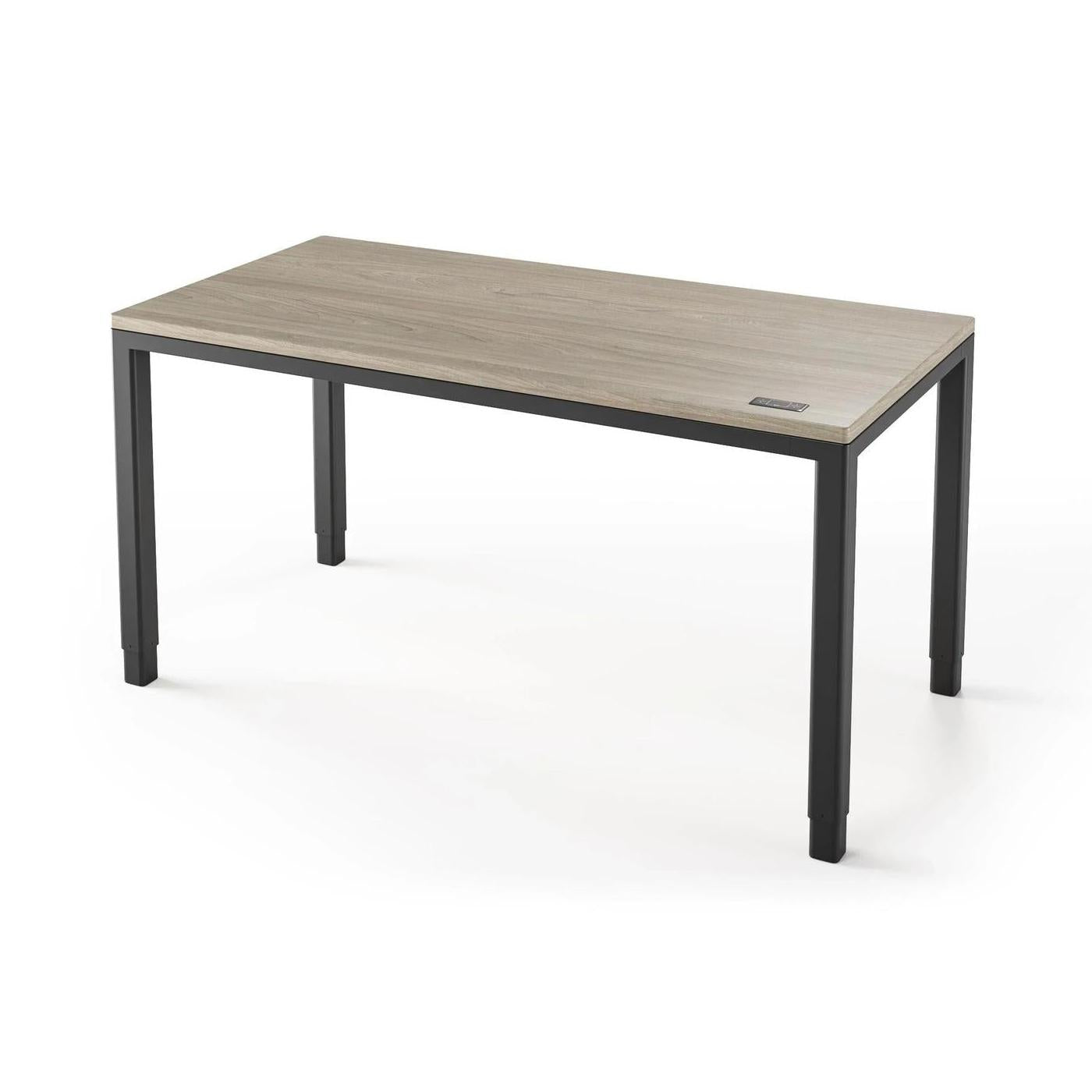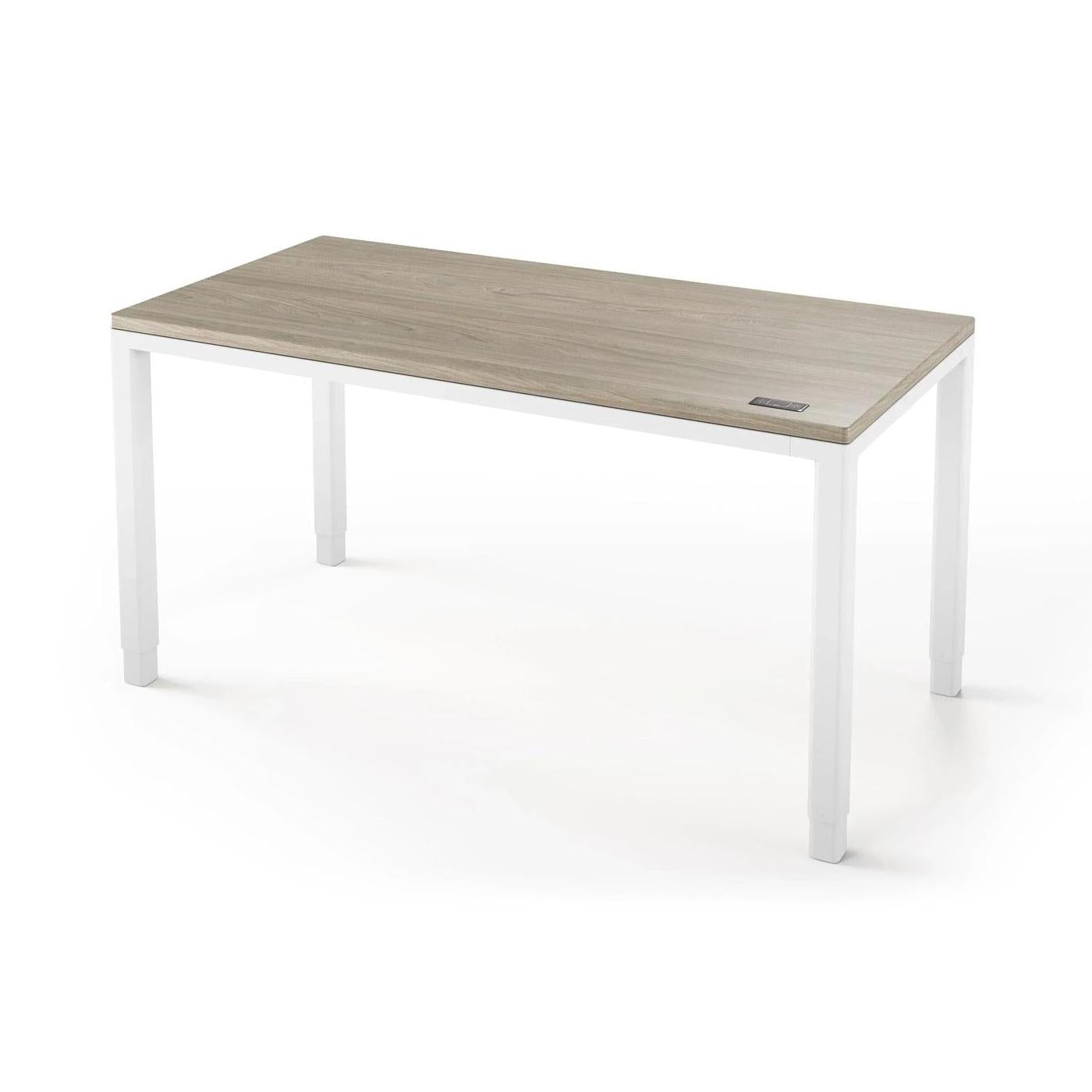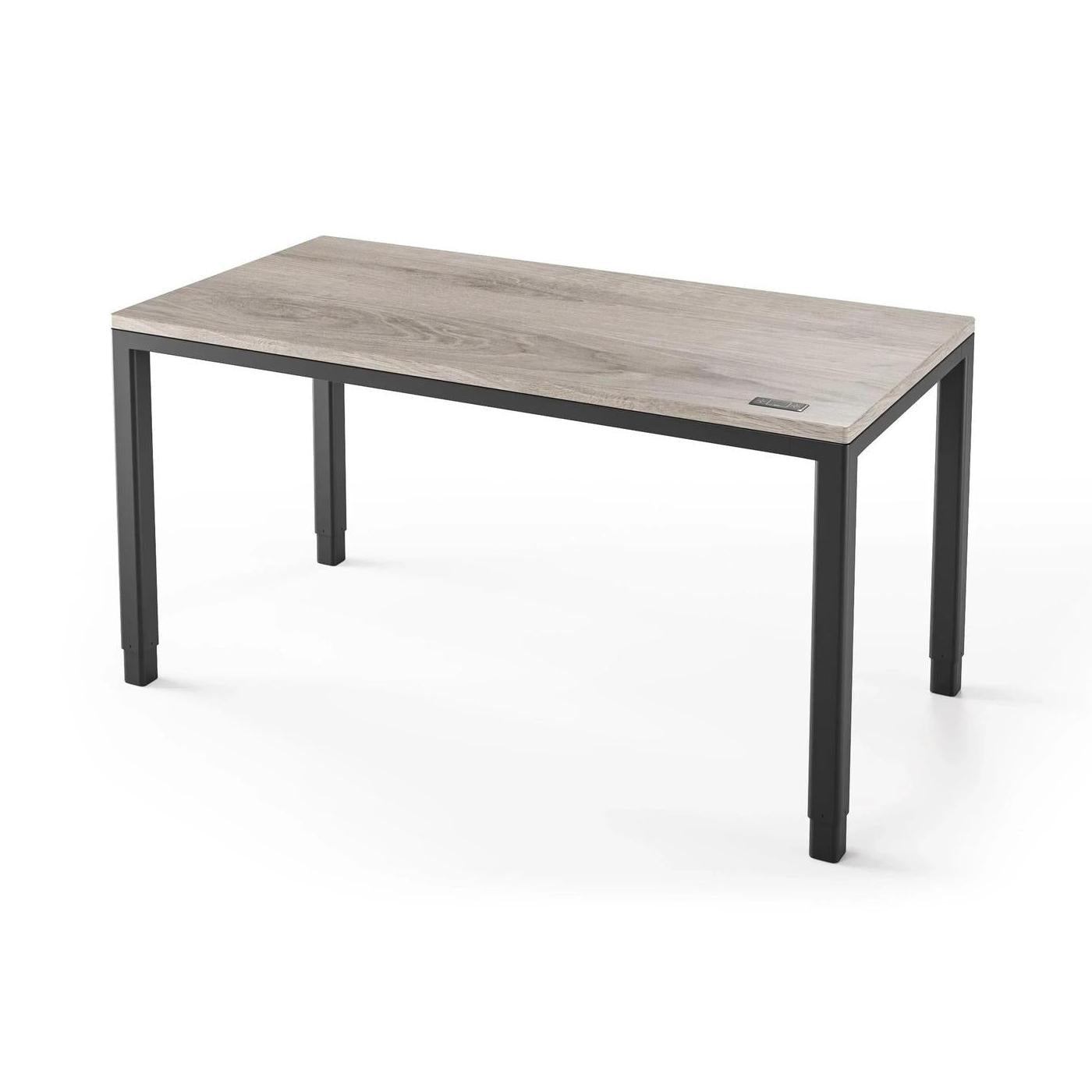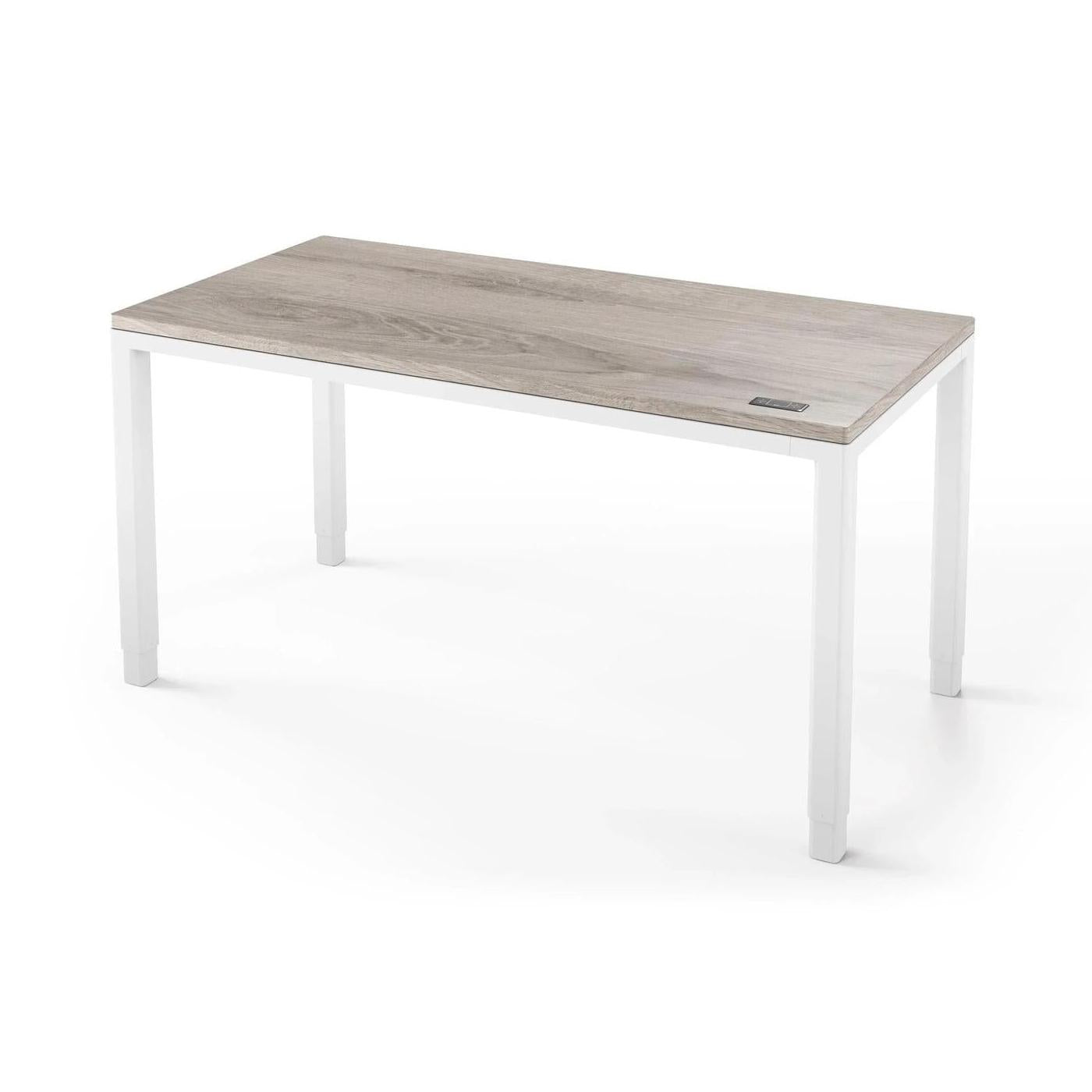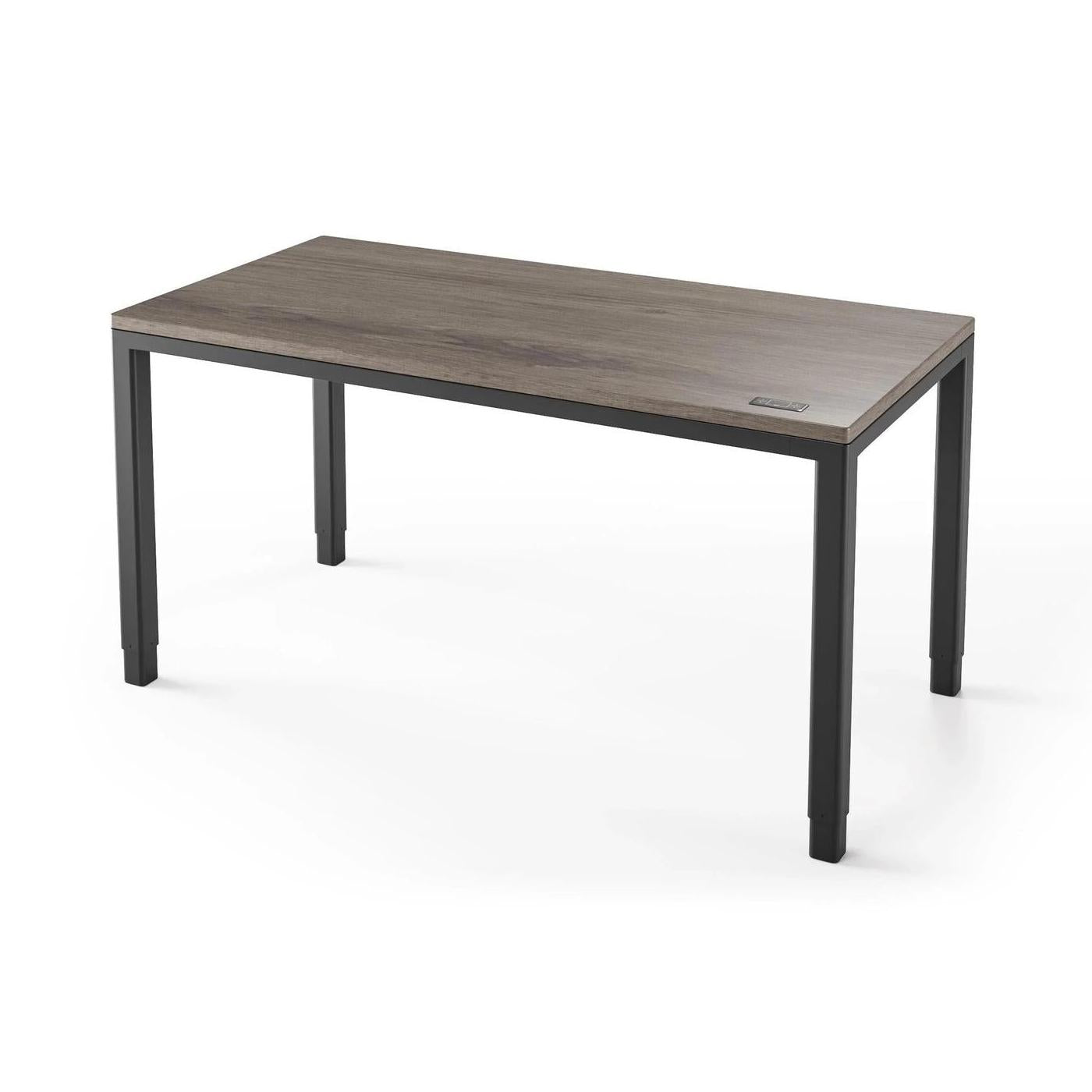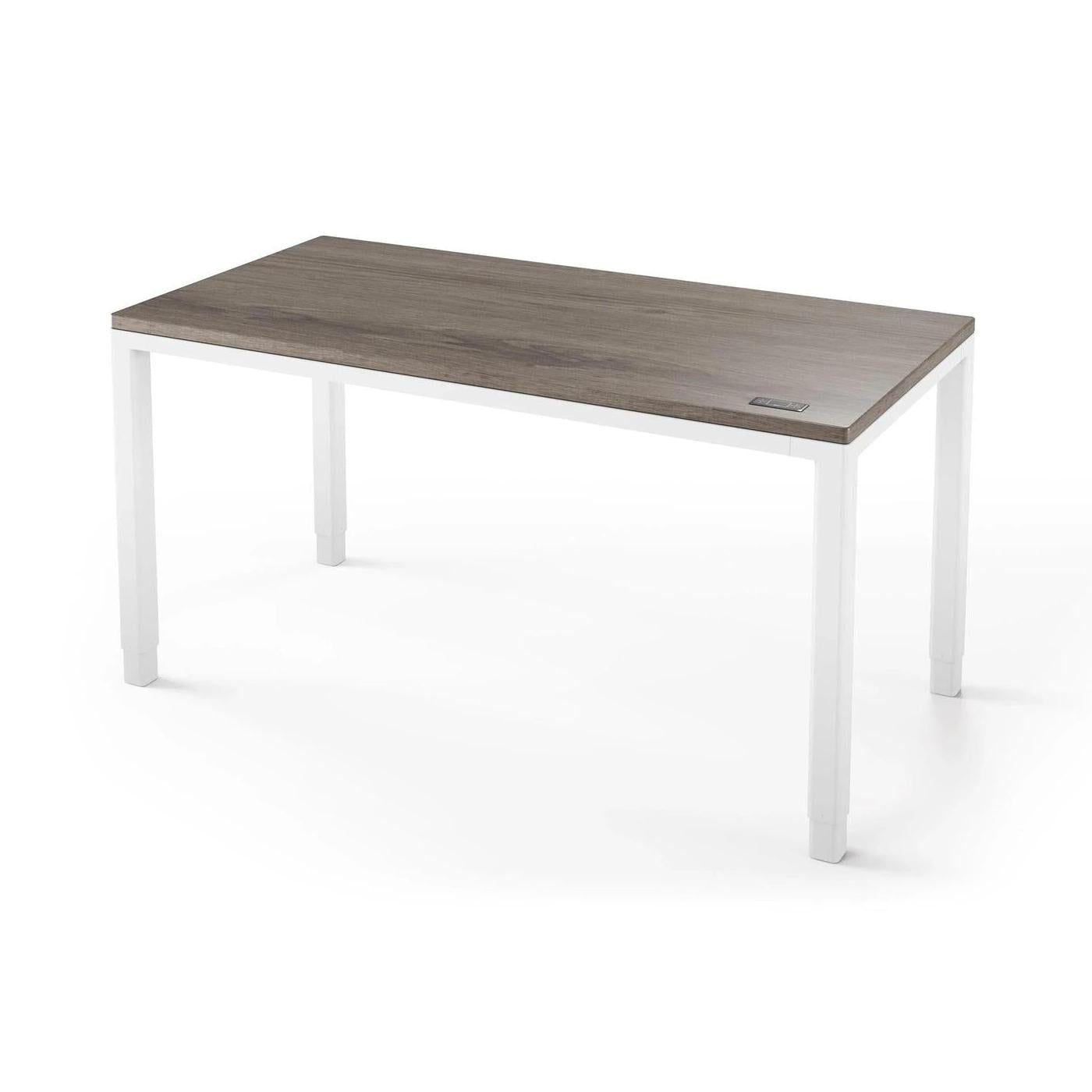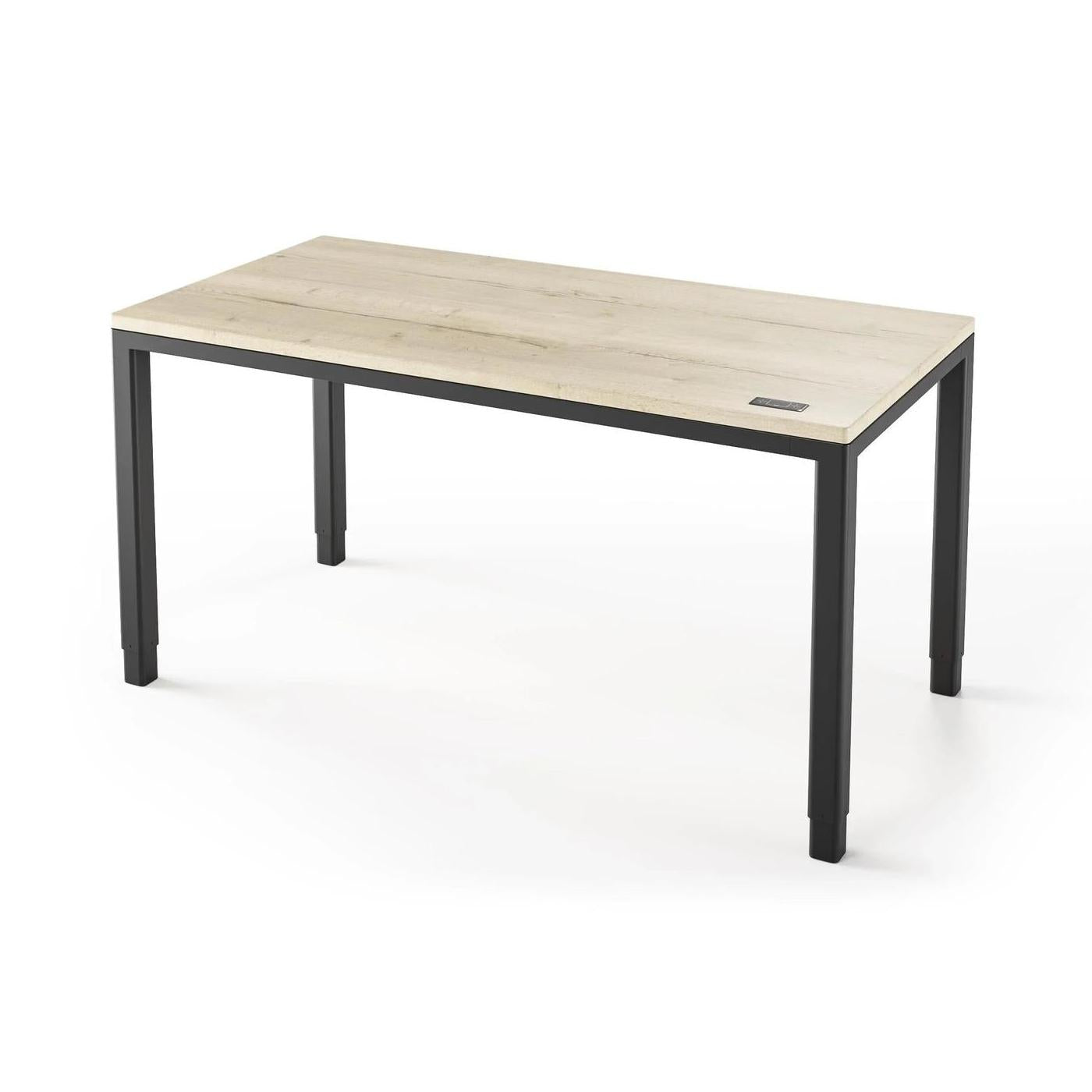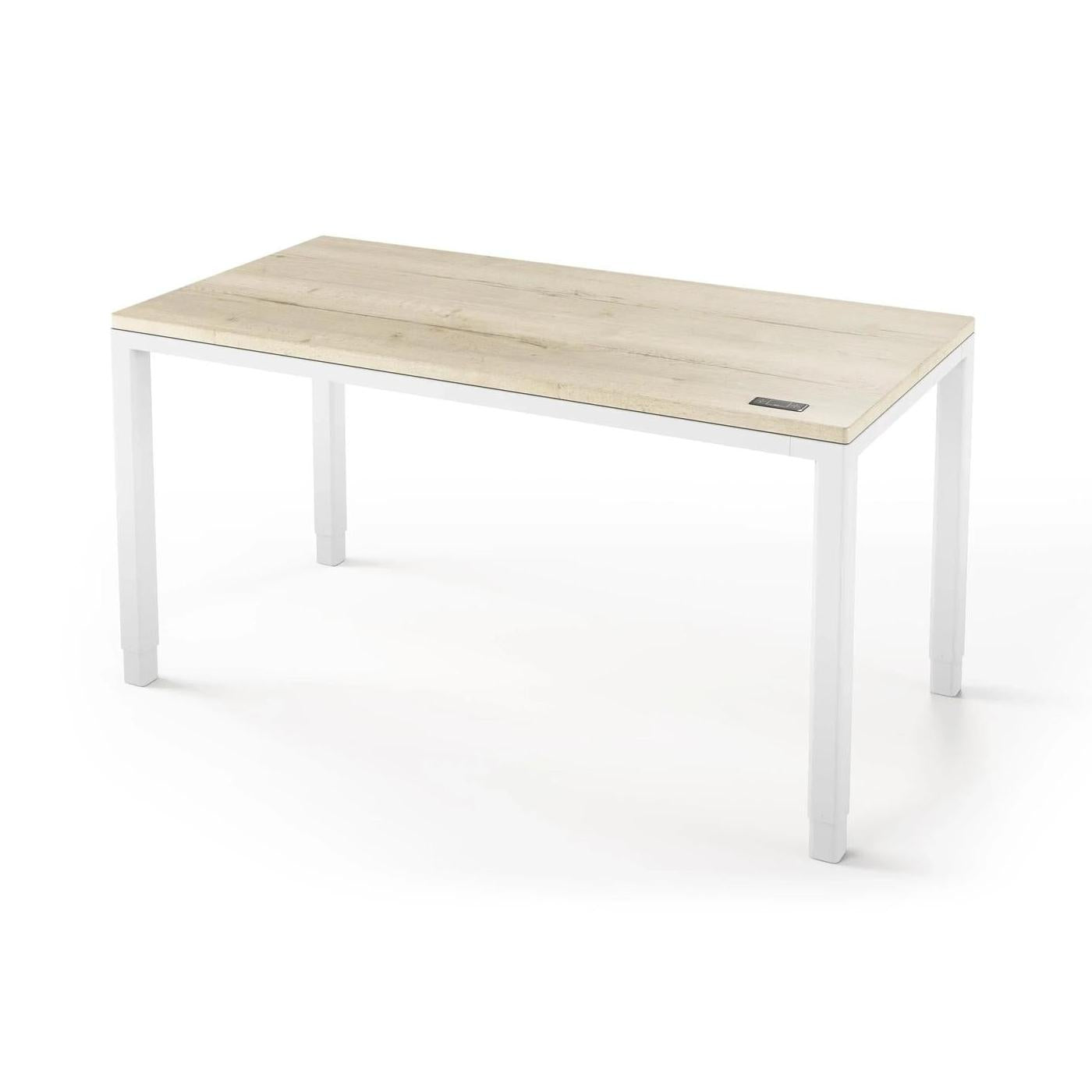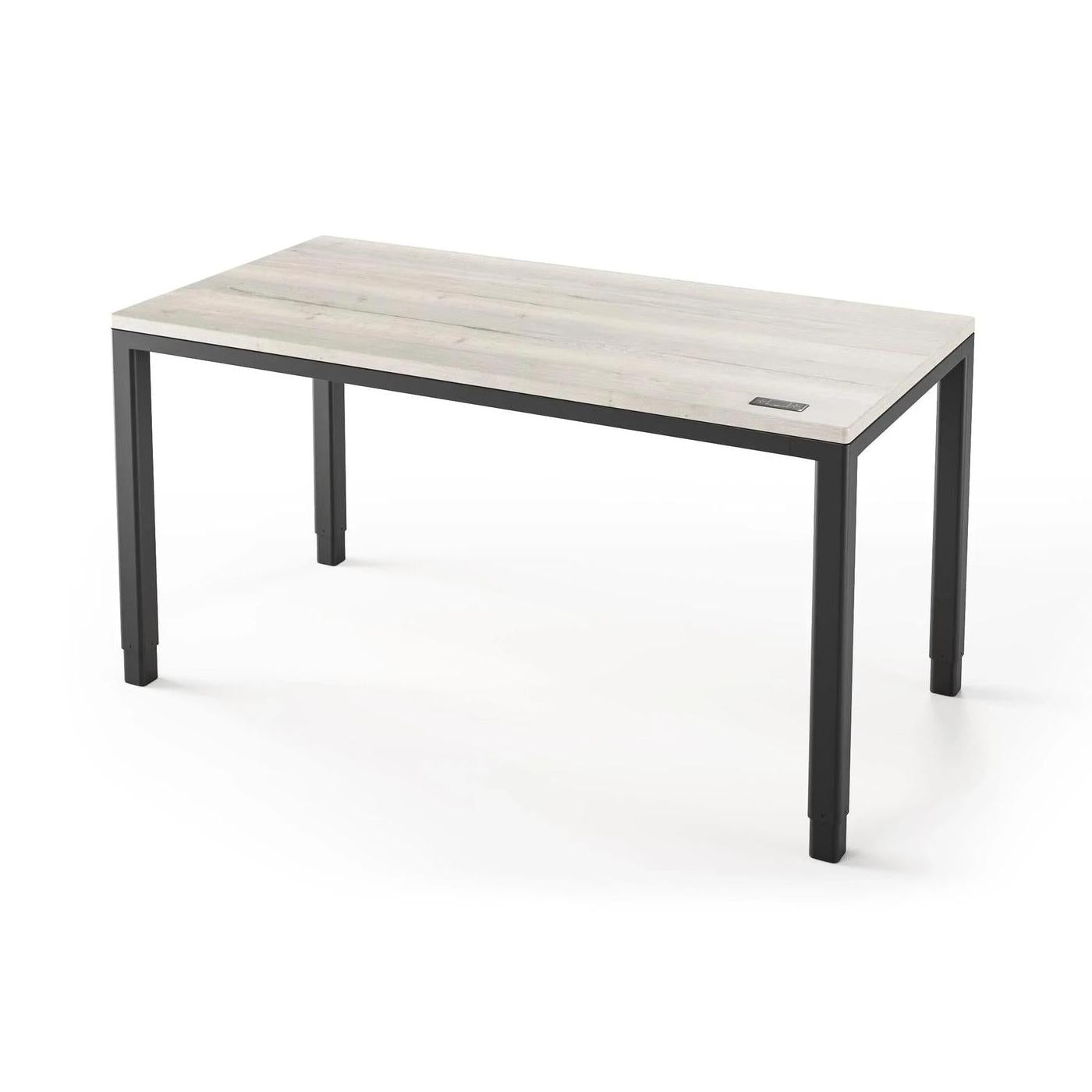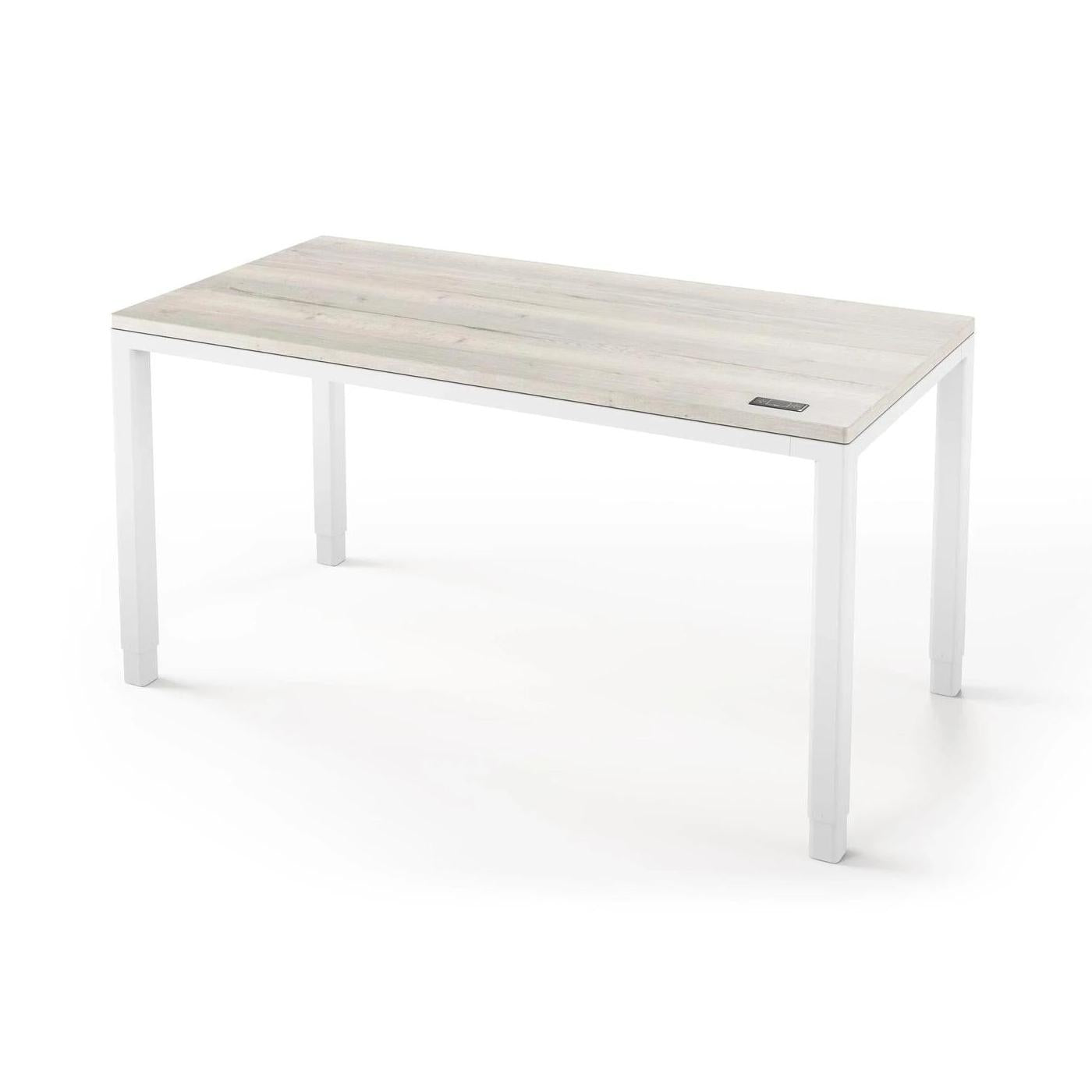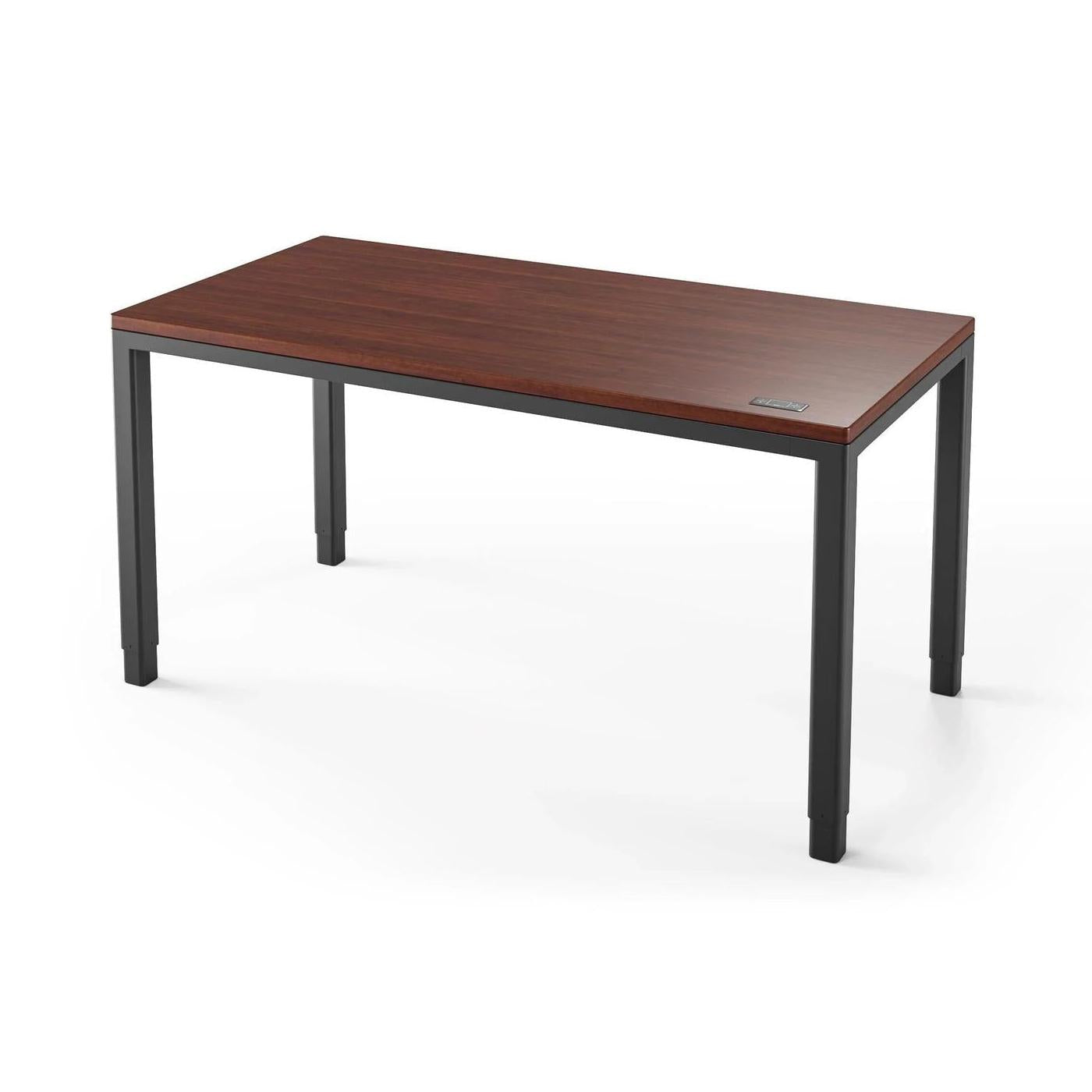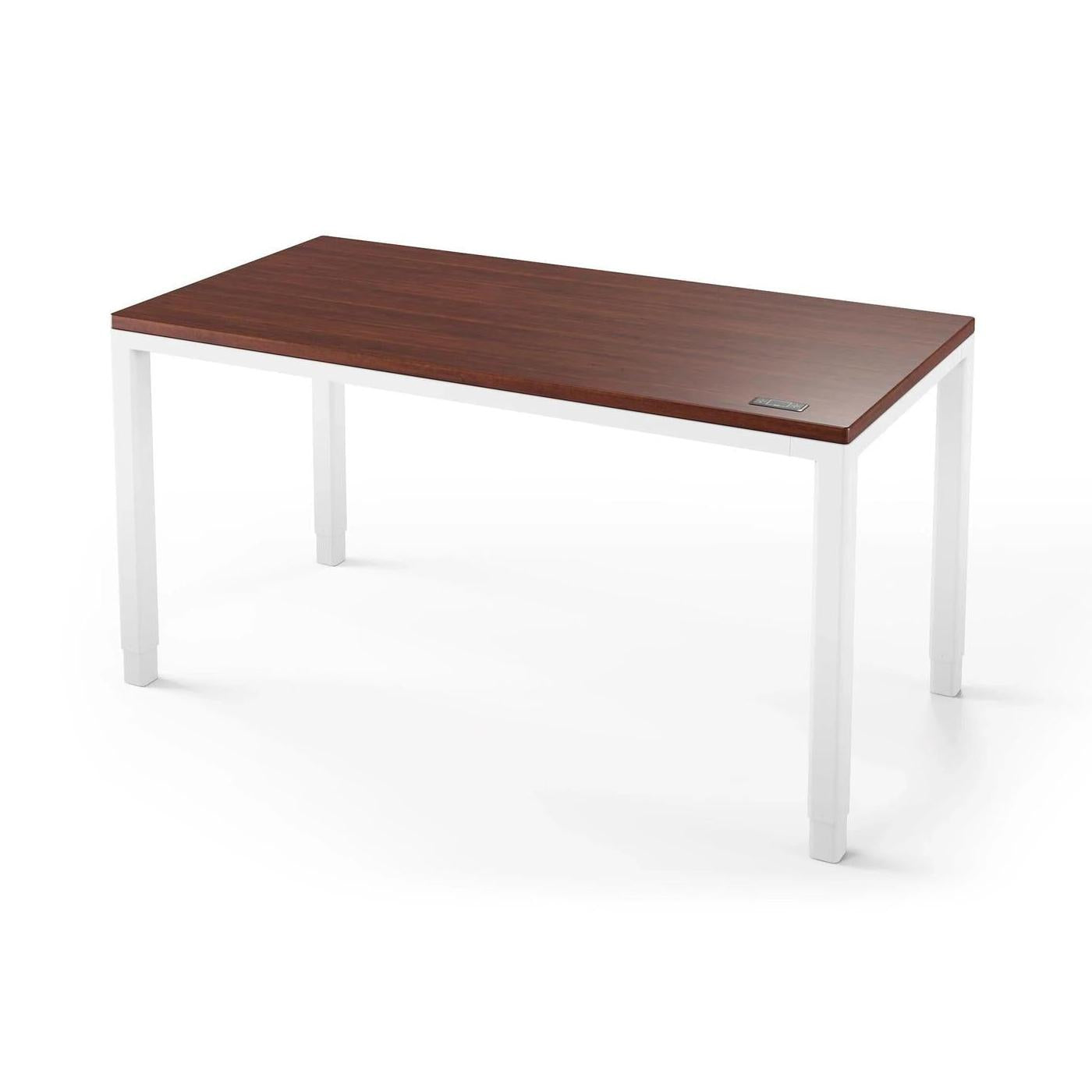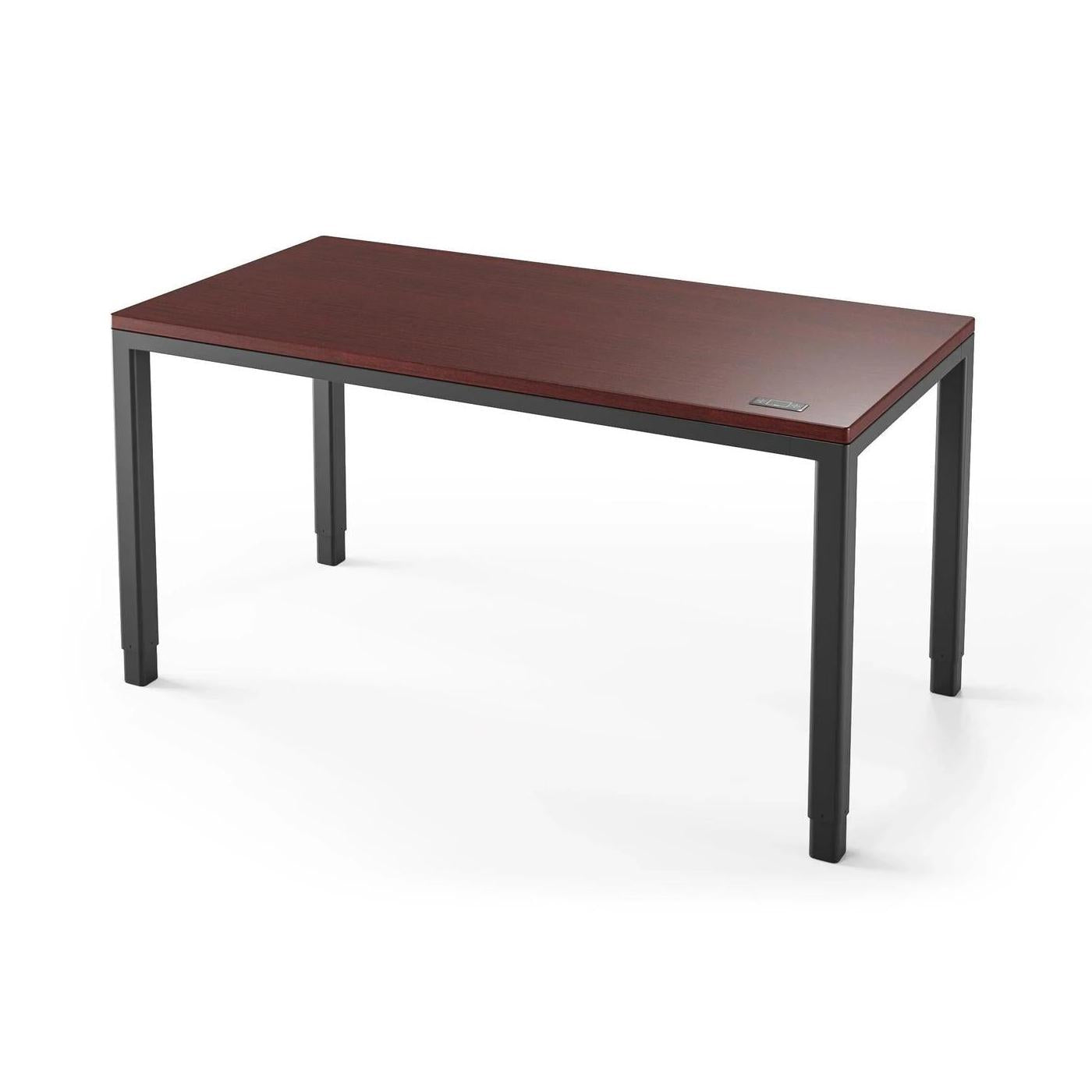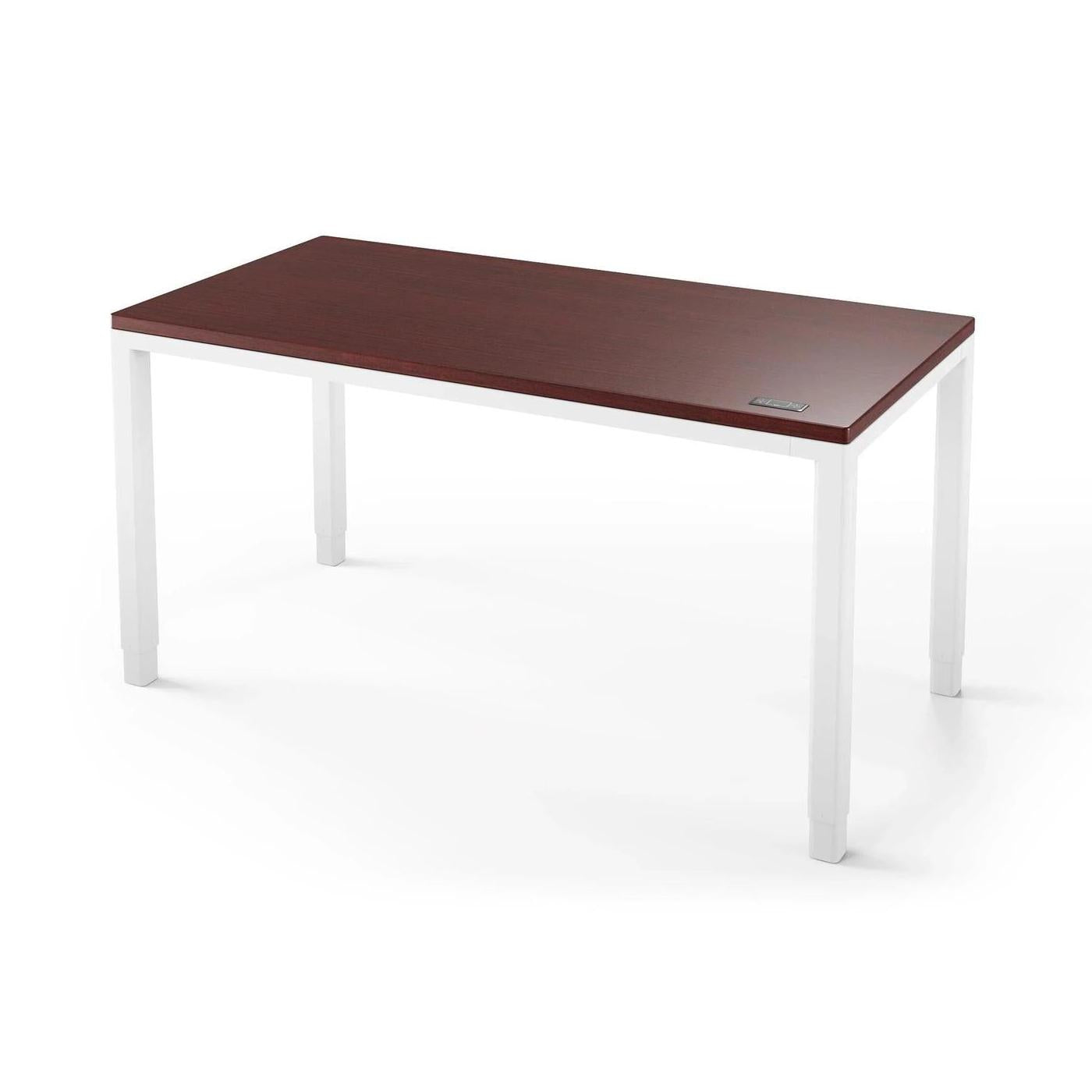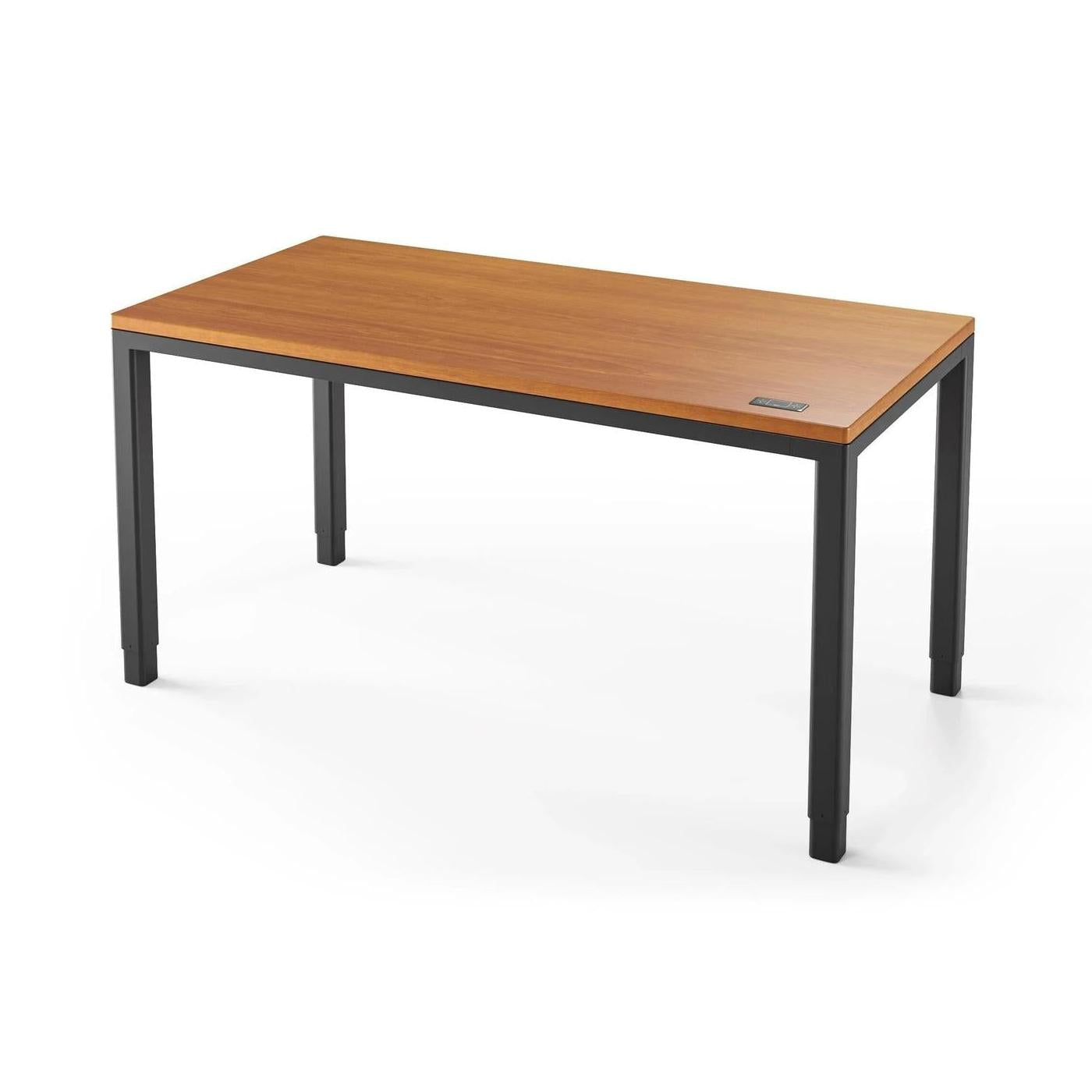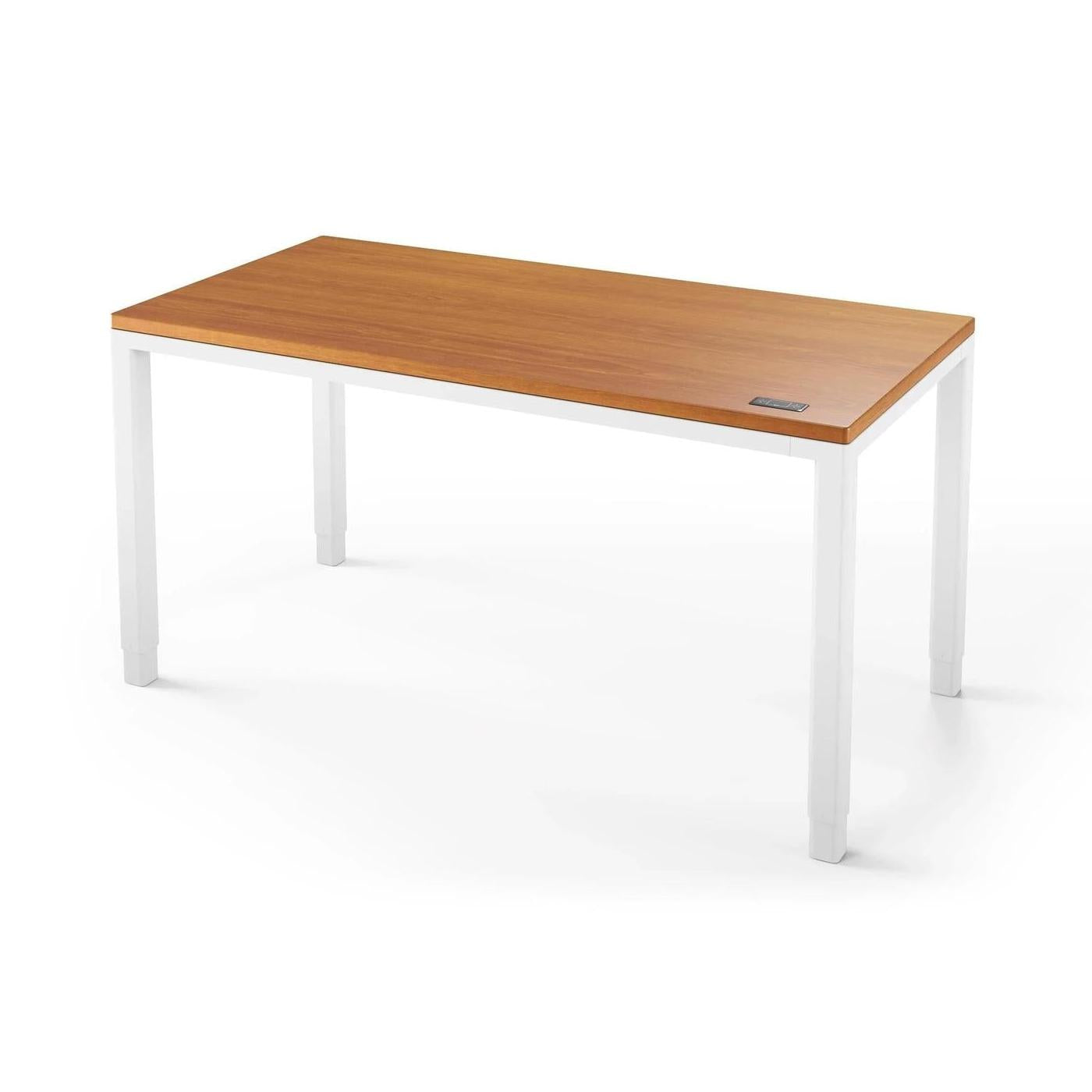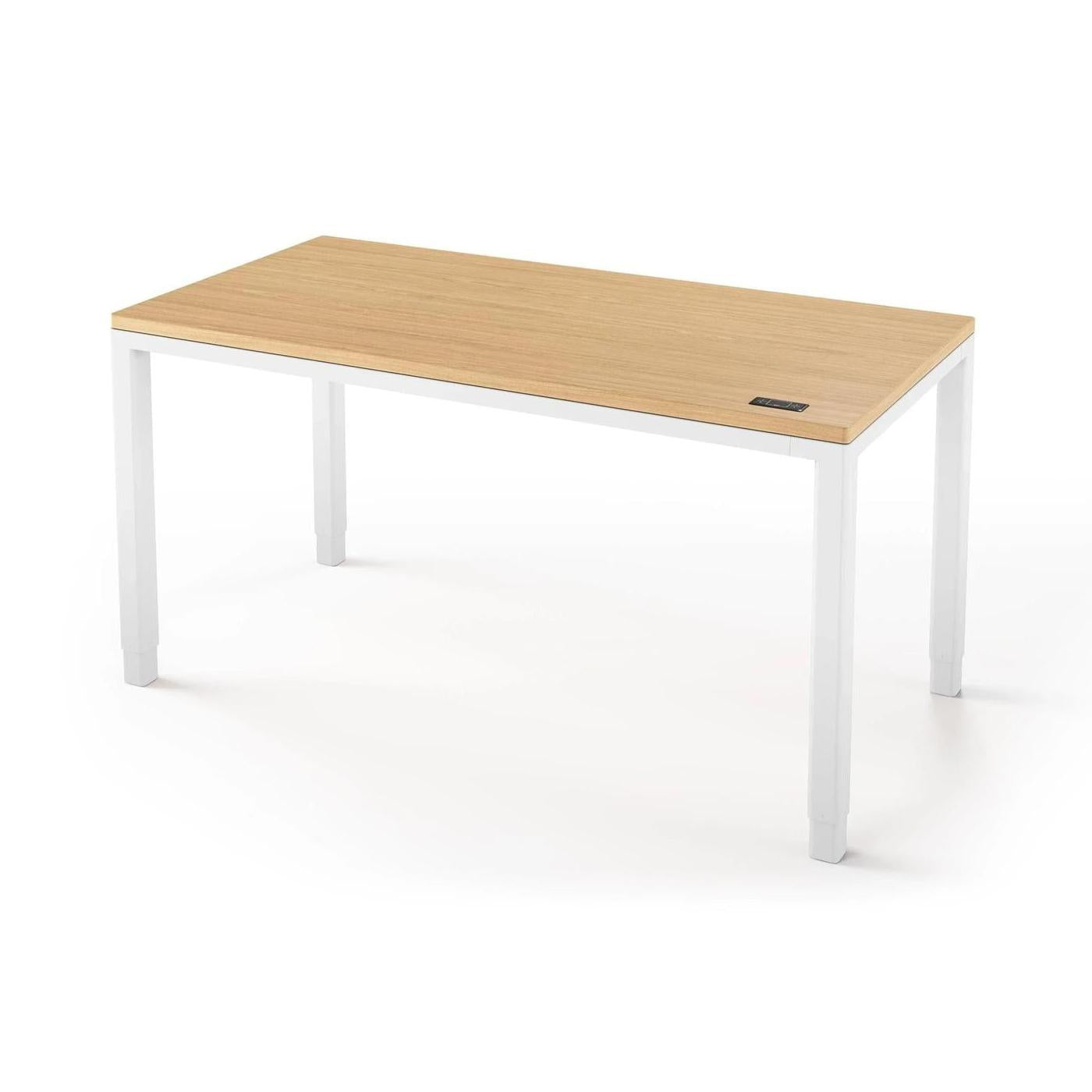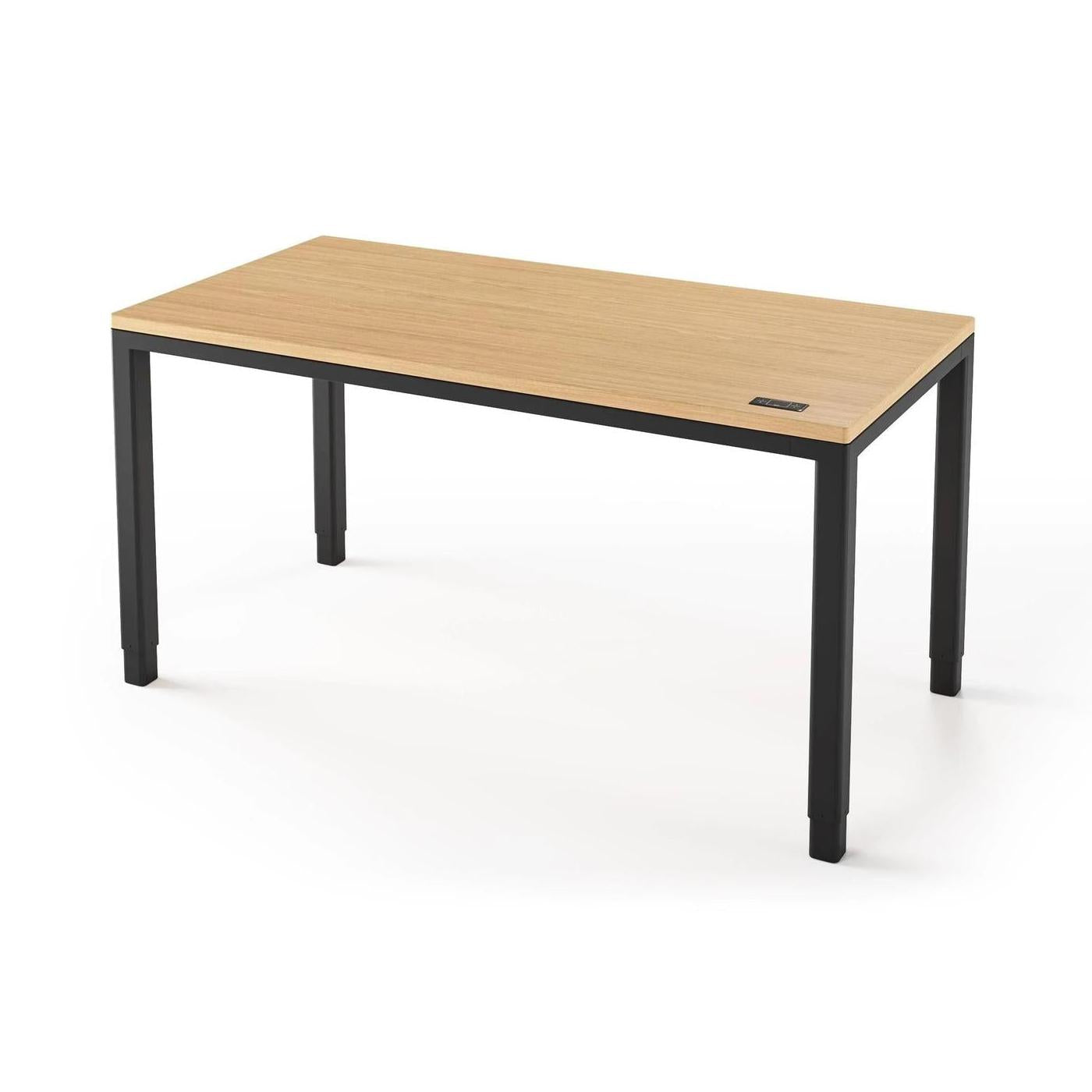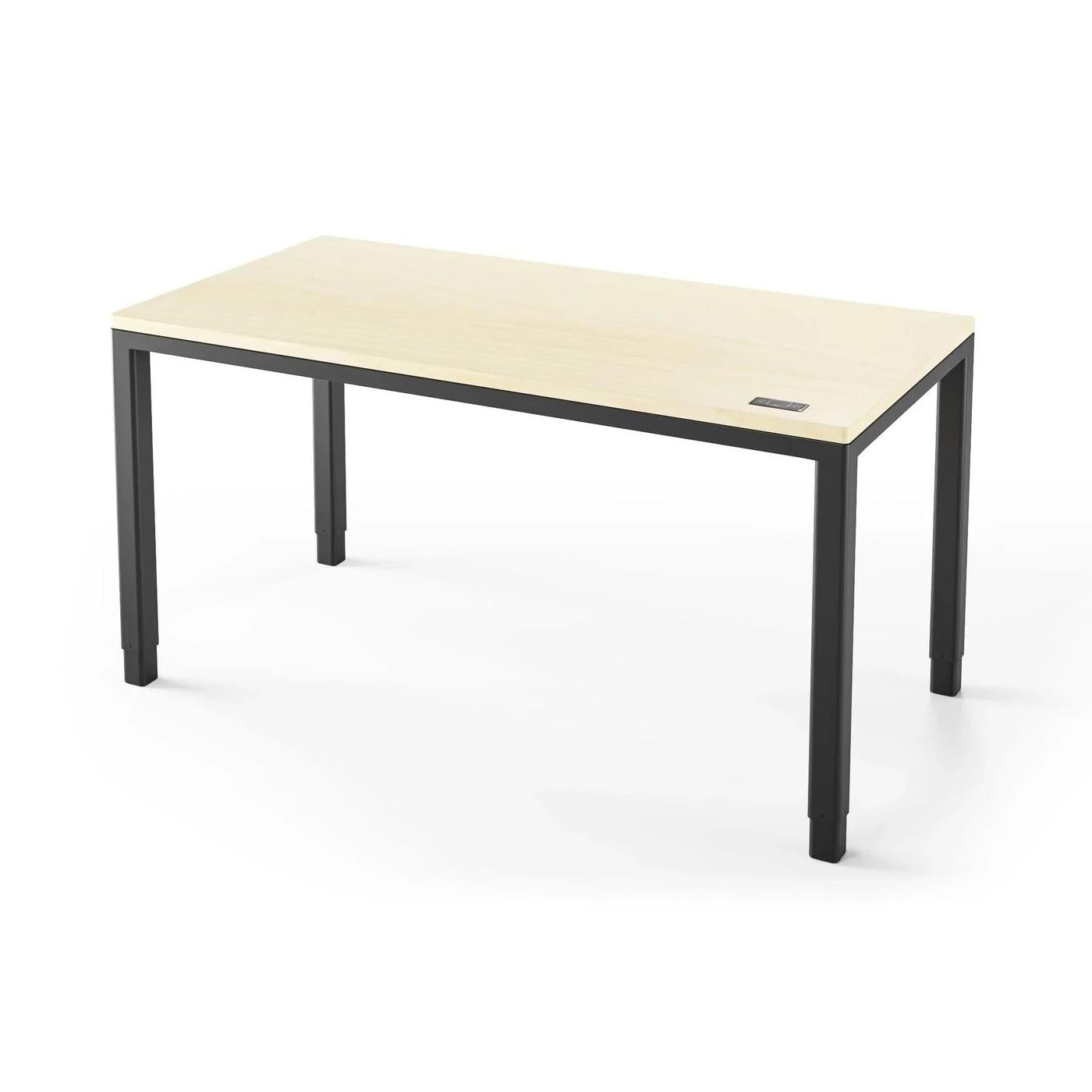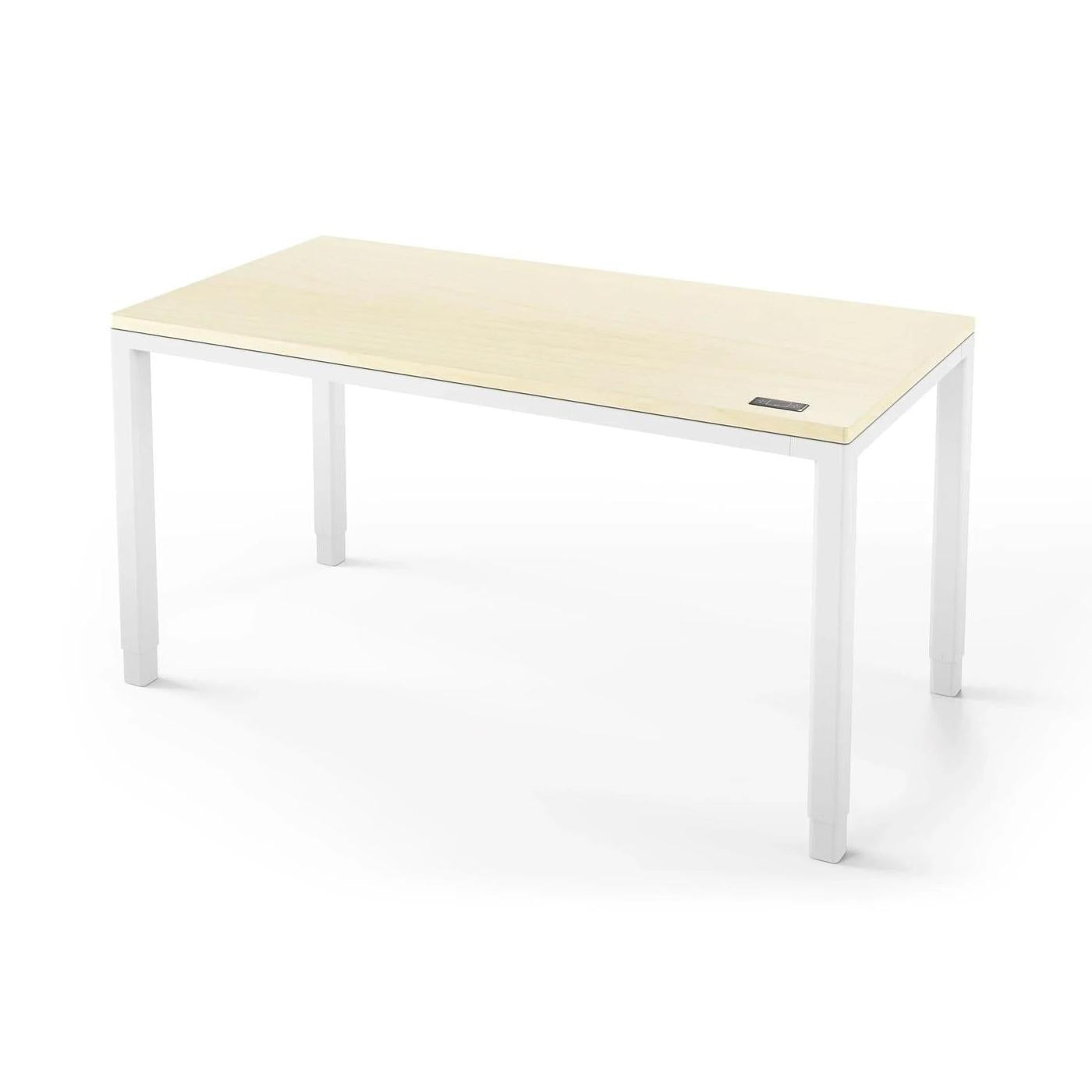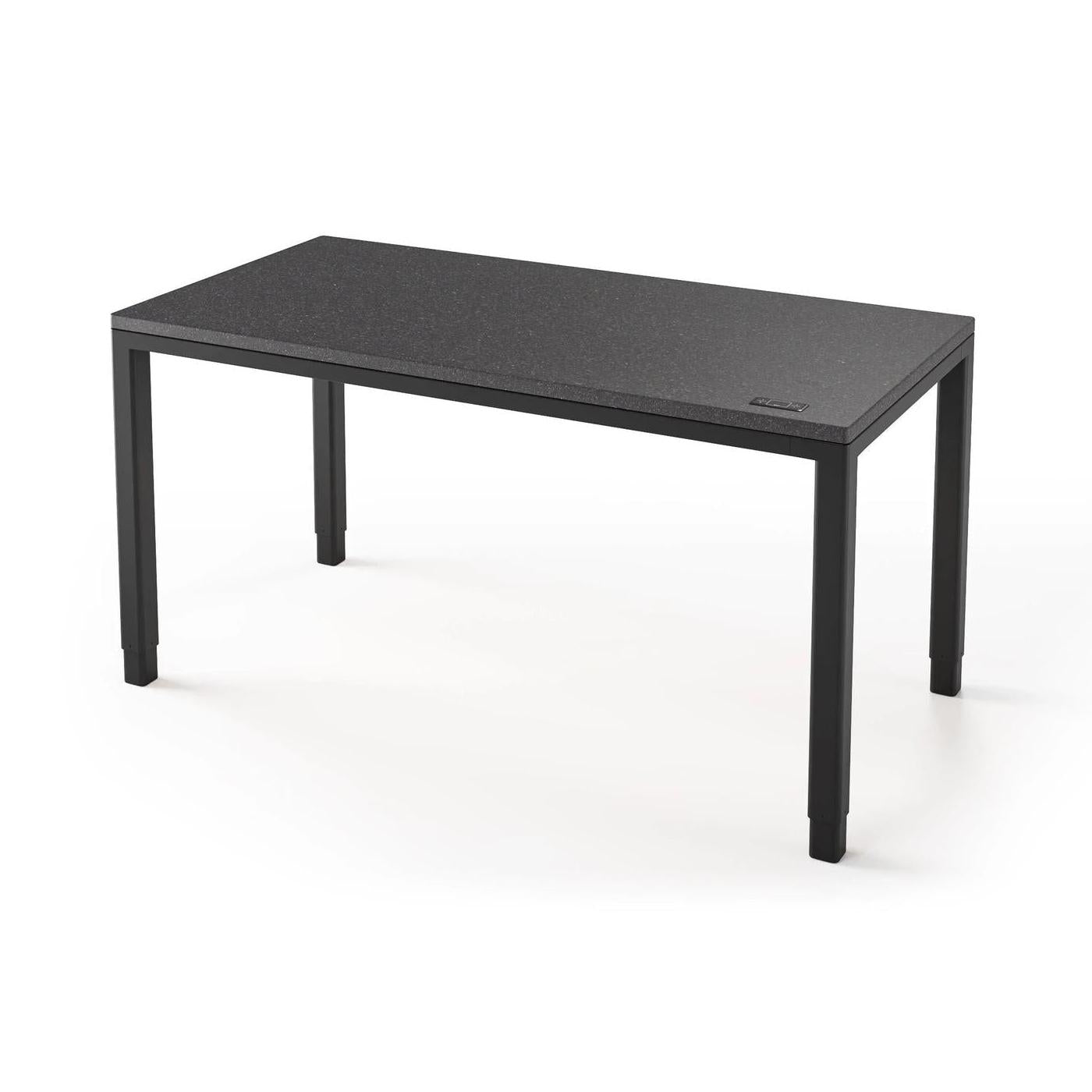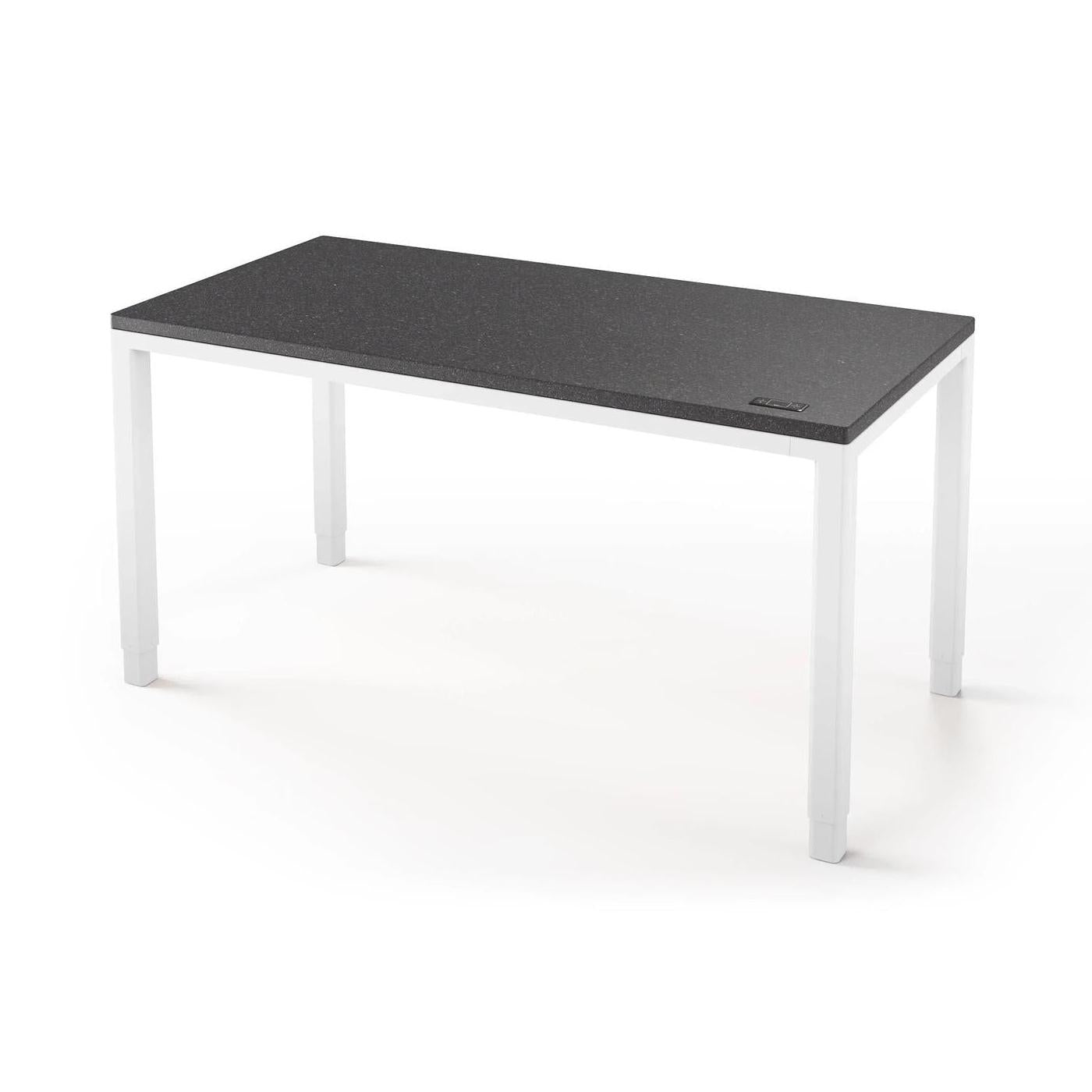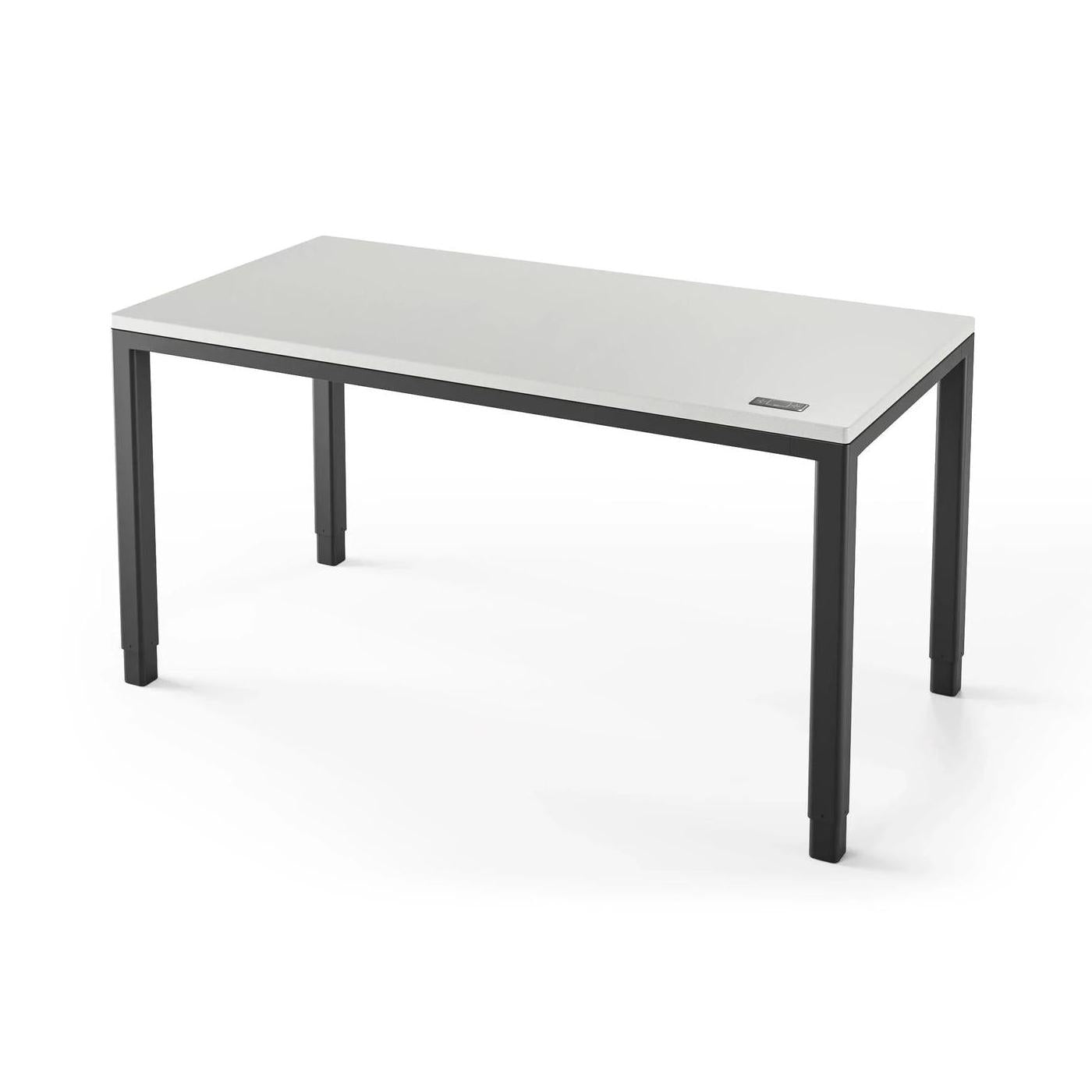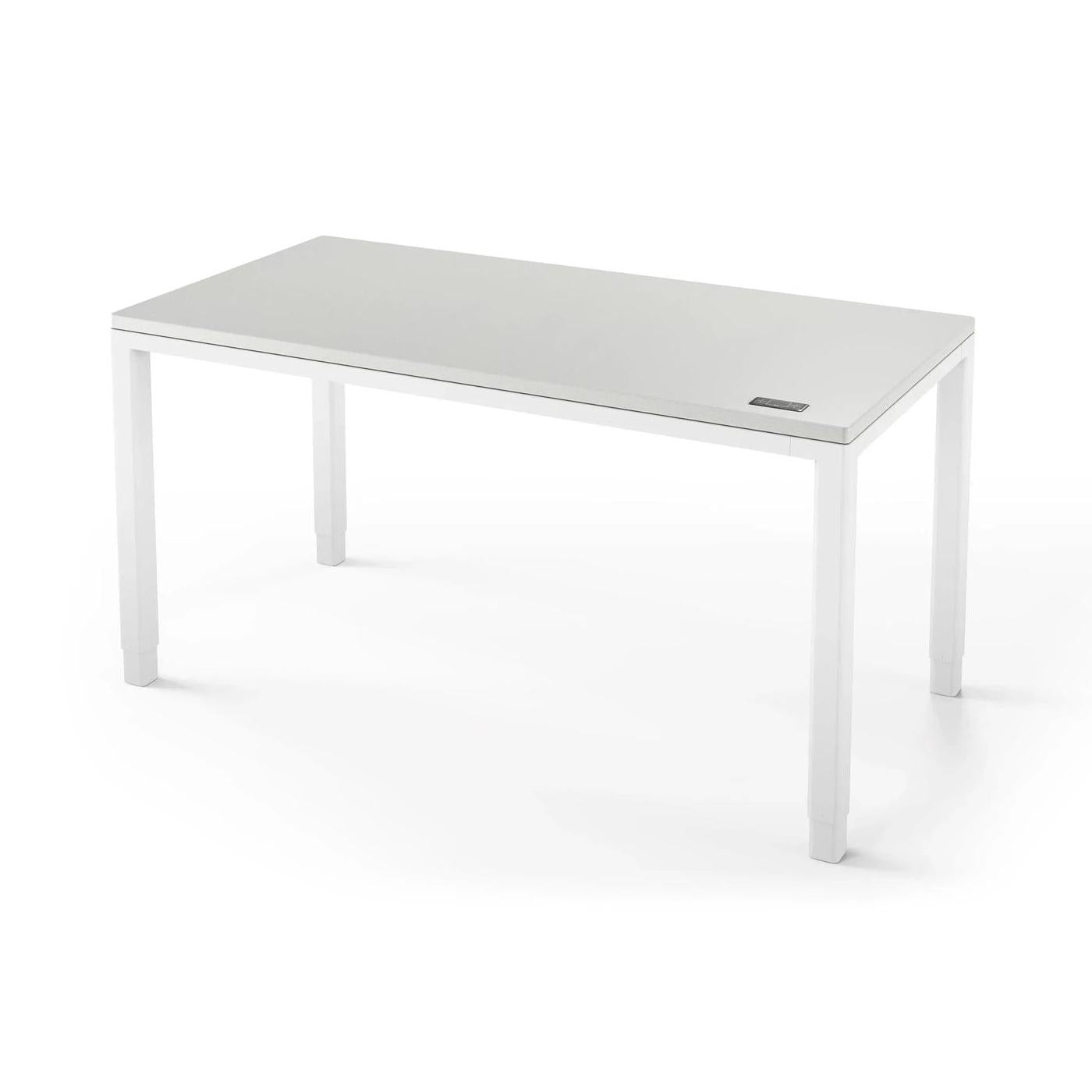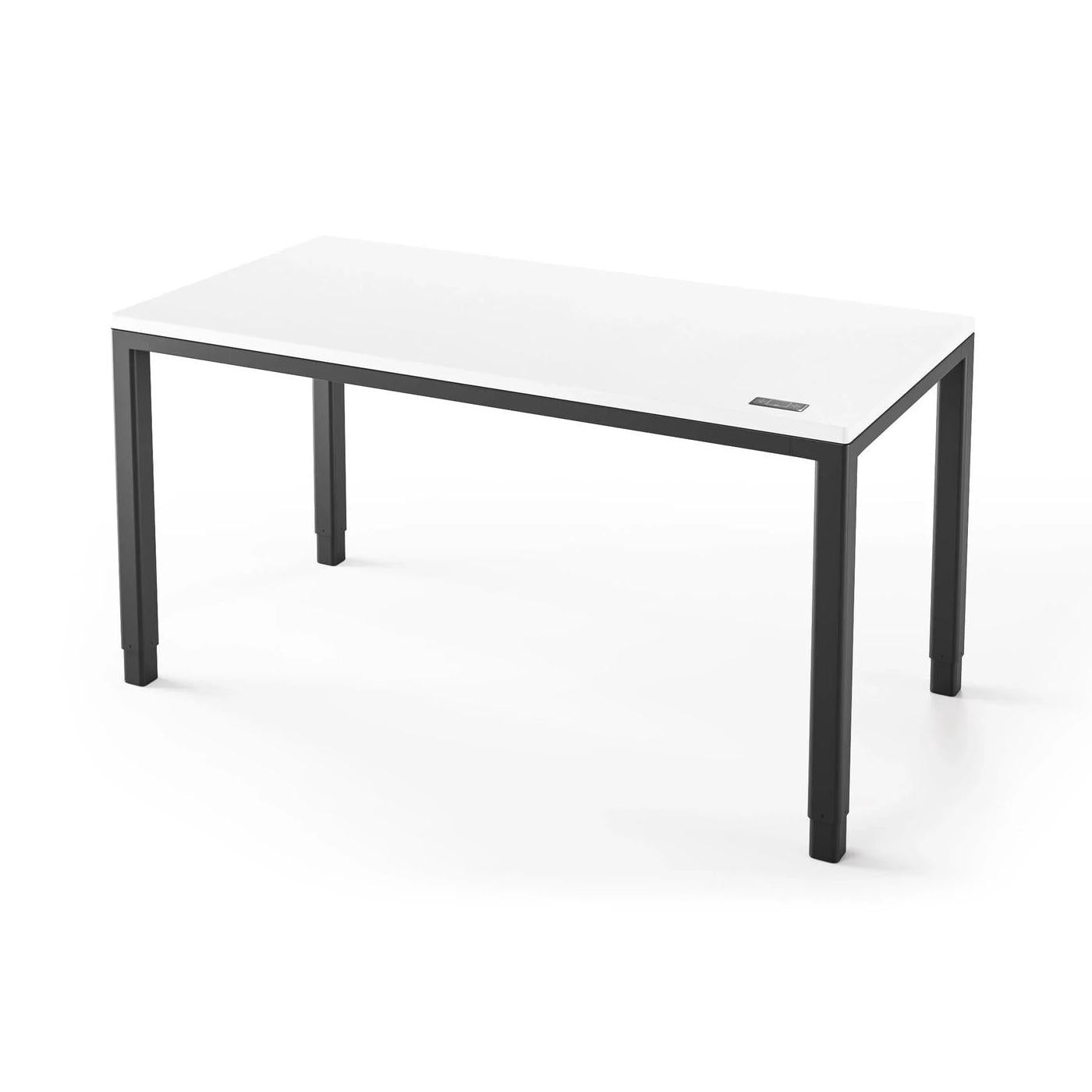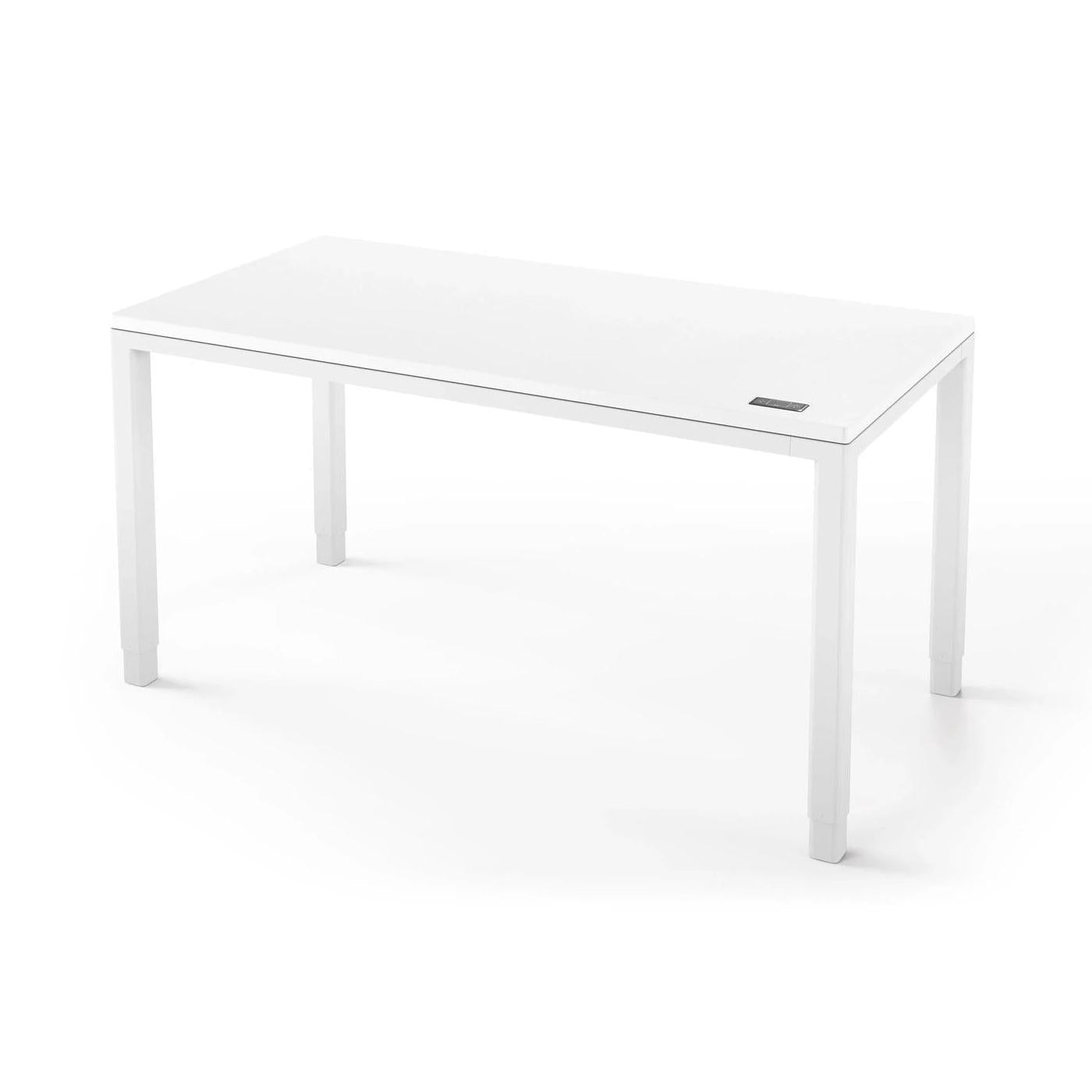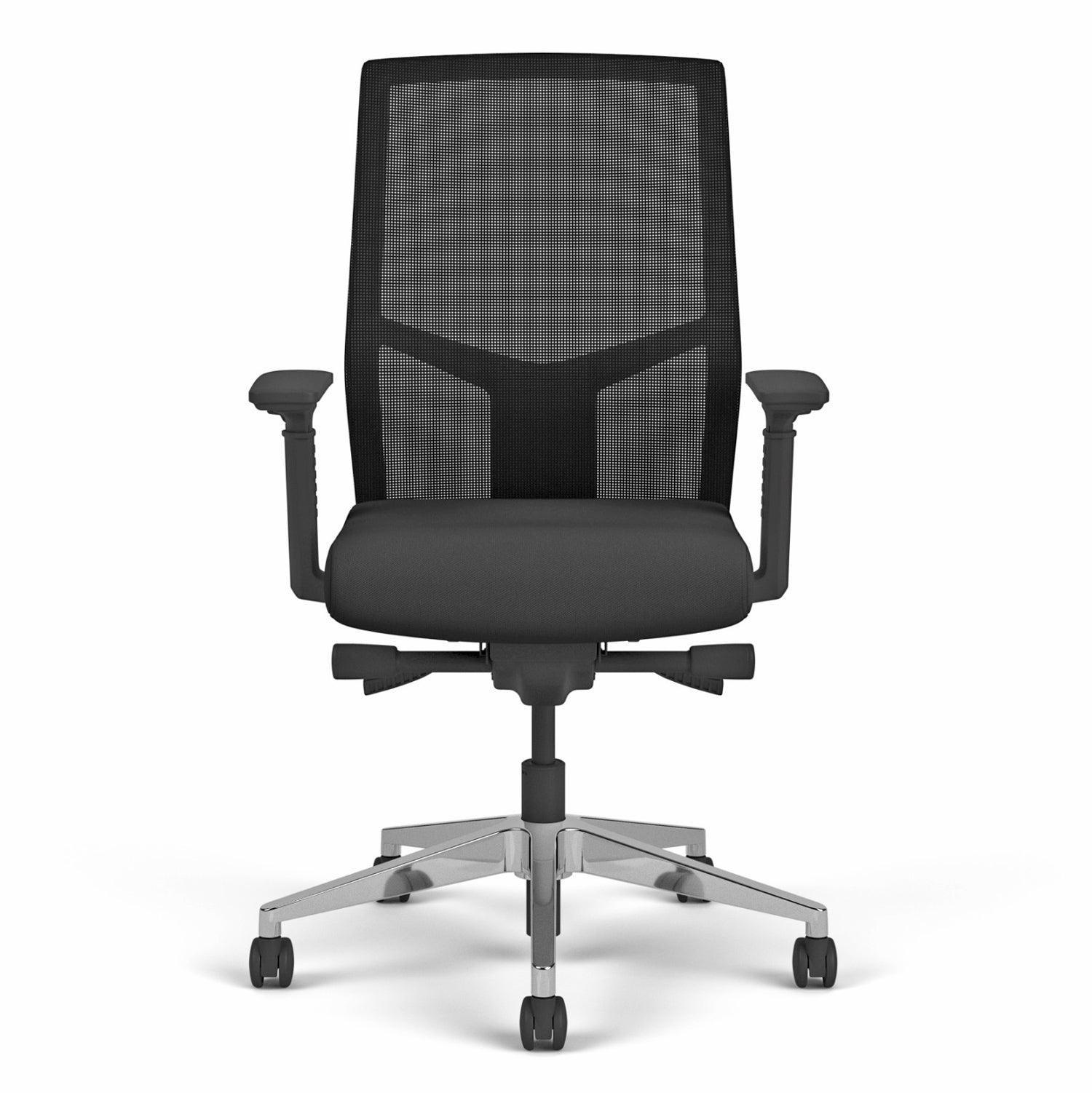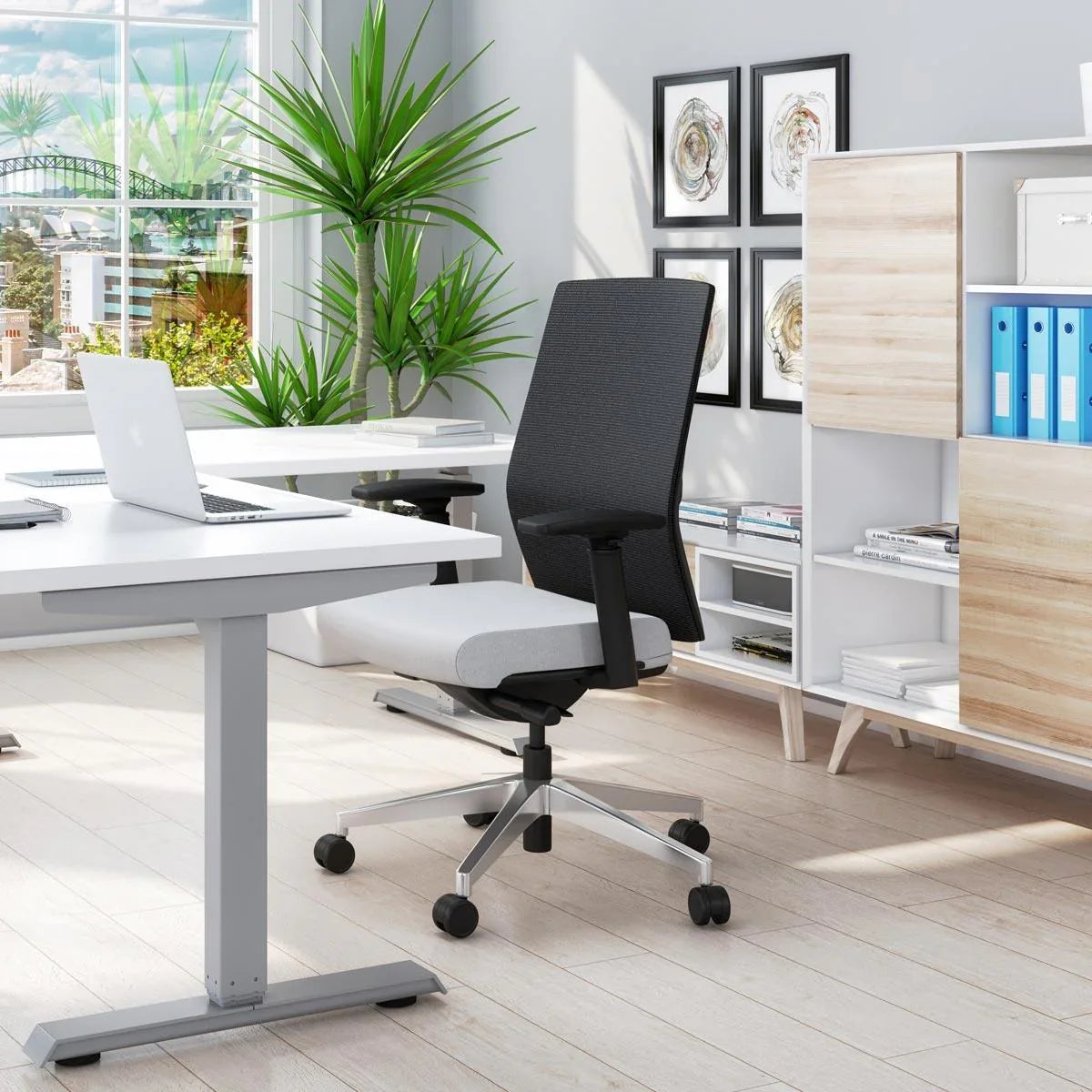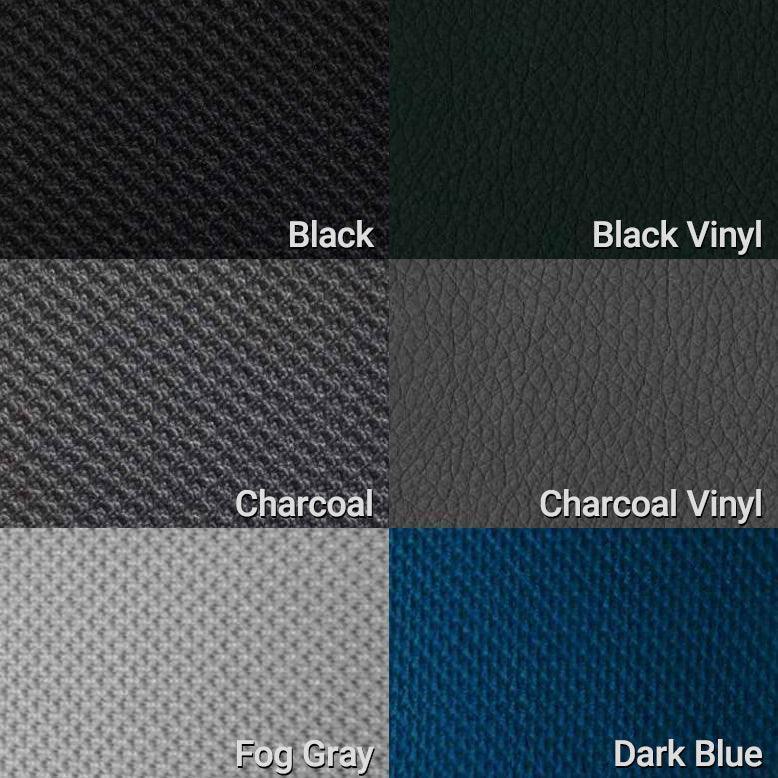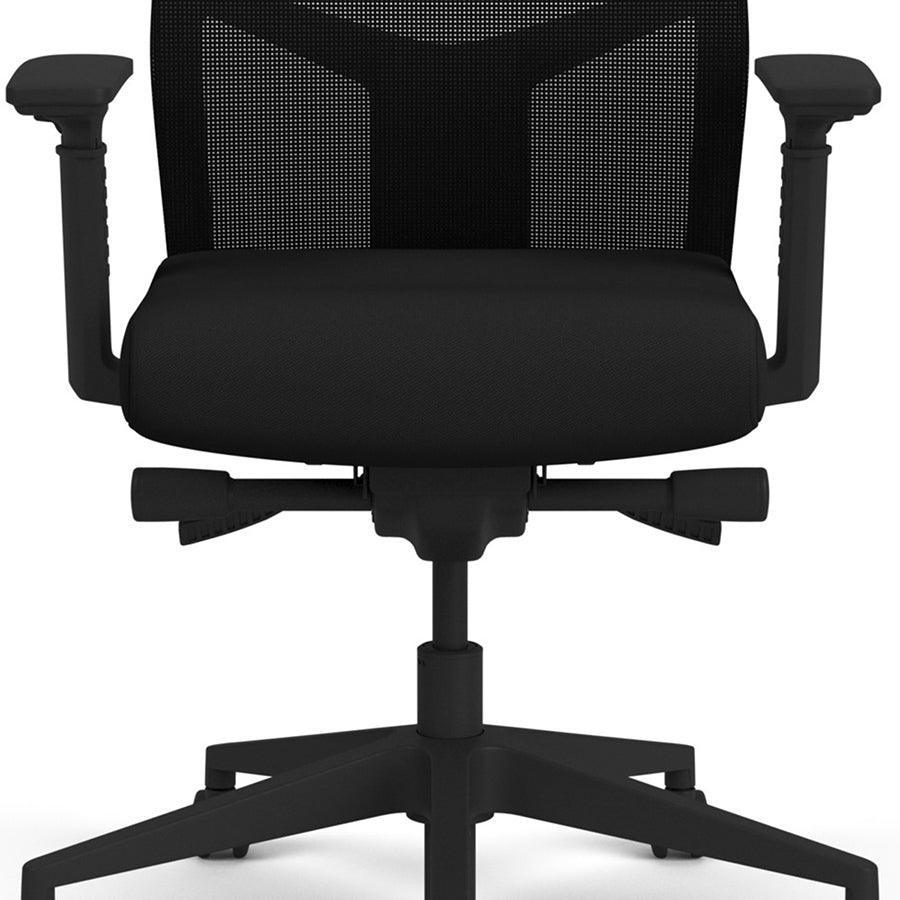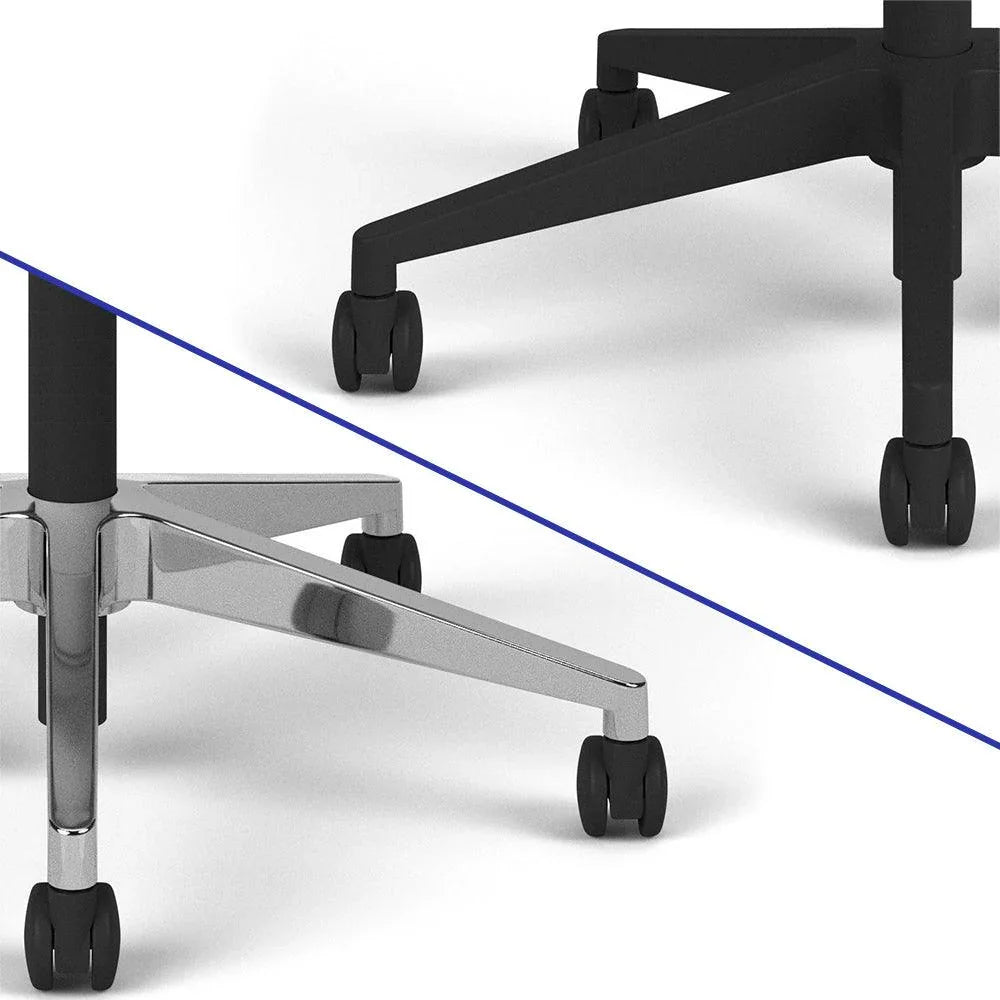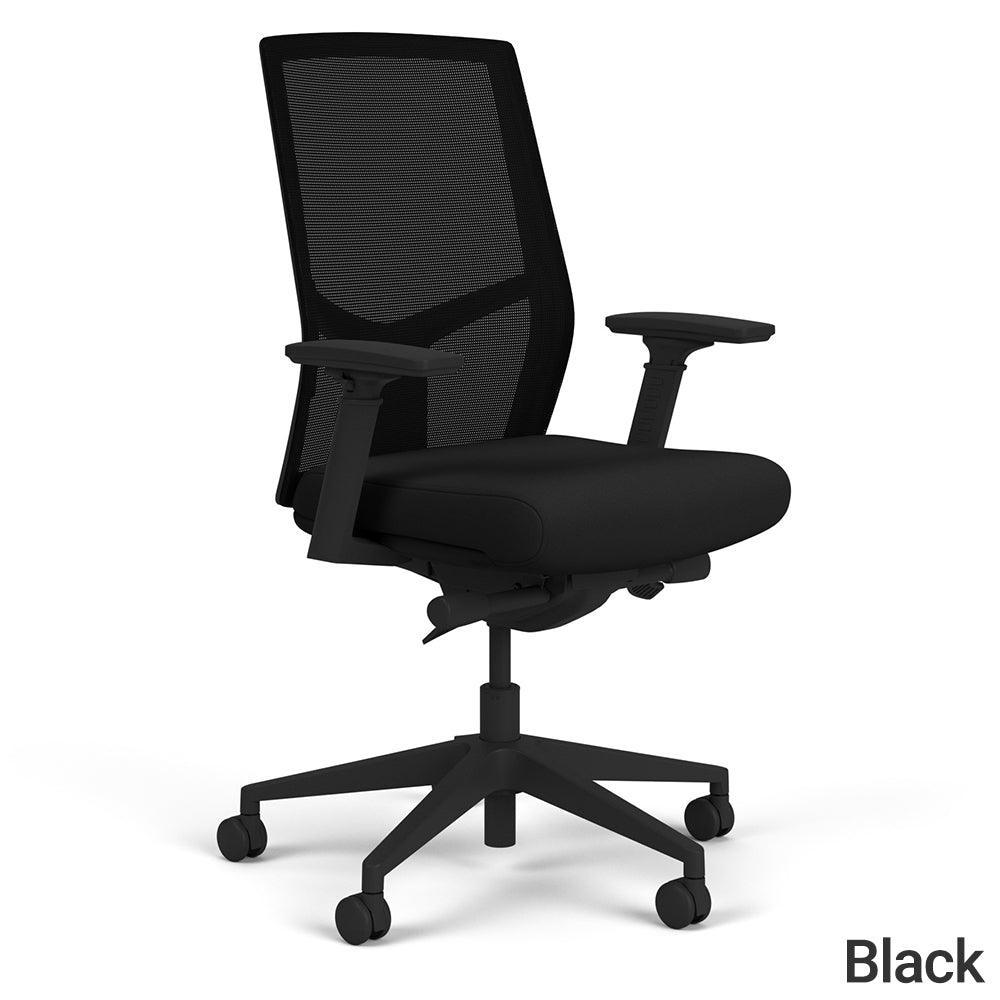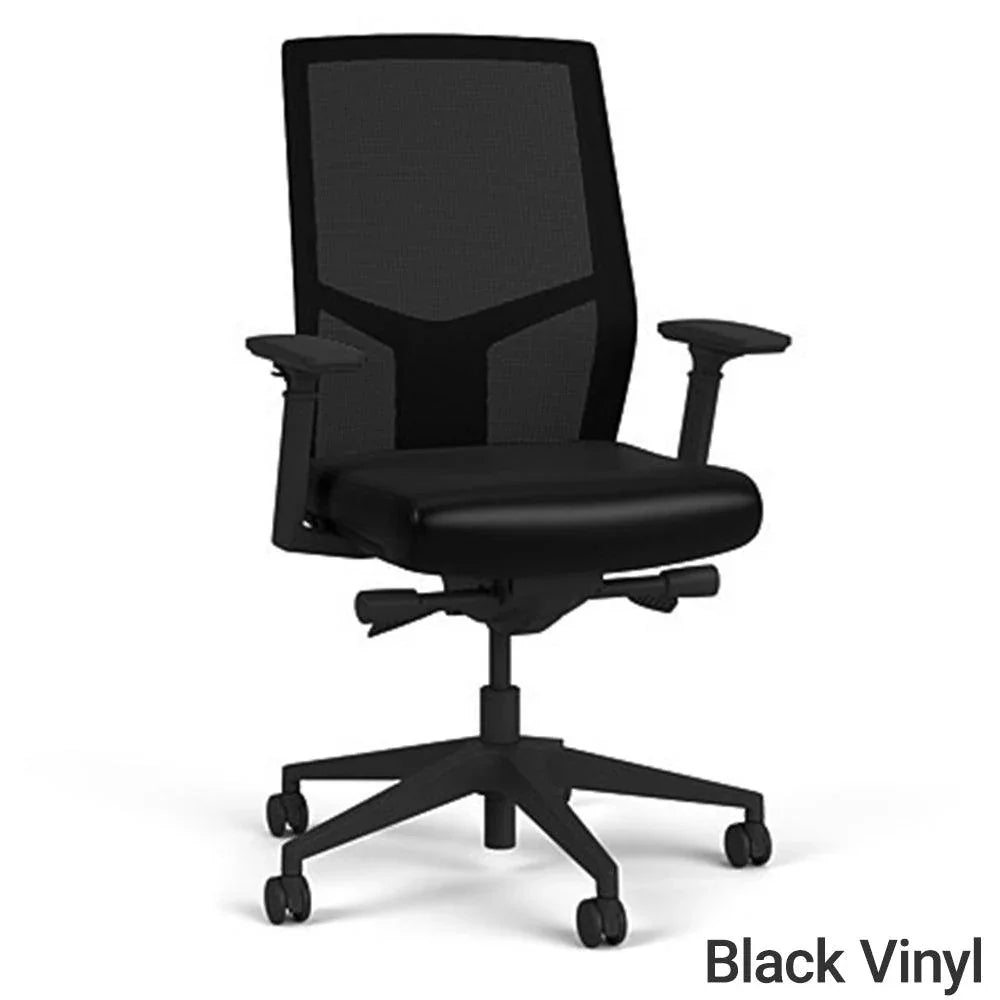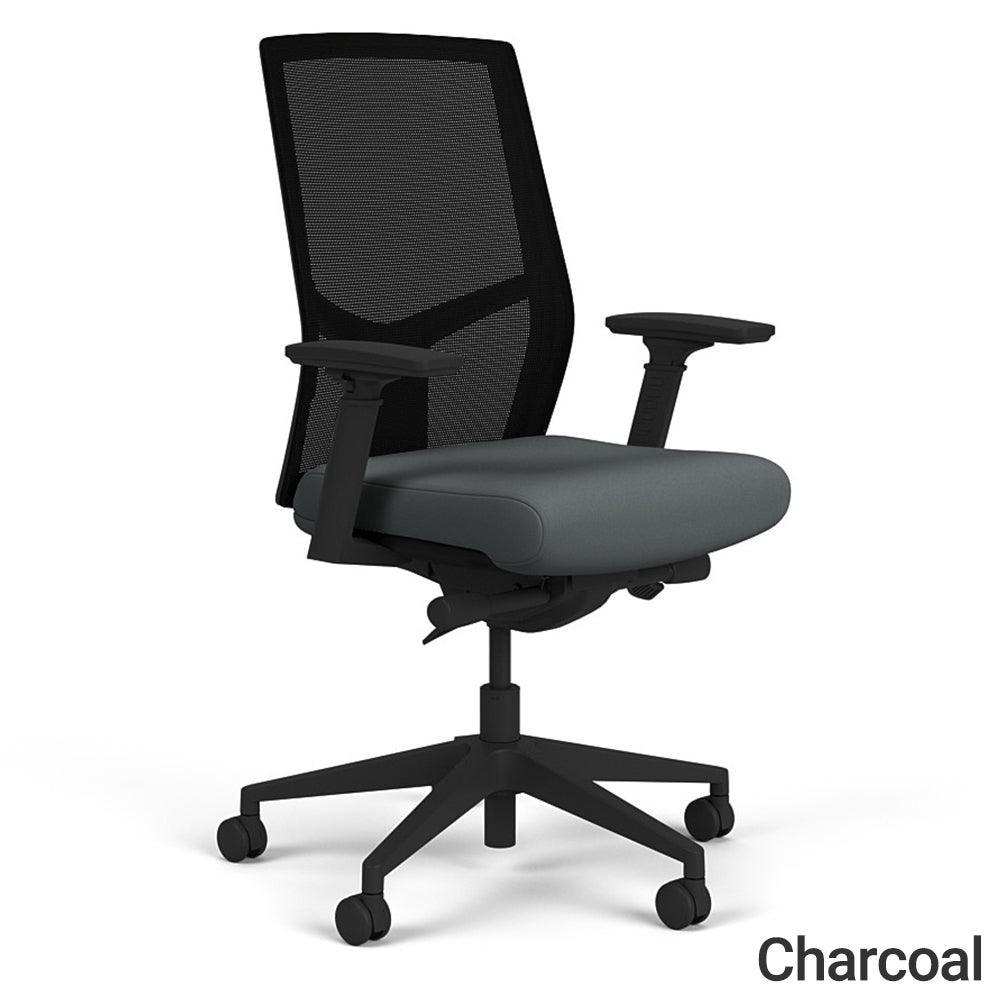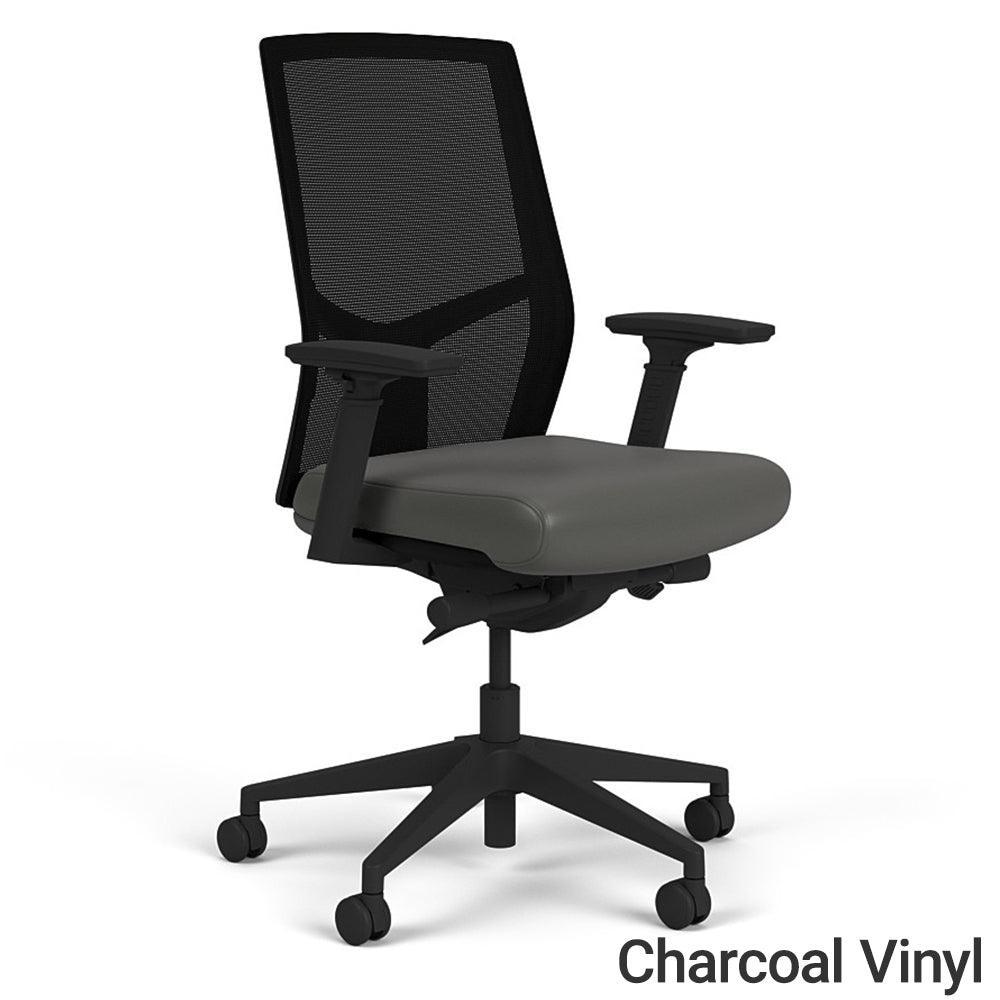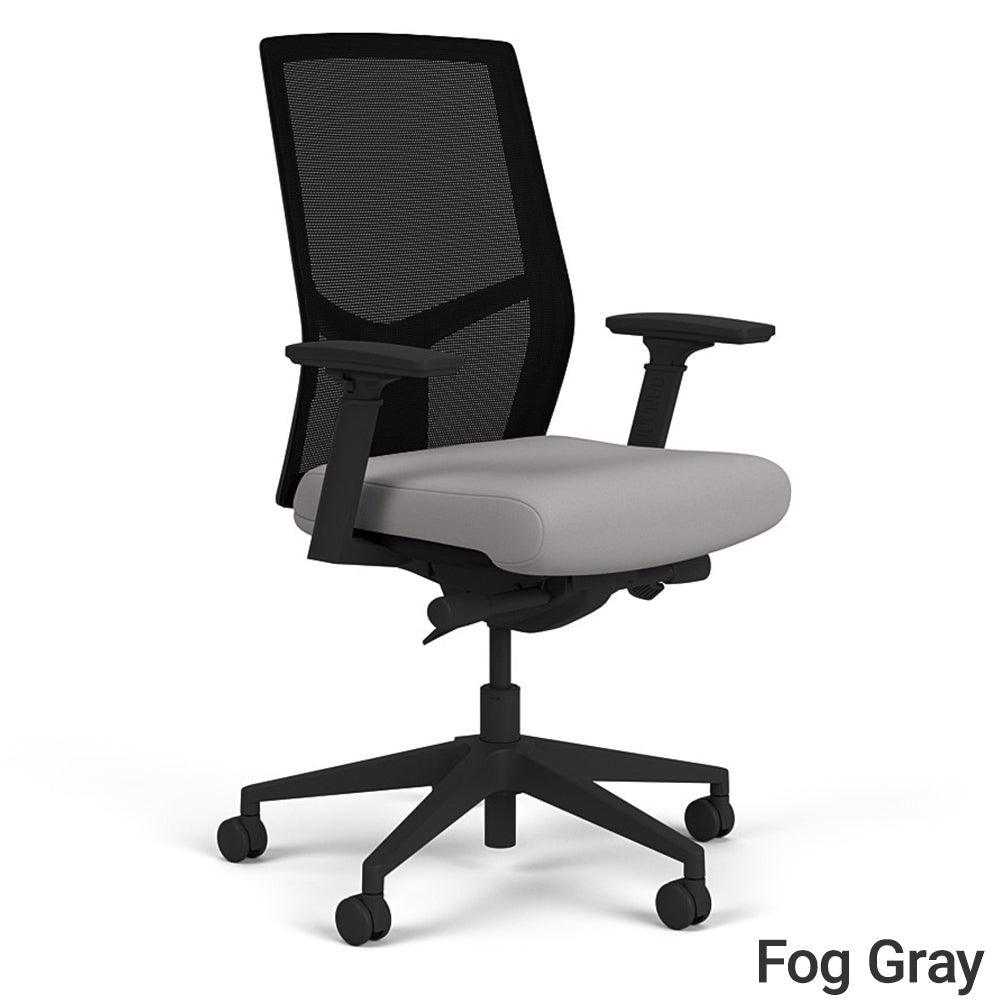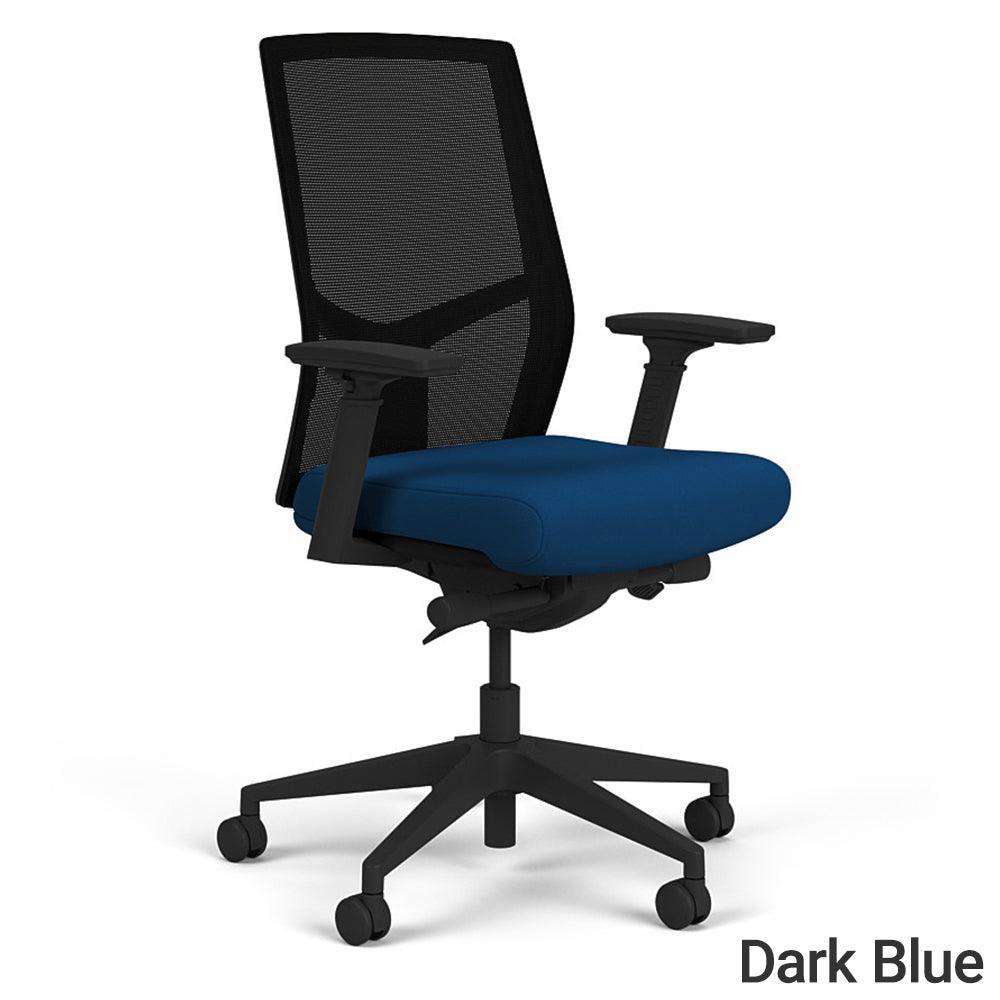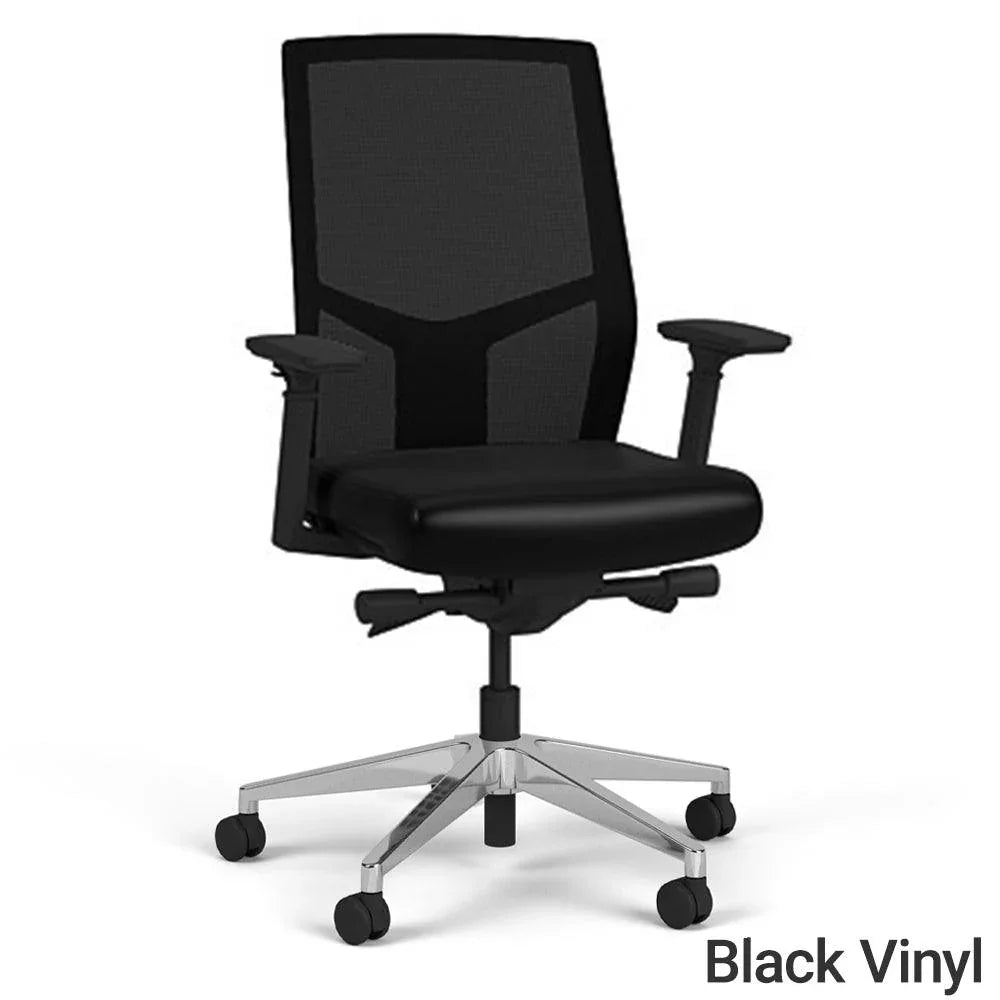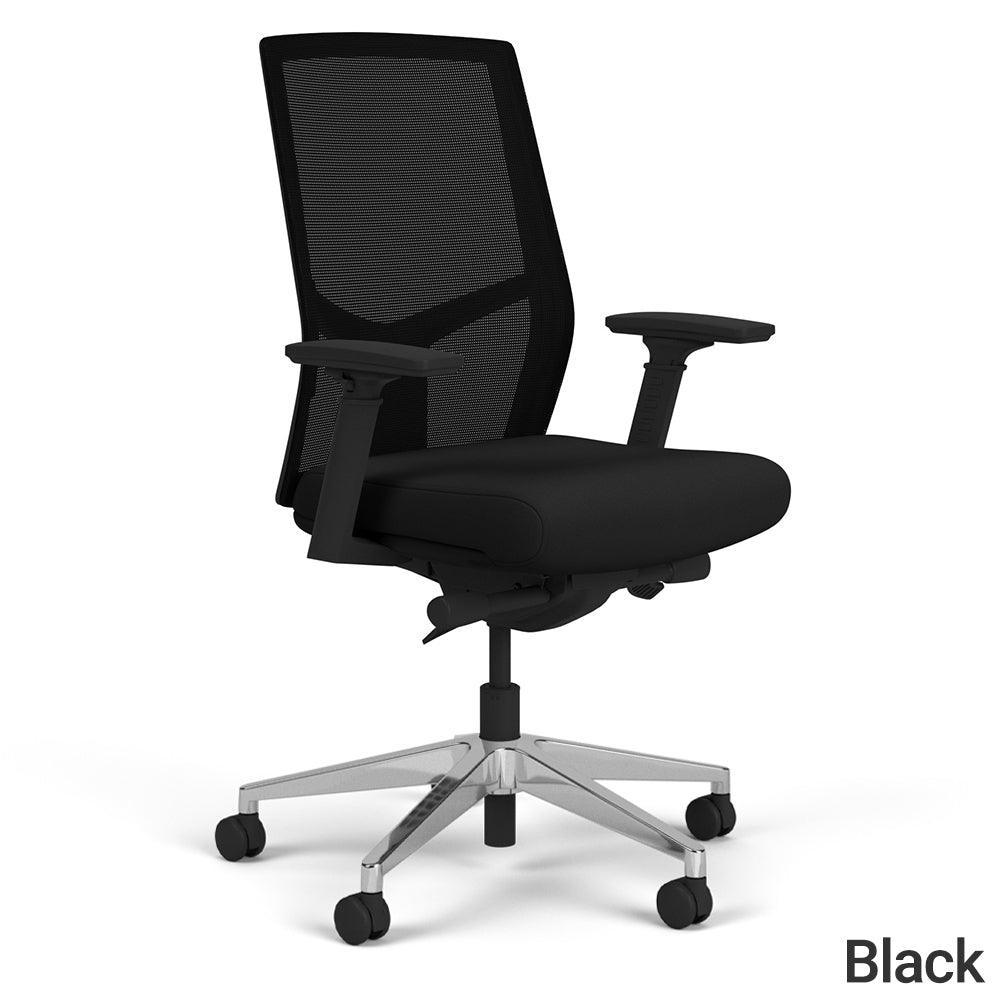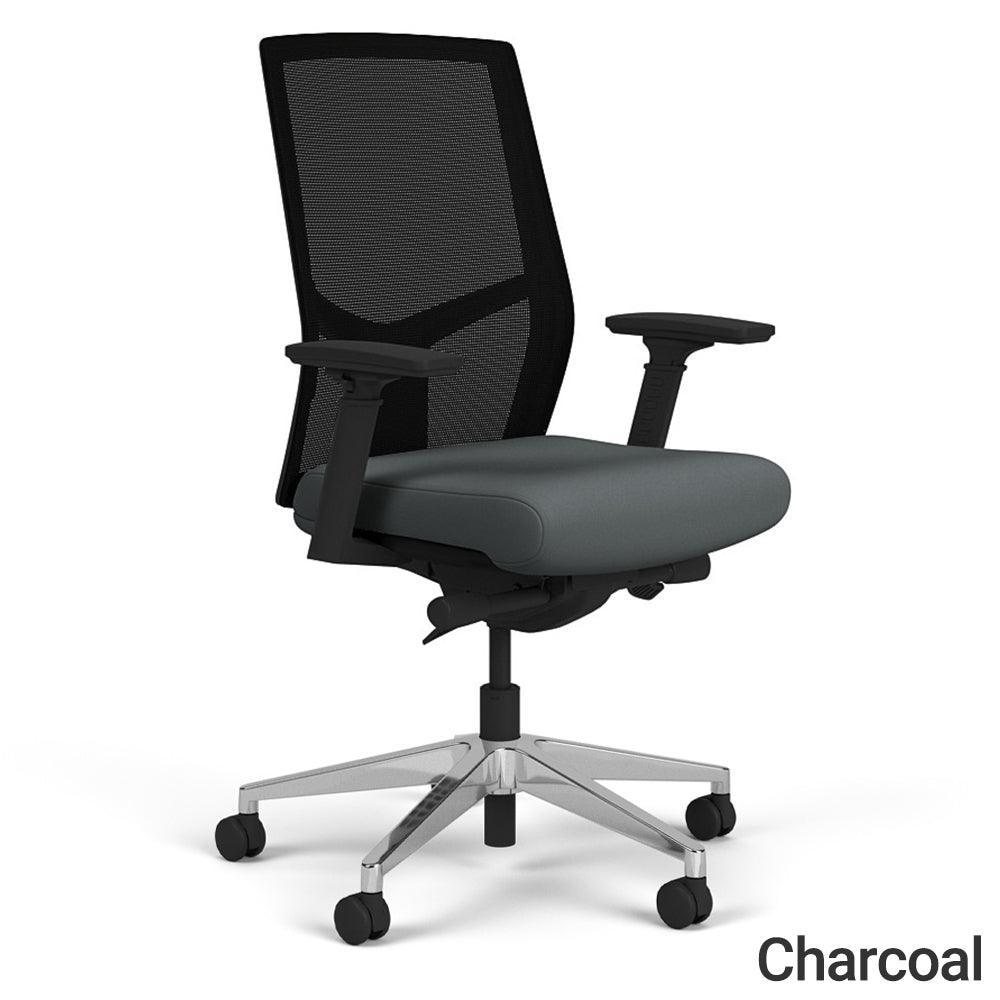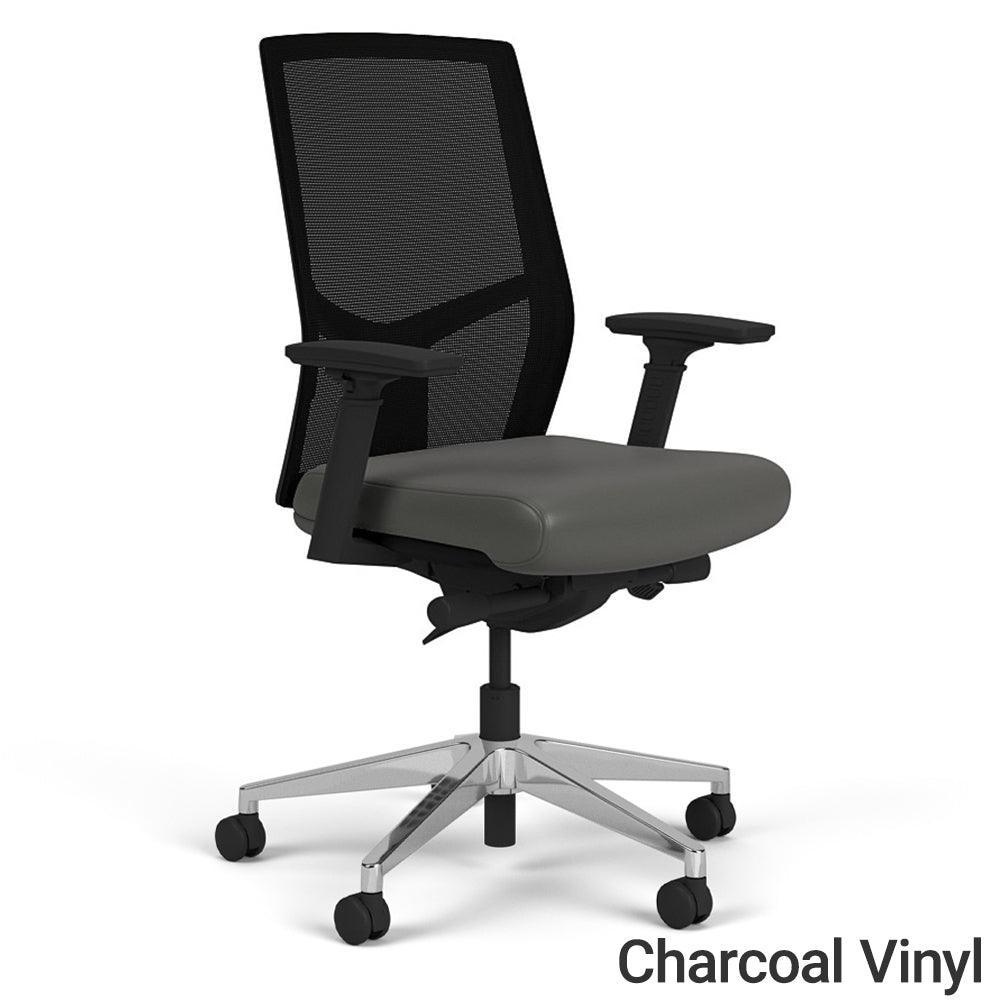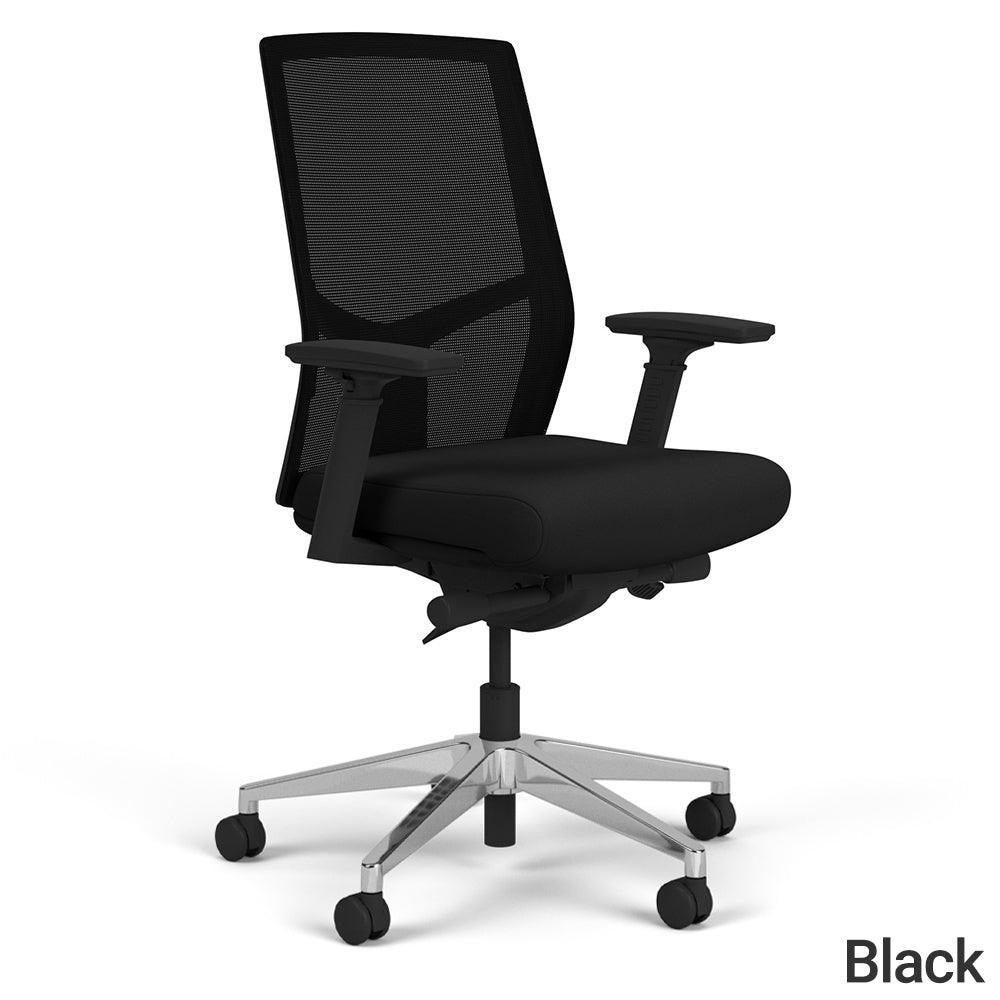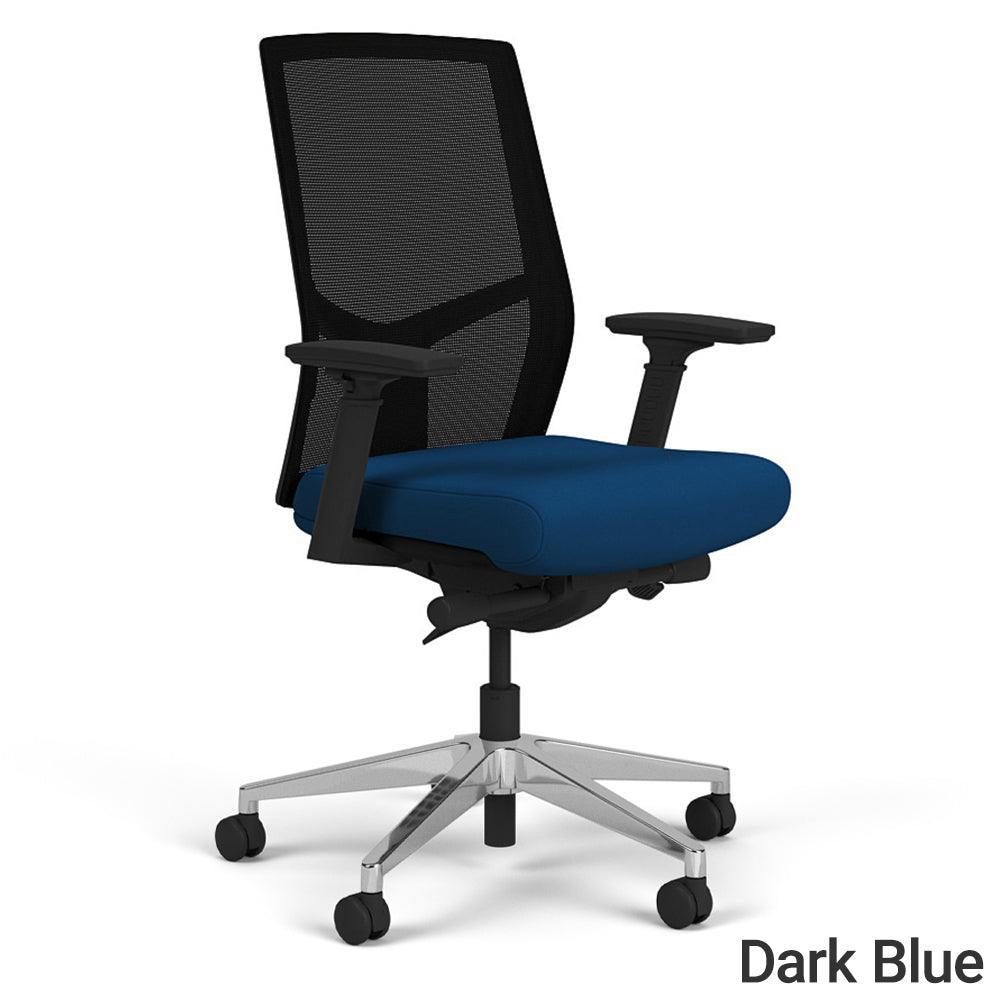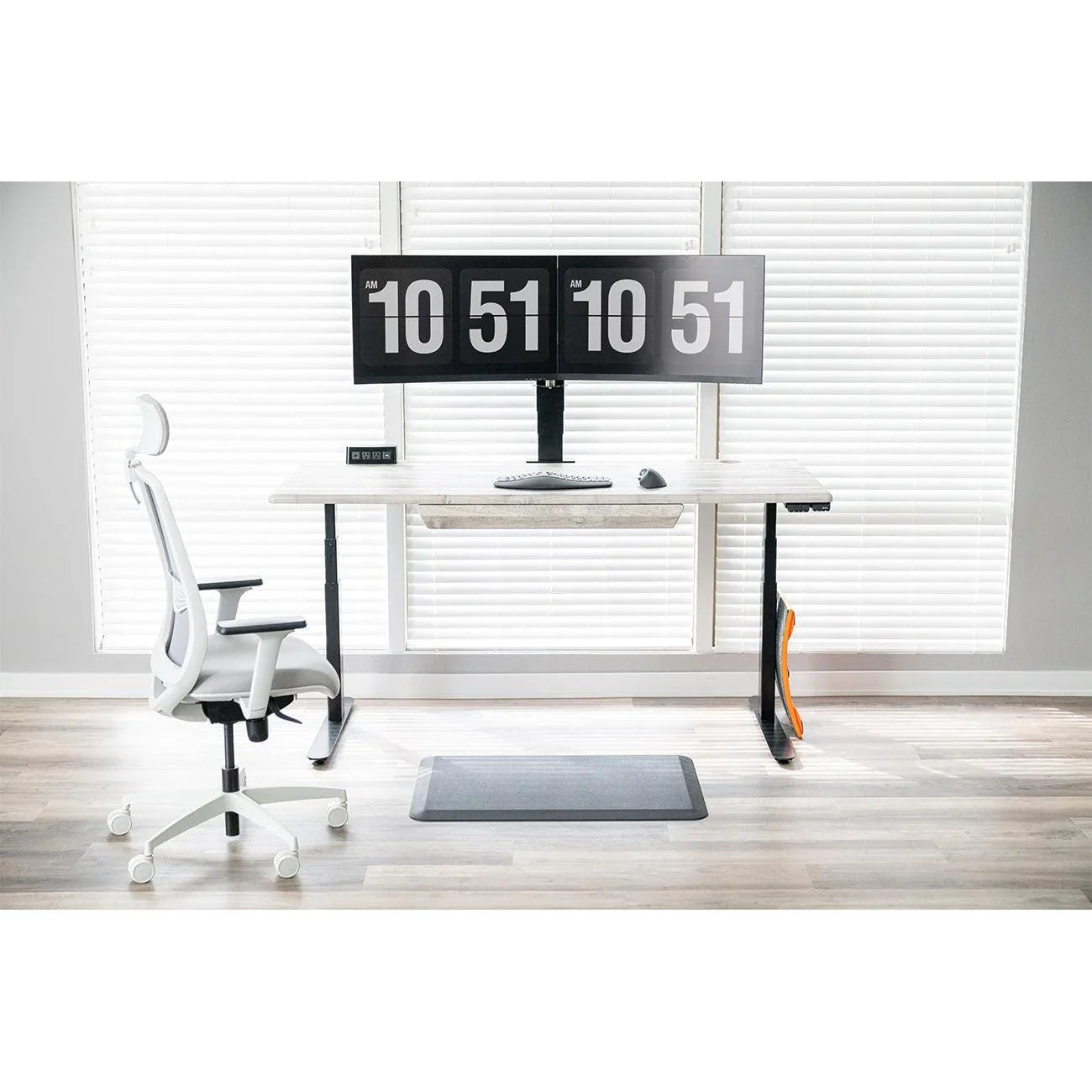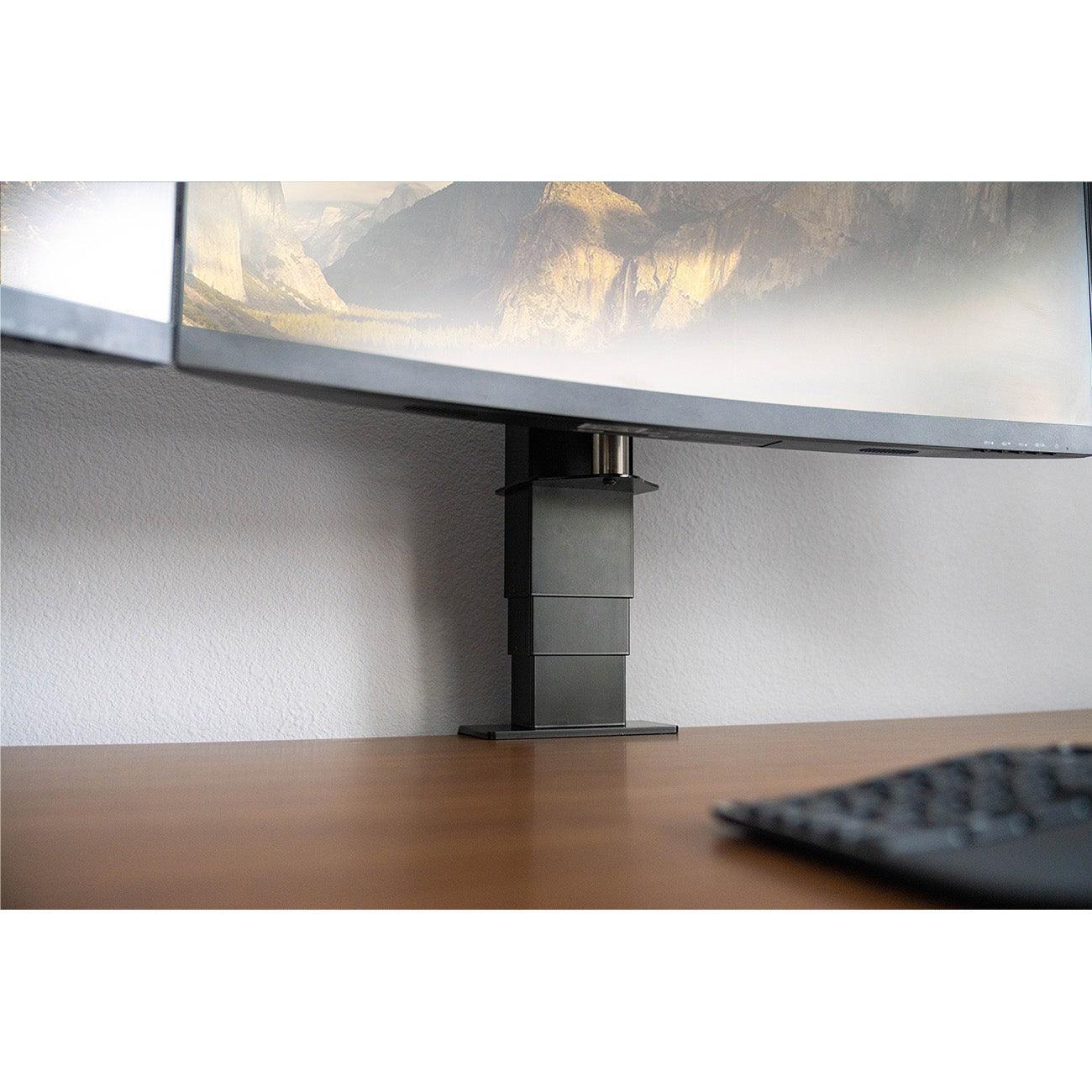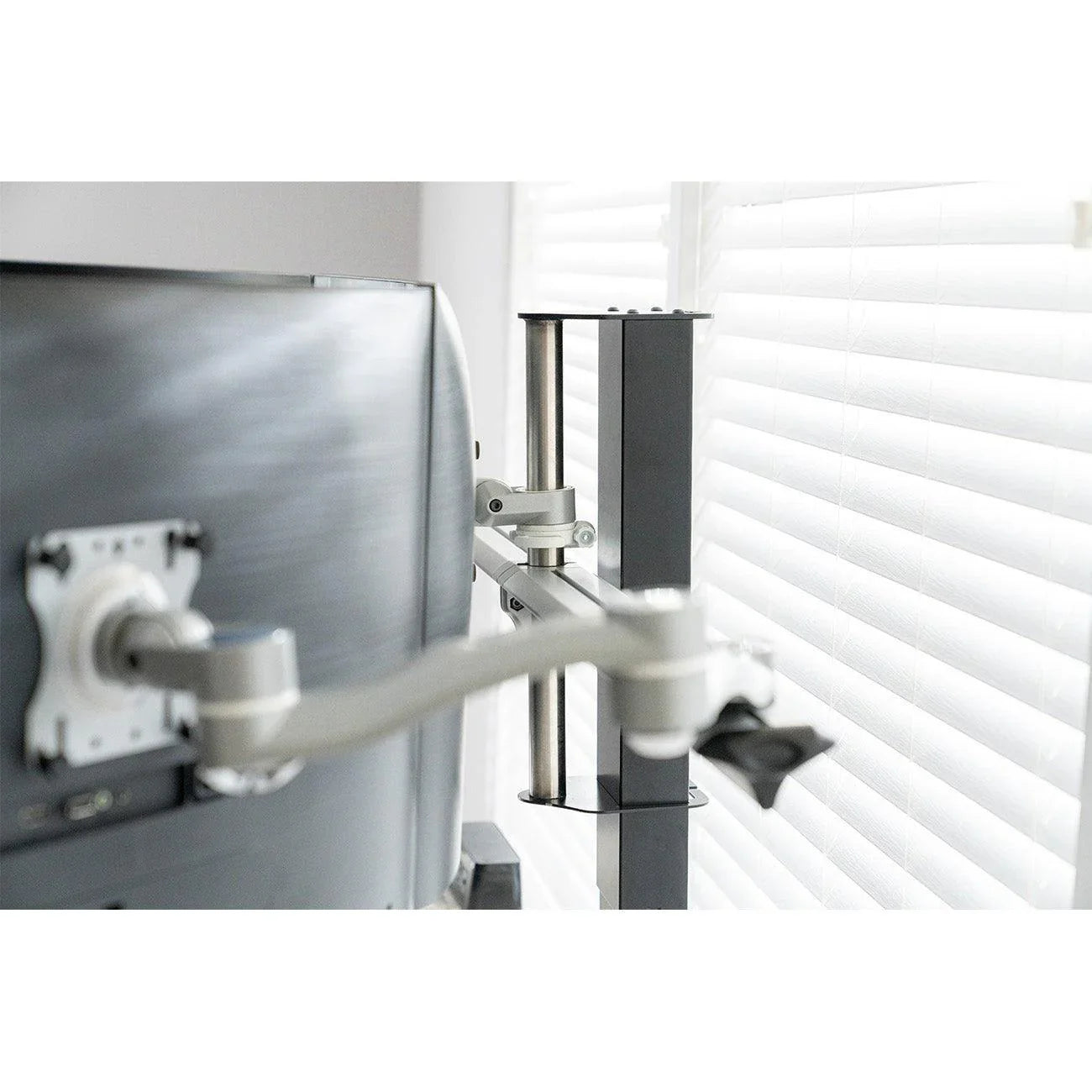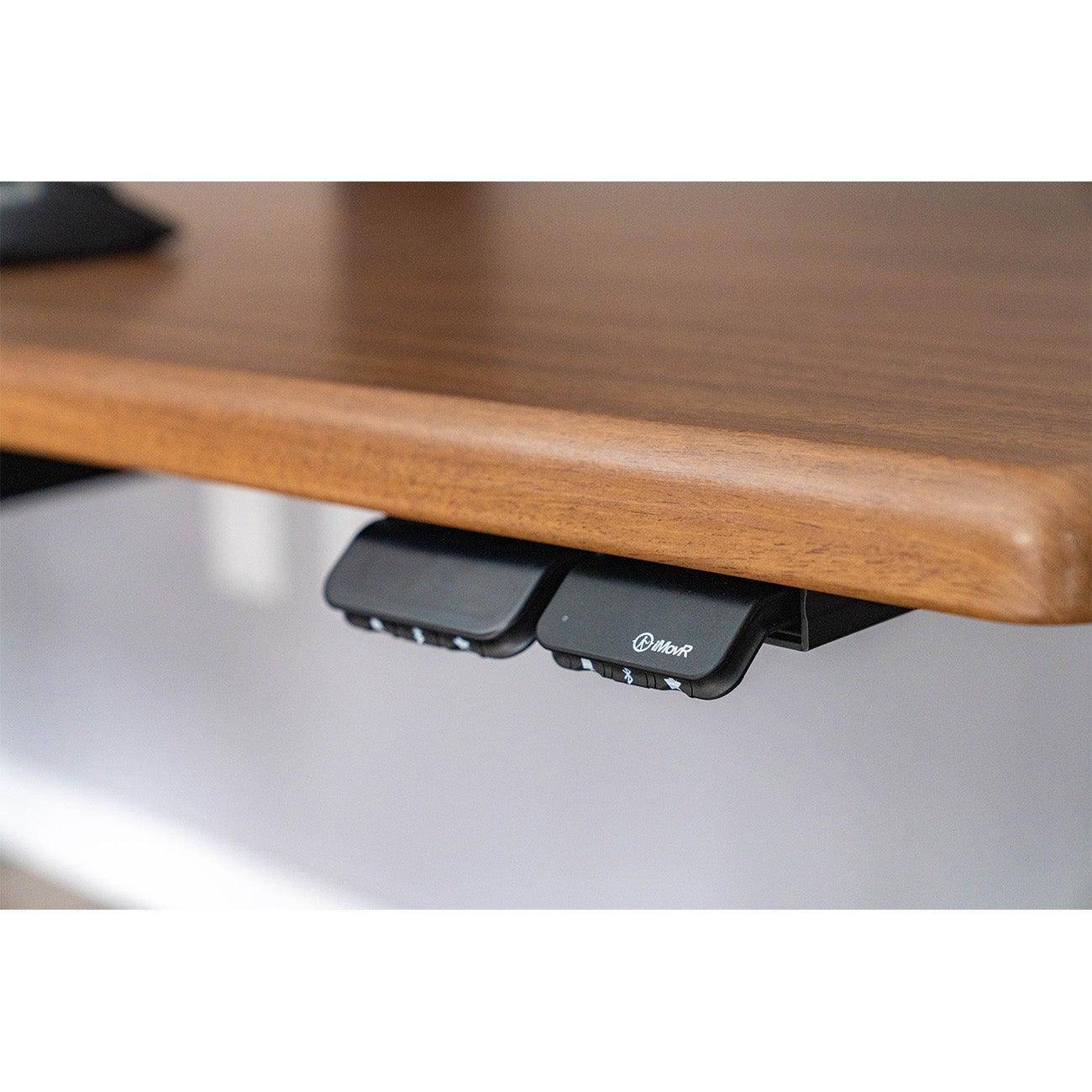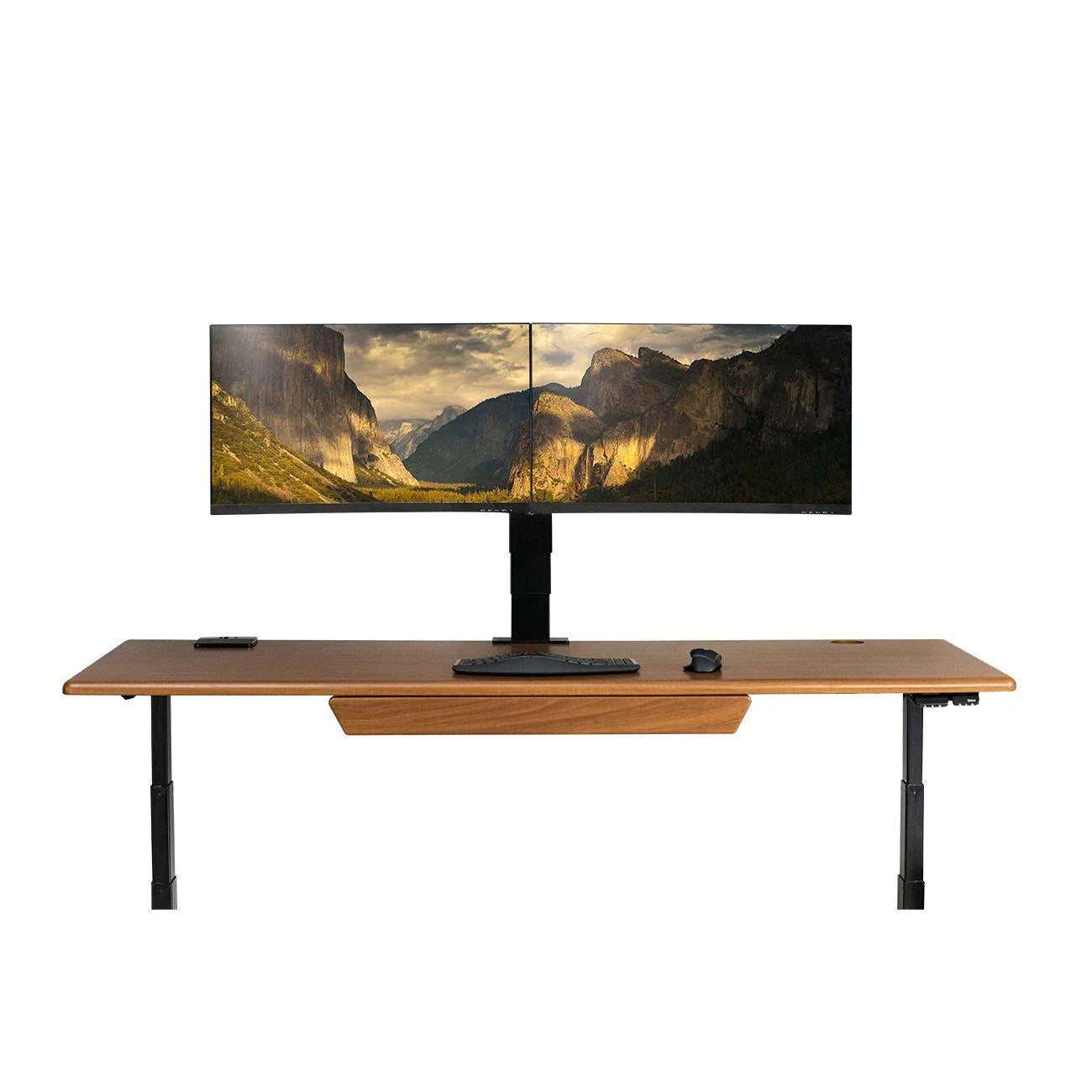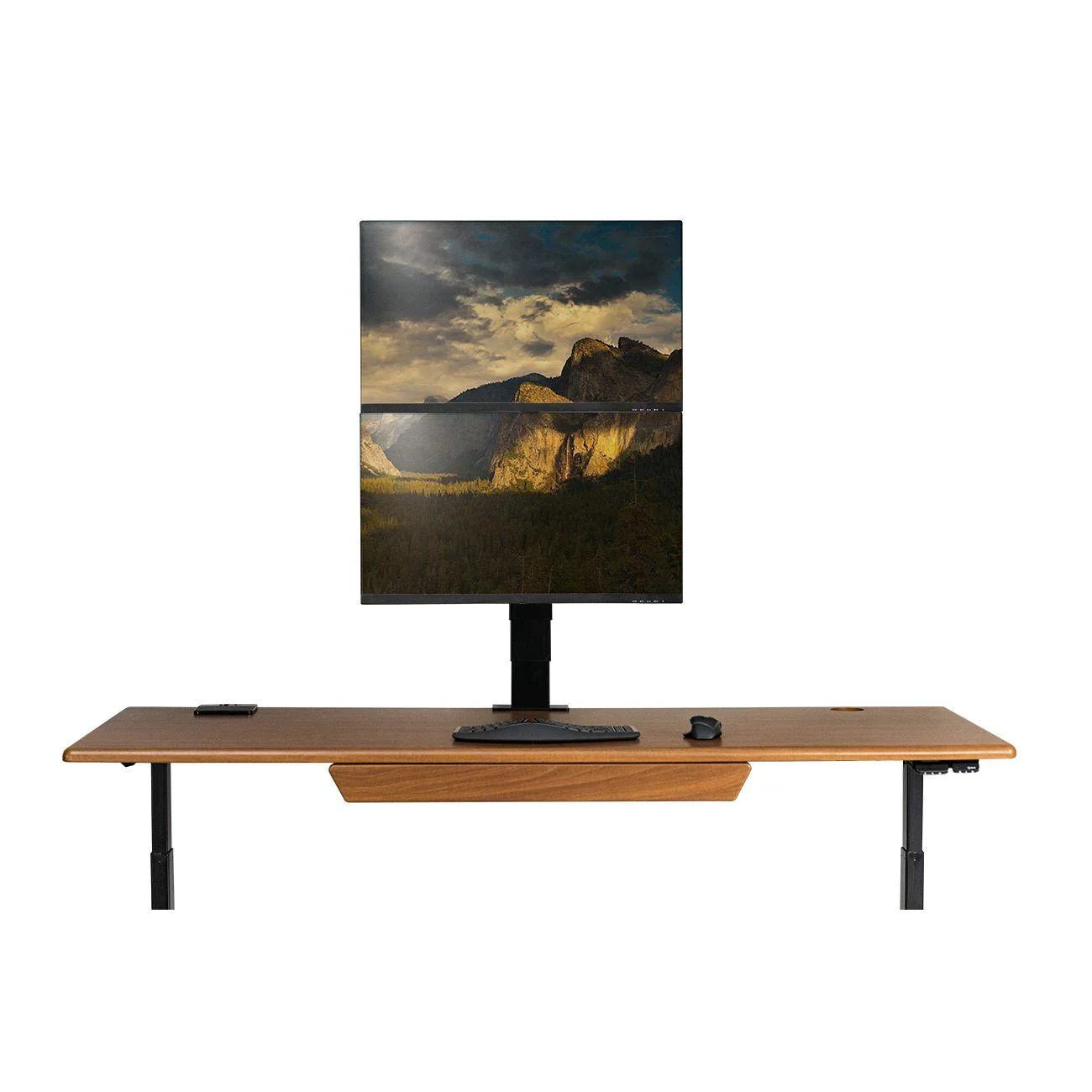Environmental Charter

As a Pacific Northwest-based company the iMovR team feels closely connected to nature; it is the reason most of us choose to live in this beautiful part of the country, and this shared value is woven into our corporate culture. Thus we are deeply committed to the environment in how we design, manufacture and deliver our products.
Below are just a few examples of how we already do many things to minimize our environmental impact, as well as some of our newer initiatives for continuing to lower that impact.
It Starts with Designing Quality and Durability into Our Products
It is an empirical truth that the best way to keep materials out of the landfill is to build quality and durability into products from the outset. While we know there are hundreds of commodity producers of office fitness products—particularly in Asia—that cut every conceivable corner in order to shave every possible penny from their retail prices, iMovR does not participate in this "race to the bottom."
The vast majority of our products, and especially our desk, standing mat and chair lines are manufactured in North America, which means that the materials we source and the factories we buy from have to comply with EPA standards to begin with; standards which are much stronger and more strictly enforced than those in China and other countries.
Factories pumping out cheaply-made products not only pollute the planet more and have a bigger carbon footprint just from overseas shipping, they wind up obsolete or malfunctioning more prematurely. This means they wind up taking space in landfills much sooner than quality-built products would. Not to mention the inconvenience to users of having to replace these items.

According to U.S. EPA estimates, up to 8.5 million tons, or 17 billion pounds, of office assets end up in US landfills annually.
In the long run we know that paying more upfront for a higher quality product will translate to a lower cost of ownership when the purchase price is divided by its useful lifespan.
A very simple example of this difference in manufacturing philosophy is our EcoLast standing mats (manufactured in Missouri, Michigan, and Texas). Sure, we could source polyurethane mats overseas like our competitors do, and sell them at half the price. Those mats would need to be replaced as they begin to lose buoyancy, curl at the edges, form mold, or disintegrate, as cheap mats do.
EcoLast mats, on the other hand, are made entirely with US-sourced raw materials and are designed to last a lifetime. Consisting of 100% polyurethane rather than a lower-cost sandwich of foreign-produced polyurethane and other cheap foam materials means that they are also completely recyclable and will not need to go to the landfill for many, many years, if not a lifetime. To learn more about why we call this line of products EcoLast read our primer on how we produce our 100% polyurethane, unibody, American-made standing mats.
How iMovR Sources Wood Products
You can’t make a standing desk without using wood, but the kind of wood you use has significant implications on the environment, durability, shapeability, cleanability, appearance and, of course, cost. Following are details about how we produce both our exclusive Surf(x) 3D-laminated work surfaces as well as our unparalleled natural hardwood desktops.
3D-laminated Work Surfaces
Whereas most of our competitors purchase their desktops cheaply in Asia, where environmental standards are far lower than ours here in the USA, there are huge differences in quality. Some use low-quality particleboard or lower grades of MDF (medium-density fiberboard) that can crumble when a screw goes into them.
You can usually sense the quality of wood being used simply by looking inside a grommet hole. They tend to be unfinished under that plastic grommet cap, and susceptible to devastating damage from a spilled glass of liquid. (We always fully finish and seal our grommet holes, so nicely that most customers prefer not to hide them.) Toxic chemicals banned in the US may still be used in some of these countries.
The old-school, high-pressure-laminate (HPL) that is used on the vast majority of office furniture is highly prone to drying out the adhesives at the seams. Thus they have a shorter useful life before the edge banding peels off, the board warps or cracks, or the surface discolors. The edge-band glue seams also tend to collect bacteria, hence their avoidance in healthcare settings.
iMovR is one of the few office furniture manufacturers in the world that uses only state-of-the-art Surf(x) 3D lamination. True healthcare-grade lamination of this kind (i.e. not just simple "thermoforming" but hermetically sealed and molecularly bonded to the wood substrate) has numerous performance, aesthetic and environmental benefits.
Because of the immense investment in equipment and laminate stocks required to produce these advanced 3D-laminated work surfaces, desktops like these cannot even be sourced in Asia or Europe. All the more important in the post-pandemic age is the fact that these surfaces are incredibly durable and can be cleaned with even the harshest of hospital disinfectants that would quickly degrade the glues and discolor the laminates used in HPL desktops.
The MDF boards we use in our 3D-laminated desktops are sourced domestically from FSC-certified forests and mills and are of the top grade available (see the specific environmental certifications for the MDF used in iMovR 3D-laminated work surfaces).
Consumers should beware of some "engineered woods" made of grasses and plants (e.g. bamboo, rubberwood, eucalyptus) that some of our competitors promote as "green" products because these crops grow quickly. In truth, these crops are often grown in environmentally devastating monoculture forests and converted into rather fragile desktops using an immense amount of power, water, and chemical processes. They are the opposite of a "green choice" and have a short useful life compared to MDF-core or natural wood desktops.
We will never source cheaper desktops from overseas as they have a propensity to prematurely delaminate, discolor, warp or crack. A prime example of this is the so-called "reclaimed wood" that some of our competitors love to promote. Such wood could be anything from factory scraps to sunken logs, generally of too poor a grade to be sold as virgin lumber. They market it as "reclaimed wood" as if it came off a 100-year-old barn from original old-growth, hand-hewn timber—but don’t be fooled.
Solid Wood Work Surfaces
Of course, our solid wood products are only made from sustainable, domestically-grown species of natural hardwoods. You can read all about their sources and the honest materials that our artisan furniture makers use in hand-crafting these heirloom-quality desktops and tabletops here. These desktops are incomparable in their quality grades and elaborate 7-step finishing process that ensures their long-term durability.
Whereas a handful of our competitors have finally been pressured to offer warranties on their desktops (most do not), iMovR has always offered an industry-leading warranty on all our desktops—whether 3D laminate, solid wood, Baltic birch, or powdercoat—of at least five years.
While our competitors’ imported desktops are so cheap that they can absorb warranty replacements as part of the cost of doing business, we don’t want our customers to ever hassle with the experience of having to rebuild their standing desks with a replacement desktop if it can be avoided.
Lastly, we recognize that some people have extreme sensitivities even to the very low-VOC adhesives, stains, and sealants that we use in finishing our solid wood tops. For these customers we do offer a zero-emissions alternative, which is something you can’t easily find elsewhere. Read more about it here.
Where Precision Robotic Manufacturing Plays an Important Role
iMovR only sources linear actuators (the lifting columns of a standing desk) from factories that have made immense investments in the latest precision laser and robotic manufacturing processes. This is not only the best way to compete with cheap Asian labor, it ensures the longest useful life of a desk base. For this reason, we are able to put industry-leading, ten-year warranties on all of our standing desk bases, including the standalone bases we sell to DIY customers and other desk manufacturers.
As illustrated in the above example of American-made standing mats, lifting bases that have the lowest possible machining tolerances will simply last longer, with little or no maintenance, as compared to commodity bases that have inherent "sloppy tolerances." Cheaper actuators start squeaking and scraping prematurely and have a dramatically higher propensity for failure compared to our precision bases that fail with exceptional rarity. So rare that we often retrieve the failed component for lab analysis.
From Raw Materials to Finished Product, the Logistics Chain Involves a Lot of Shipping
Yes, it’s incredibly difficult to find any electro-mechanical products these days that don't have some componentry from Asia, but we do our best to source as little of it as possible. Particularly as we have learned painfully through the pandemic, the inability to get a single small component anywhere along the supply chain can cause the entire end-product to not be shippable.
From cardboard to steel, we attempt to source as much of our raw materials and subcomponents domestically as possible, and from the closest locales of our predominantly Michigan-based factories. This shortens supply chain lines and of course, requires less carbon expenditure (and cost inputs) just for shipping.
Of course, the other benefit of keeping our supply chains domestic and short is that we rarely run out of inventory of anything, whereas our competitors’ have been frequently out of stock on their top-selling items ever since the dawn of the pandemic. And where we have been out of stock it has generally been the few items like office treadmills (made in Taiwan) that we can only source overseas due to a lack of domestic producers for certain things.
Our competitors used to like to knock us for using freight trucks to ship some of our desks, instead of parcel shipping. We do have some desk products now, like the Jaxson Line, that were designed from inception to safely ship by FedEx Parcel. These take a significant amount of packaging to minimize damage in transit but they can be delivered much faster.
For our higher-end desks and especially larger ones that FedEx and UPS will not accept we do still use freight carriers. Why? While a little less convenient for the customer, these palletized desks are delivered with a dramatically lower damage rate, and so in the end we make fewer shipments to replace damaged desktops and other items because we take the care and effort to pack them incredibly well for shipment. Of course at the end of the day, that’s less hassle for our customers as well.
Pursuing new Environmental Initiatives
- We are always experimenting with packaging alternatives to styrofoam and other dunning or packaging that may be difficult to recycle in some markets.
- Wherever possible we are shortening supply lines.
- We are always exploring new sustainable desktop materials.

